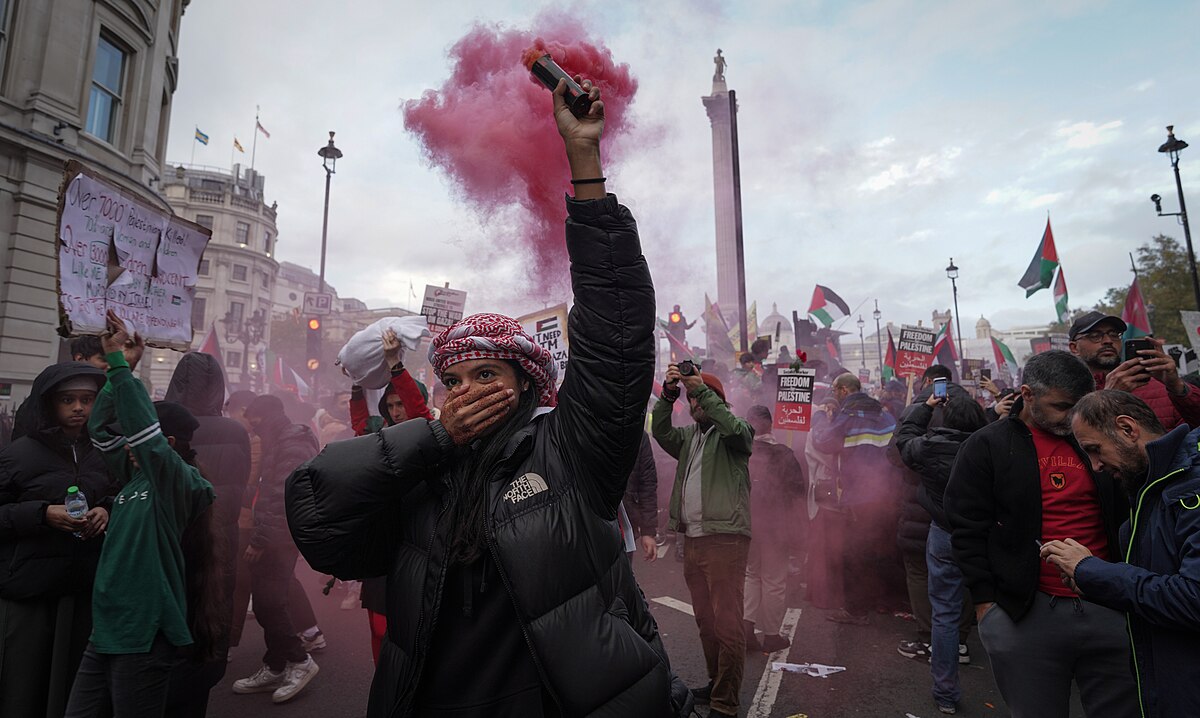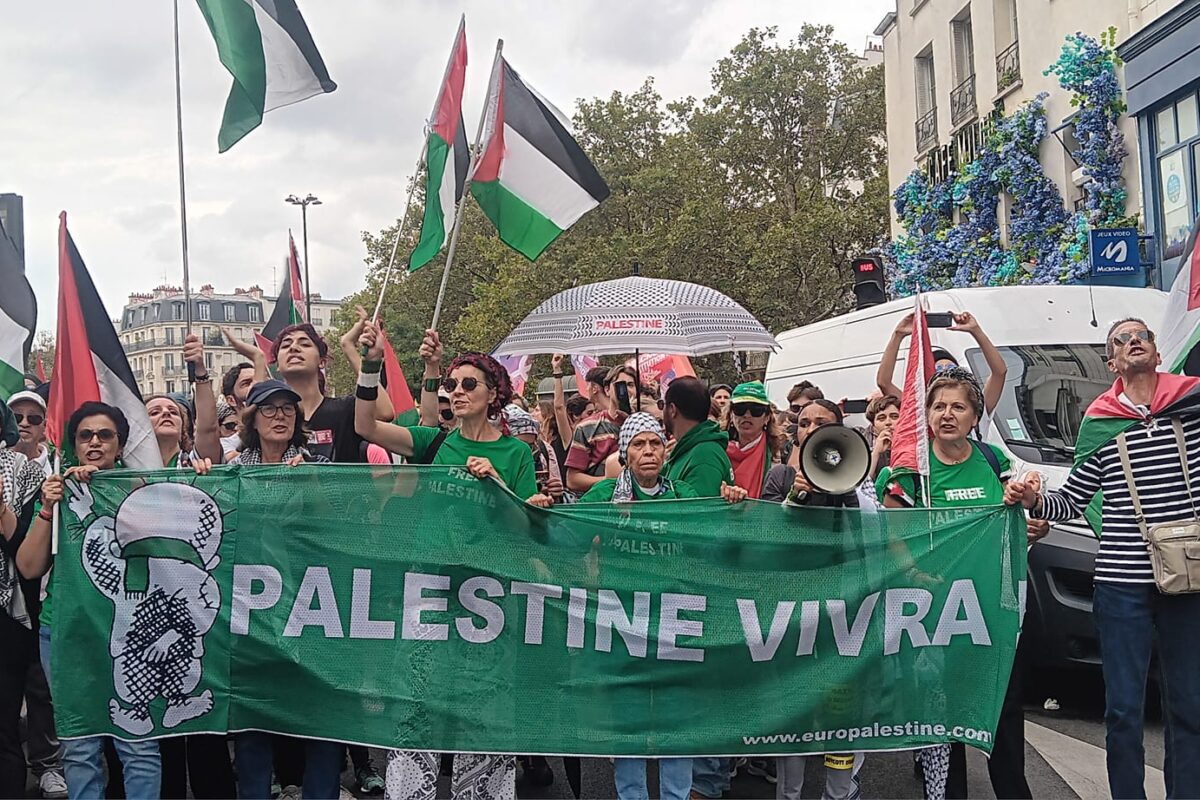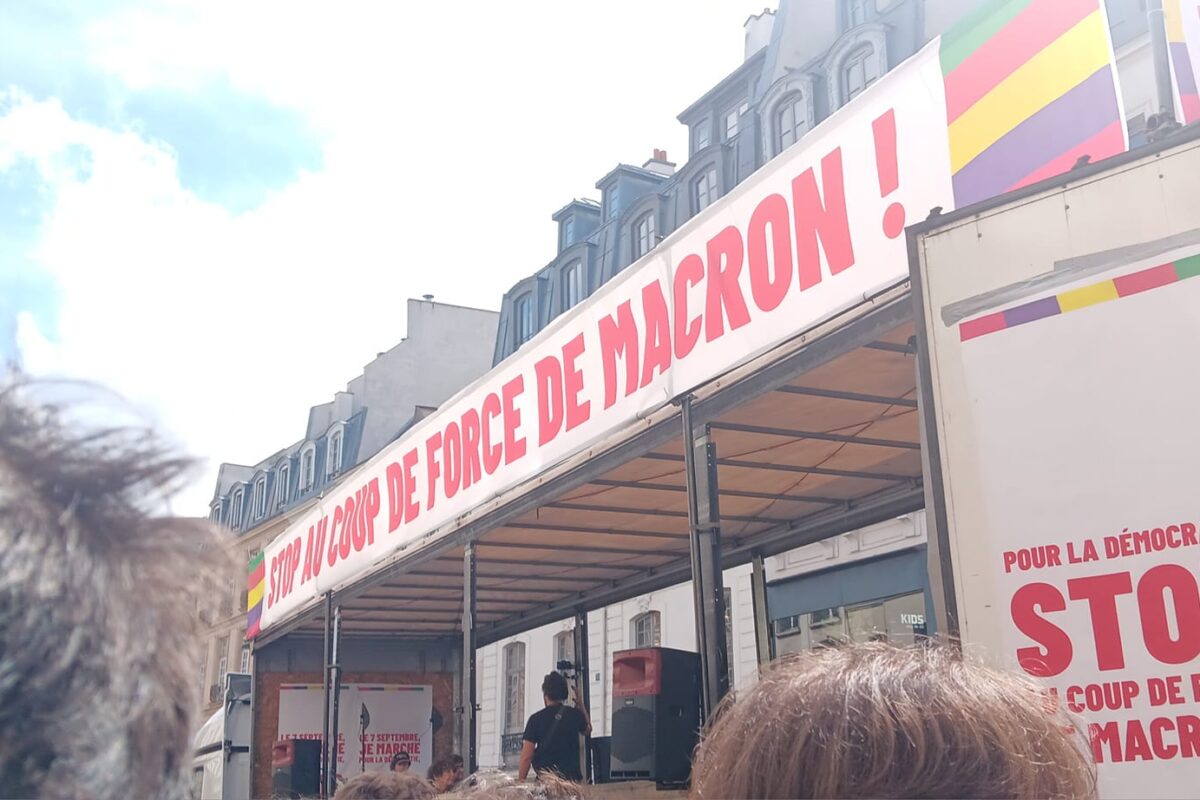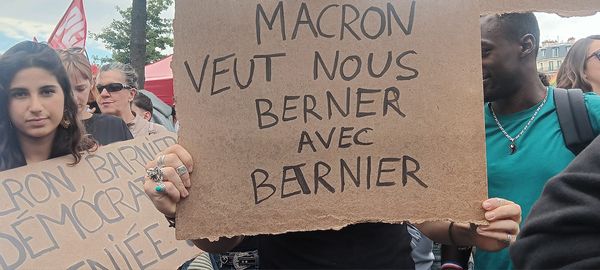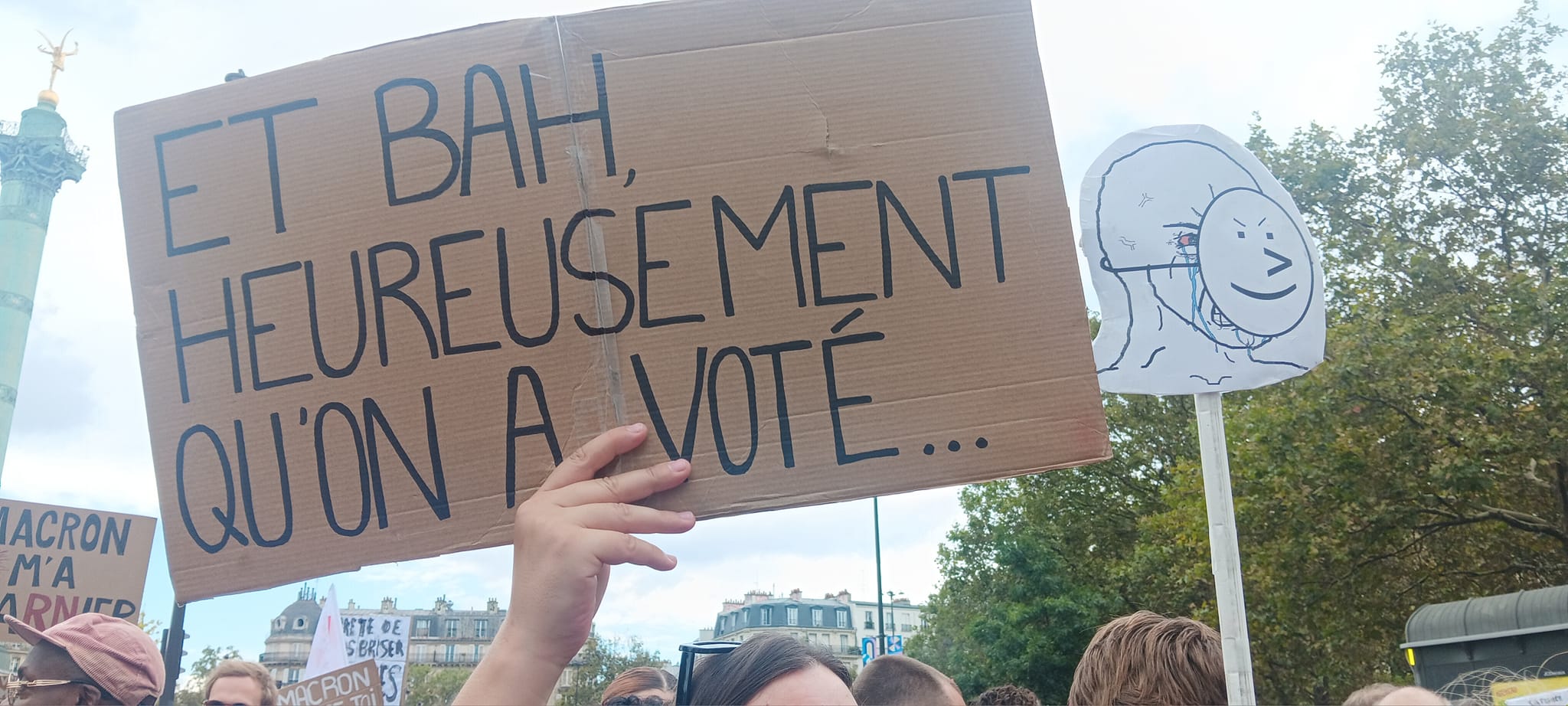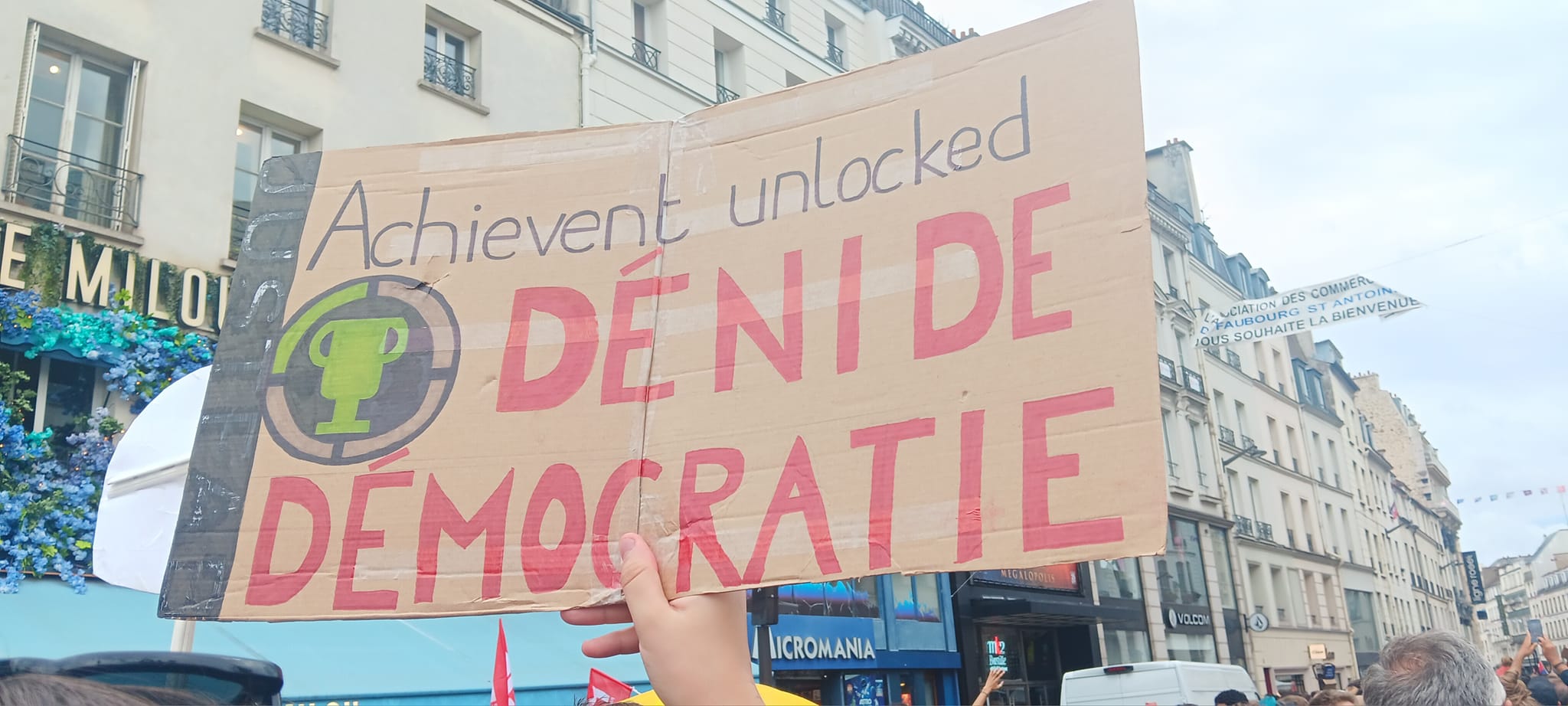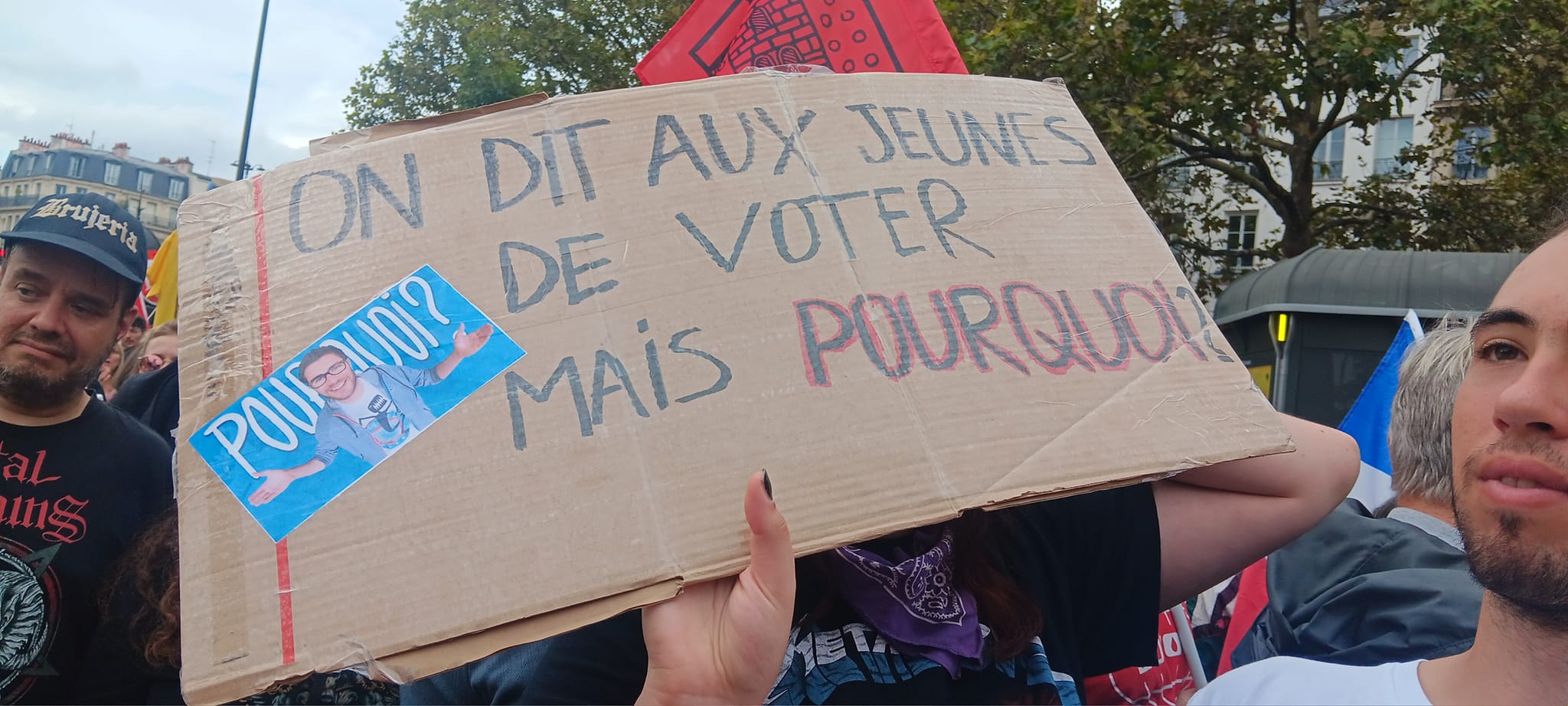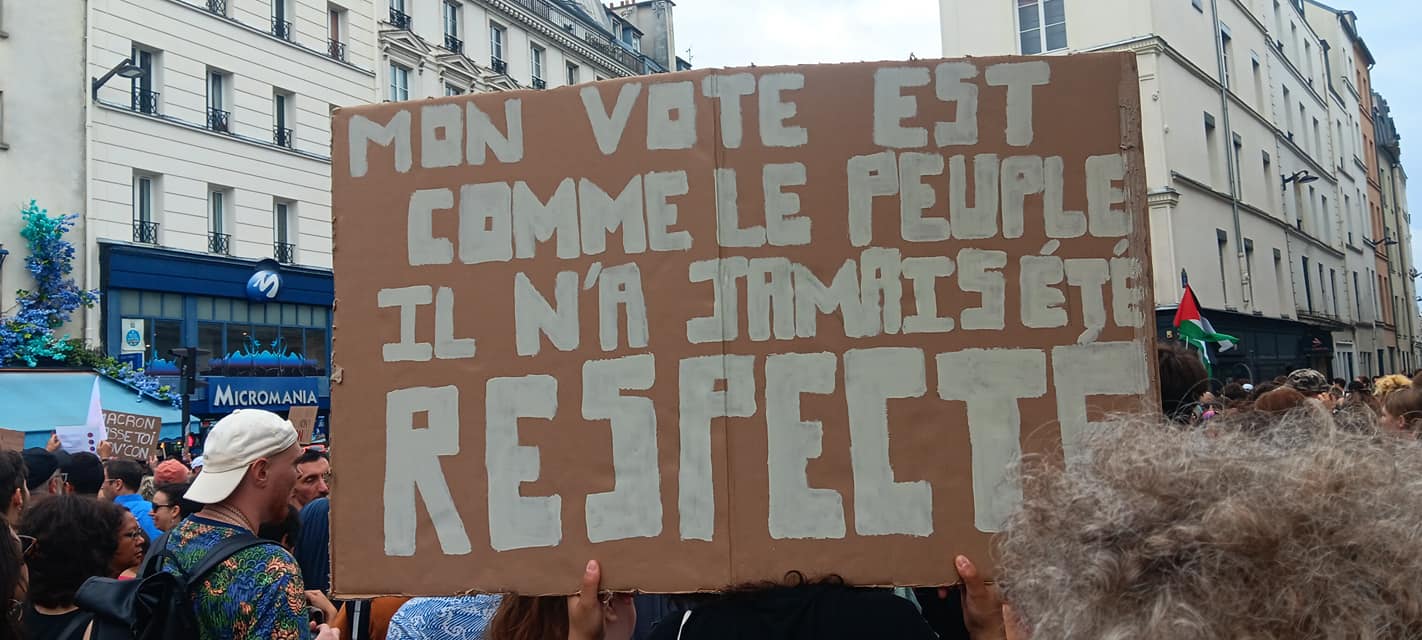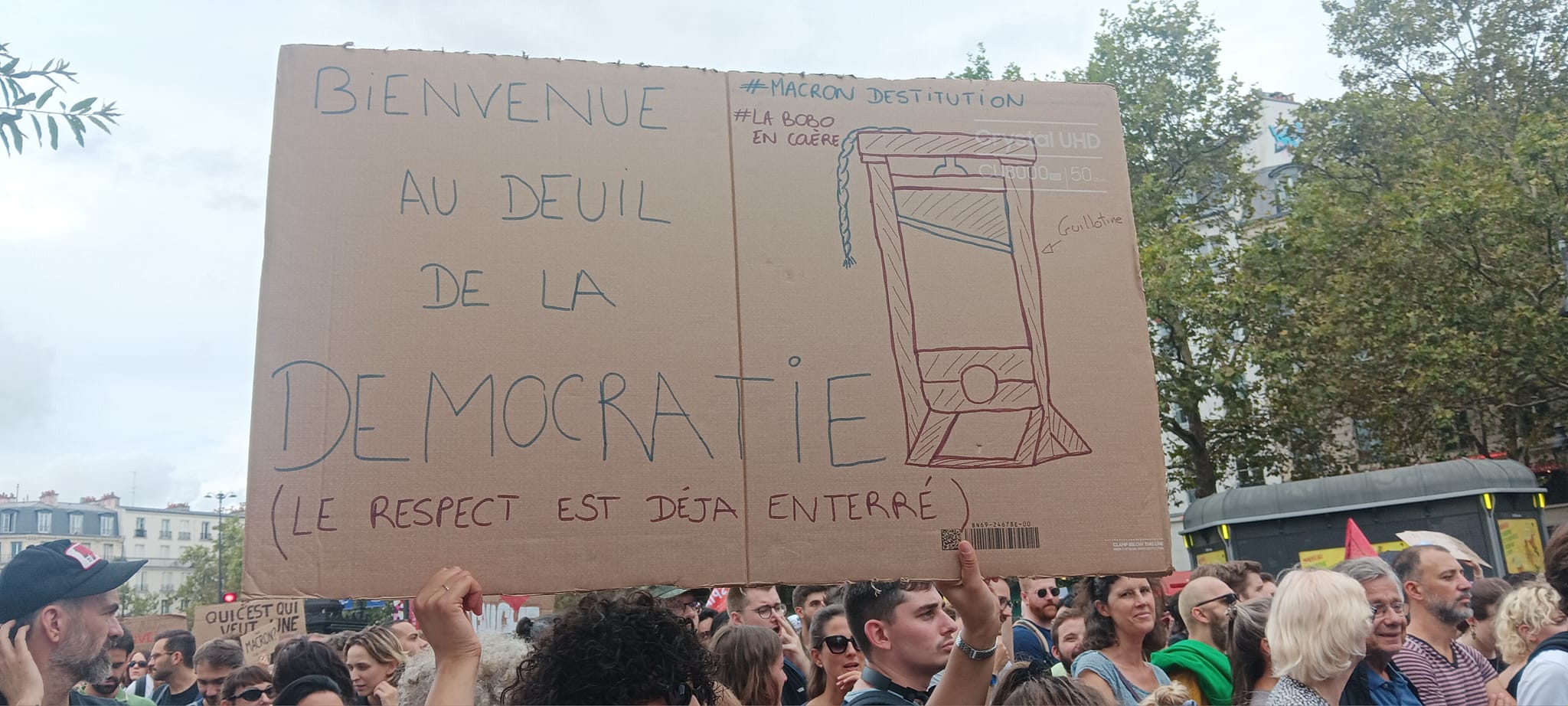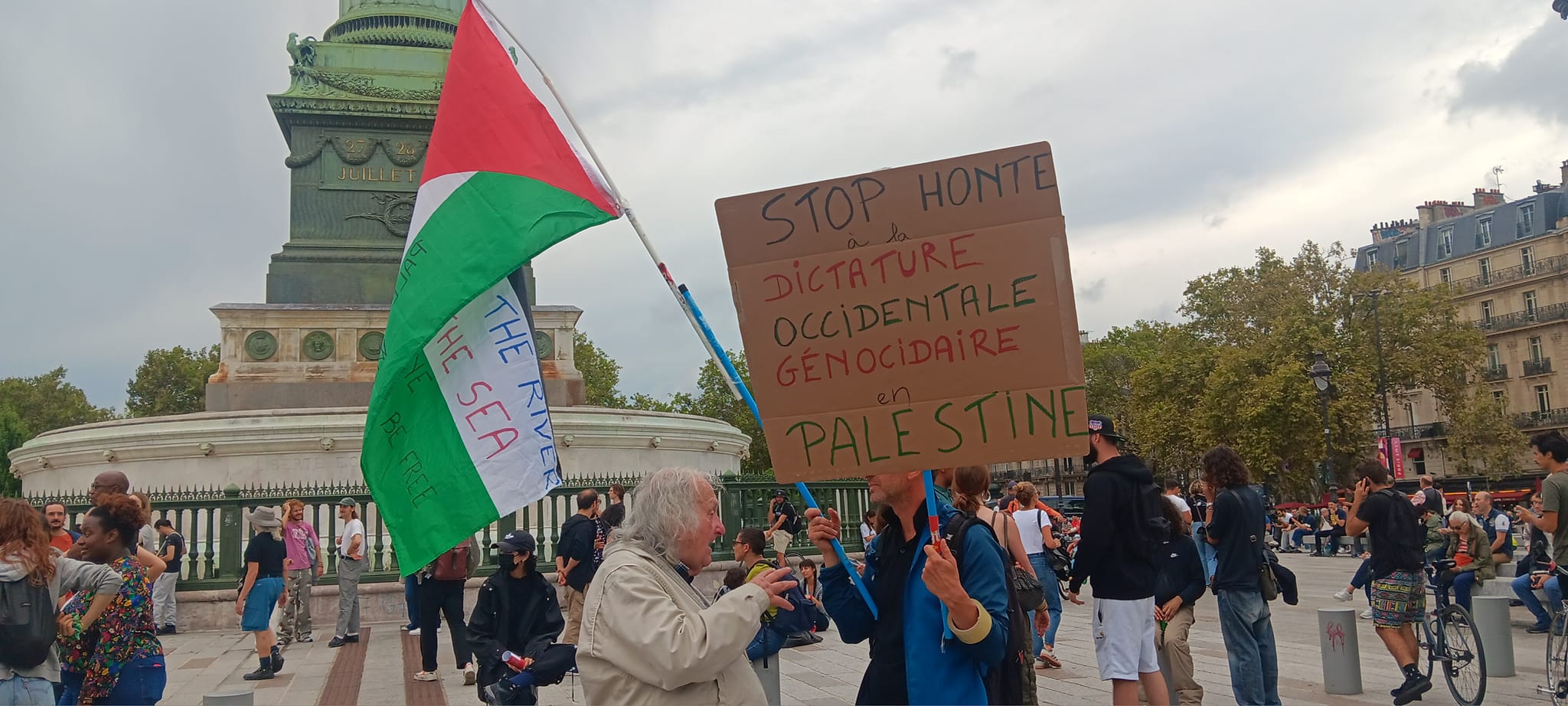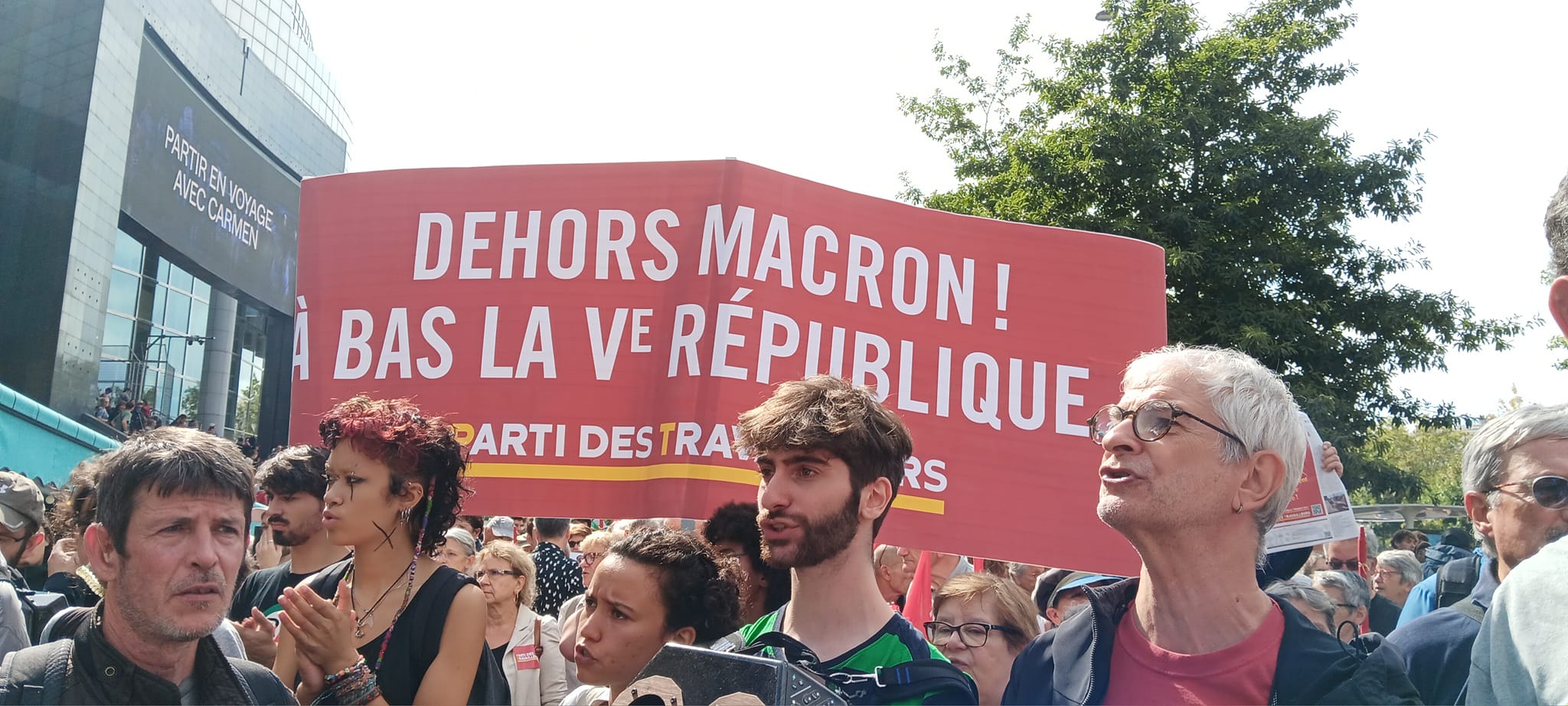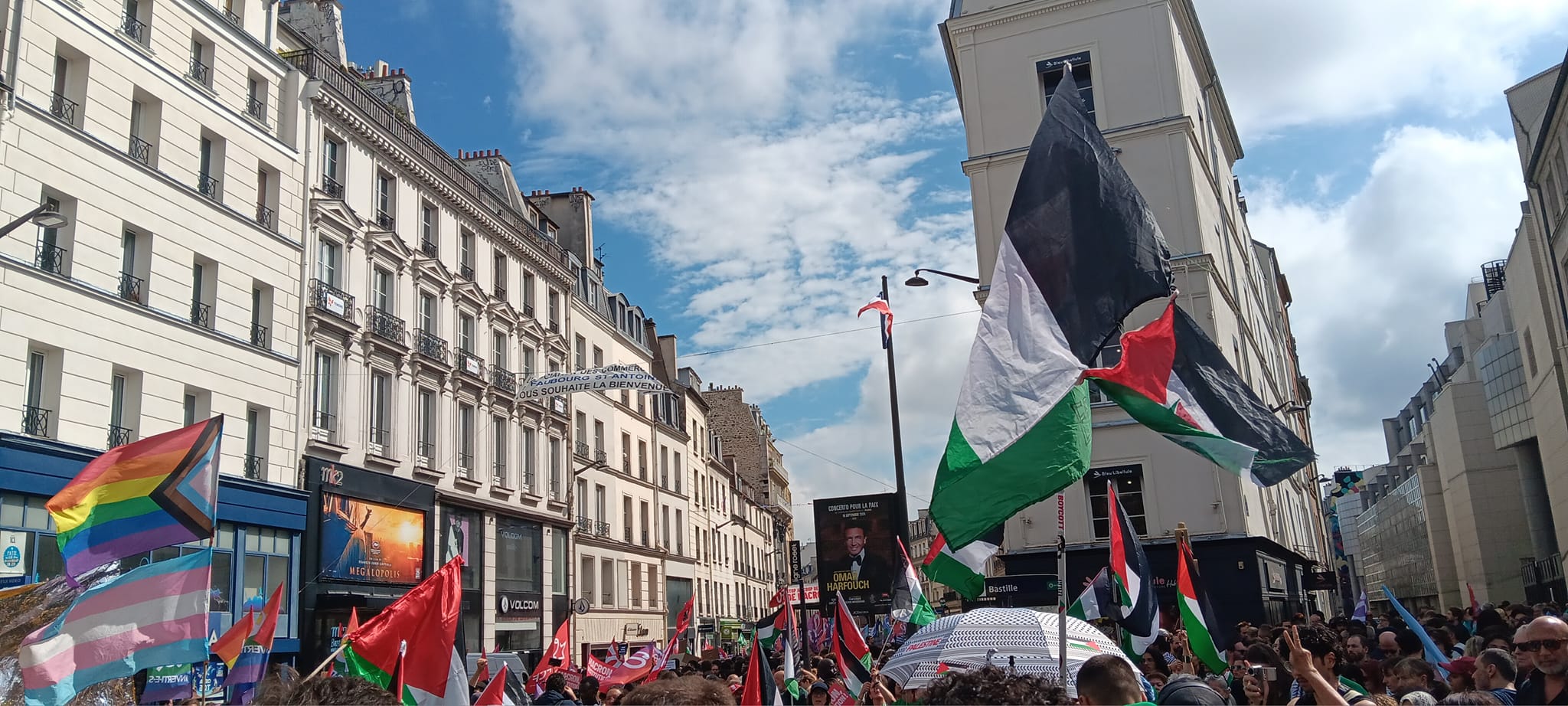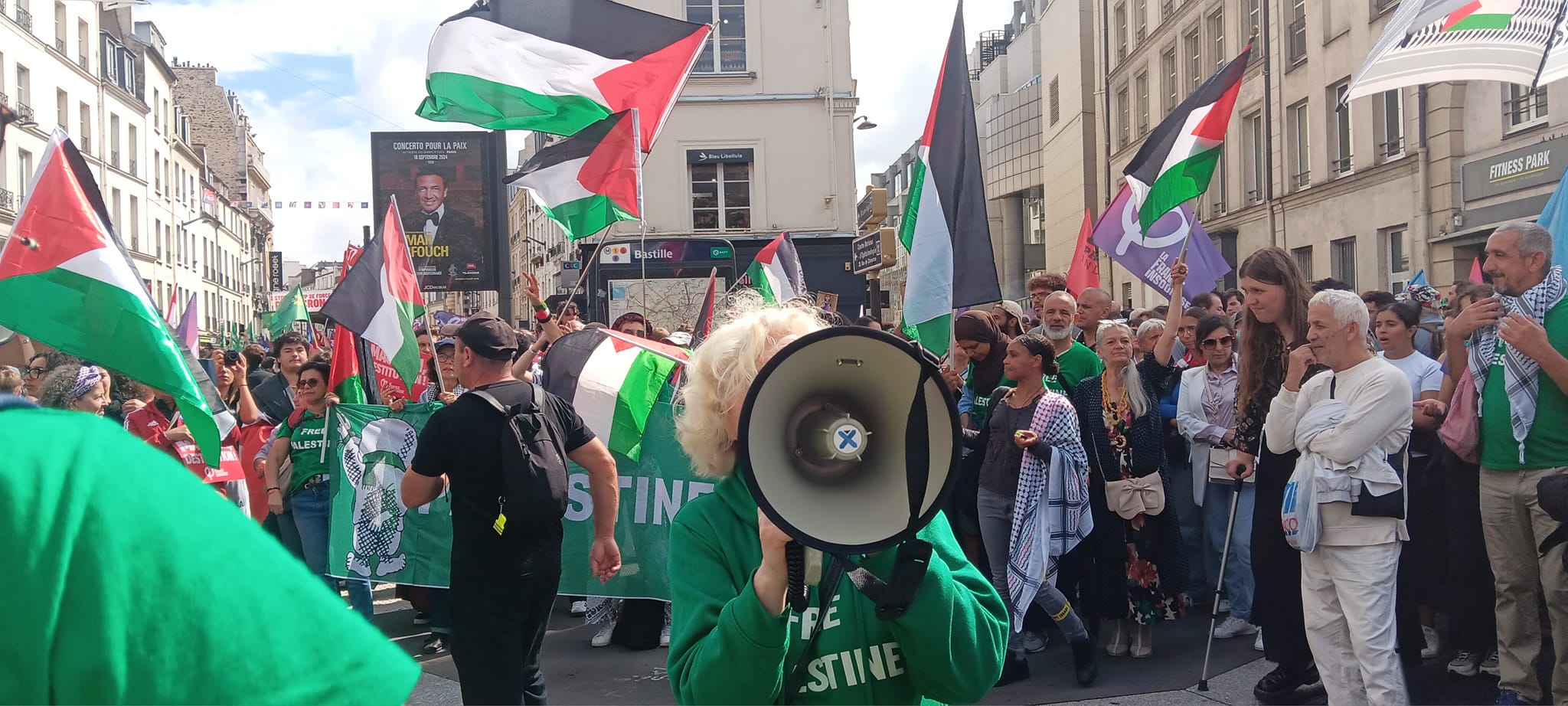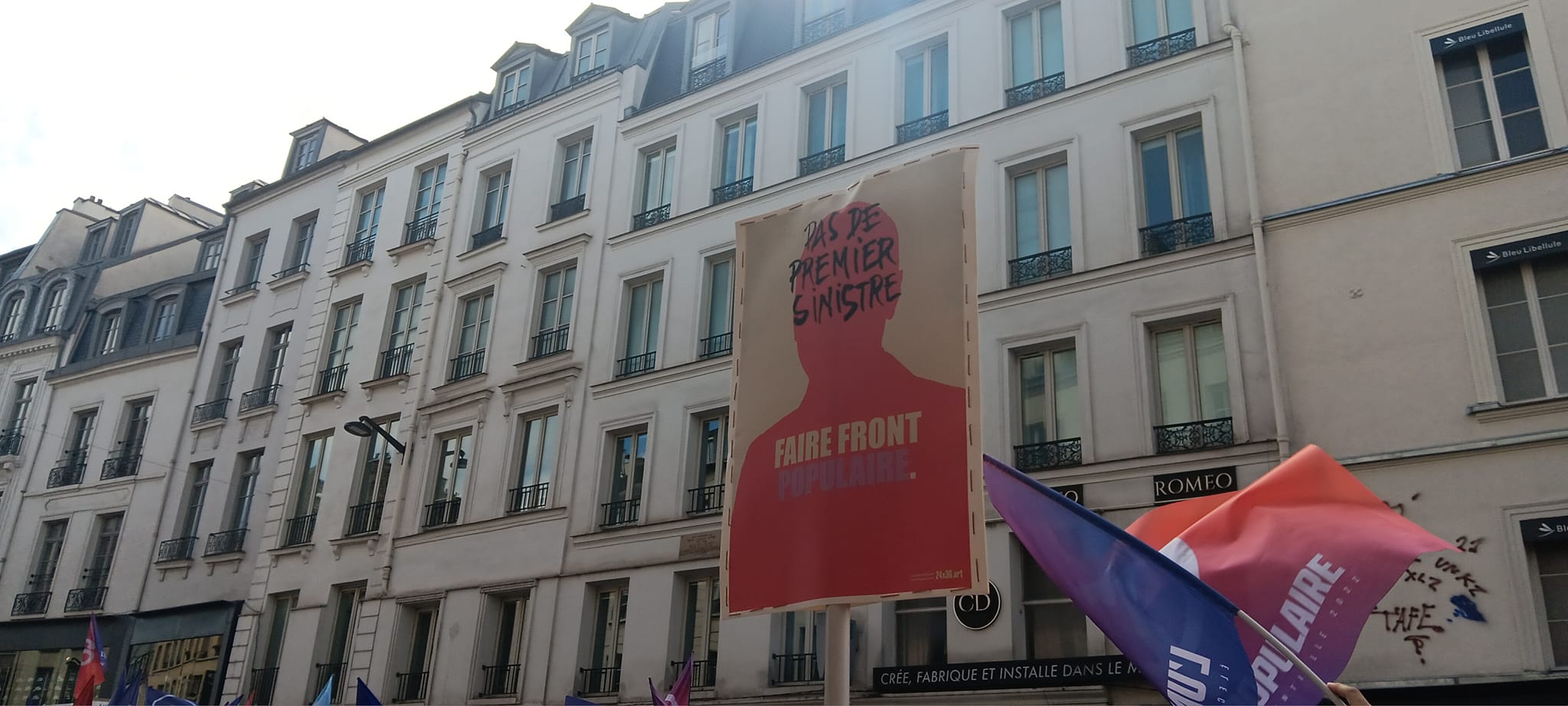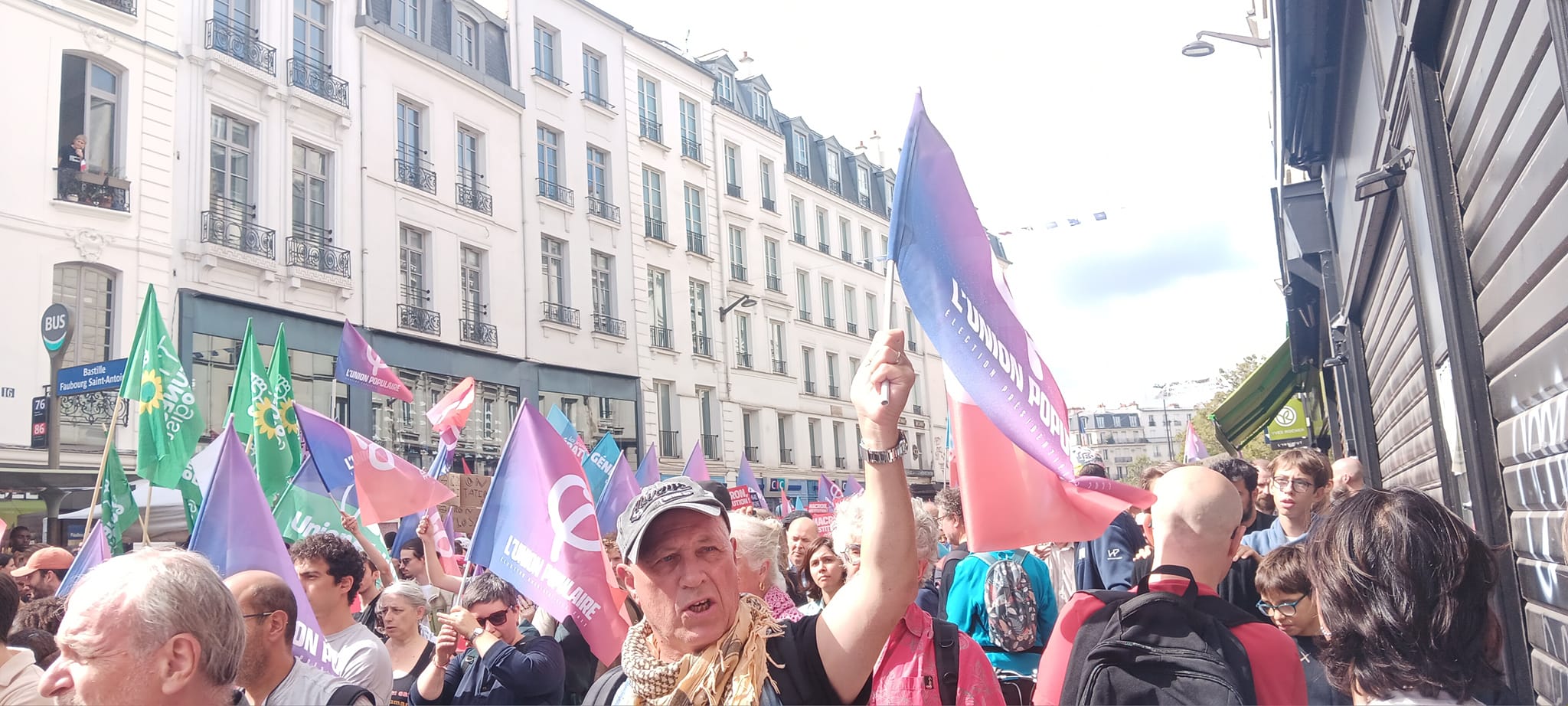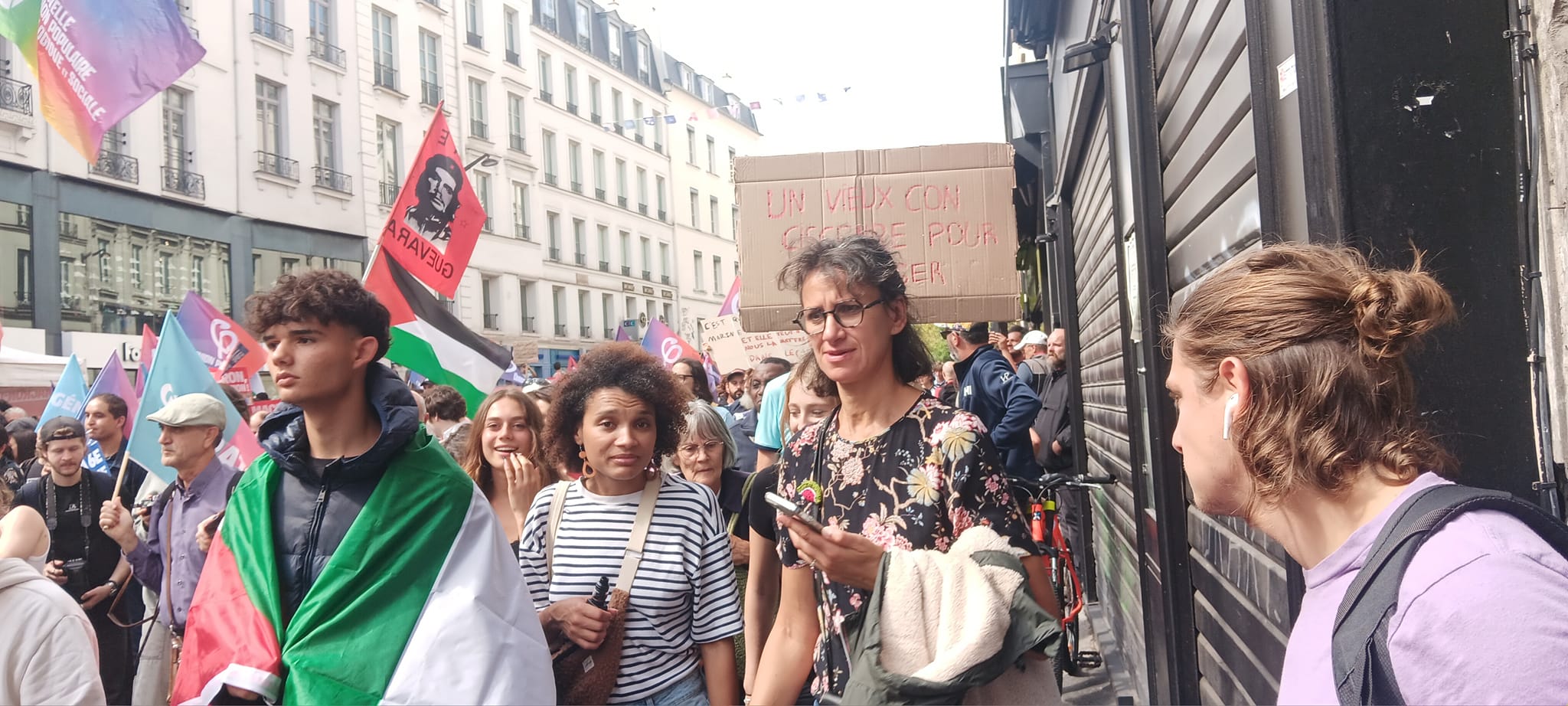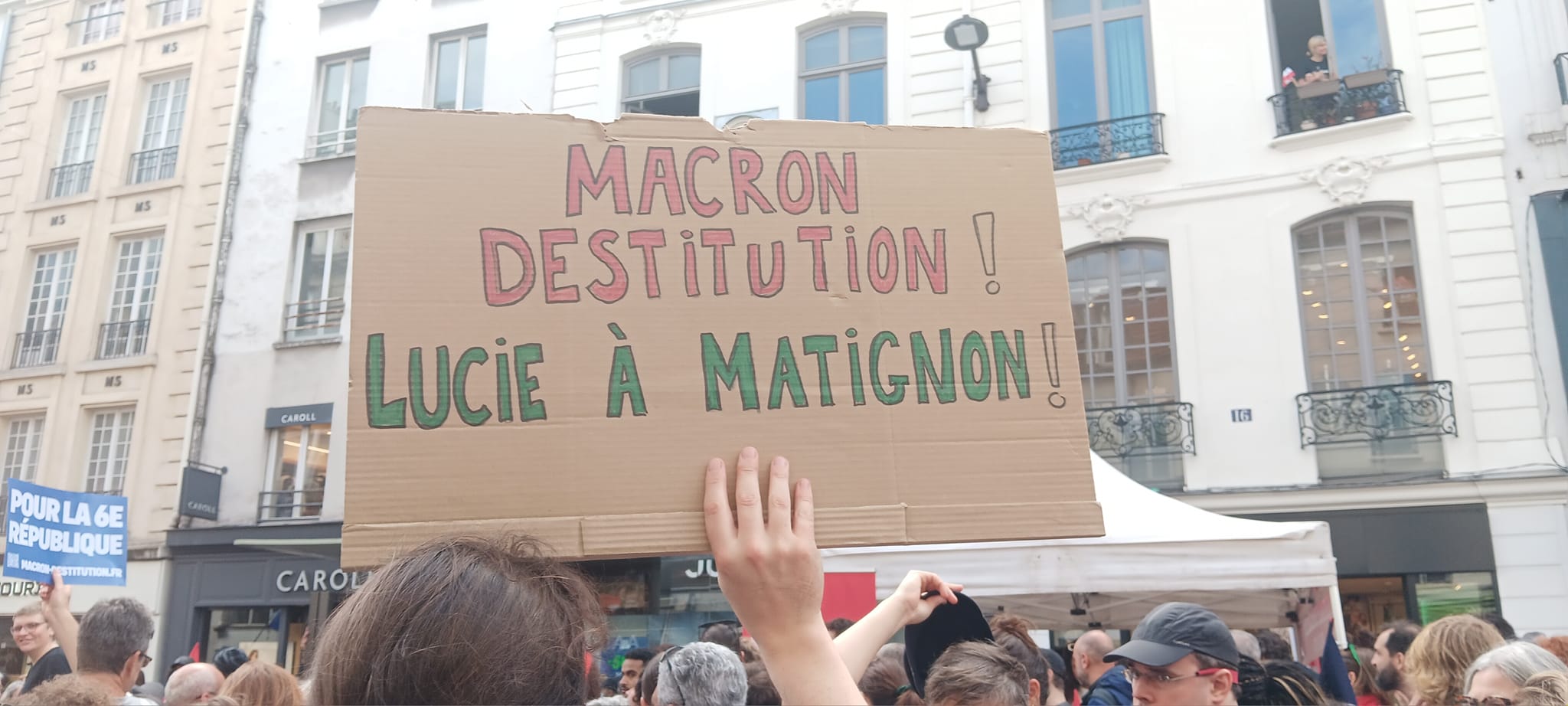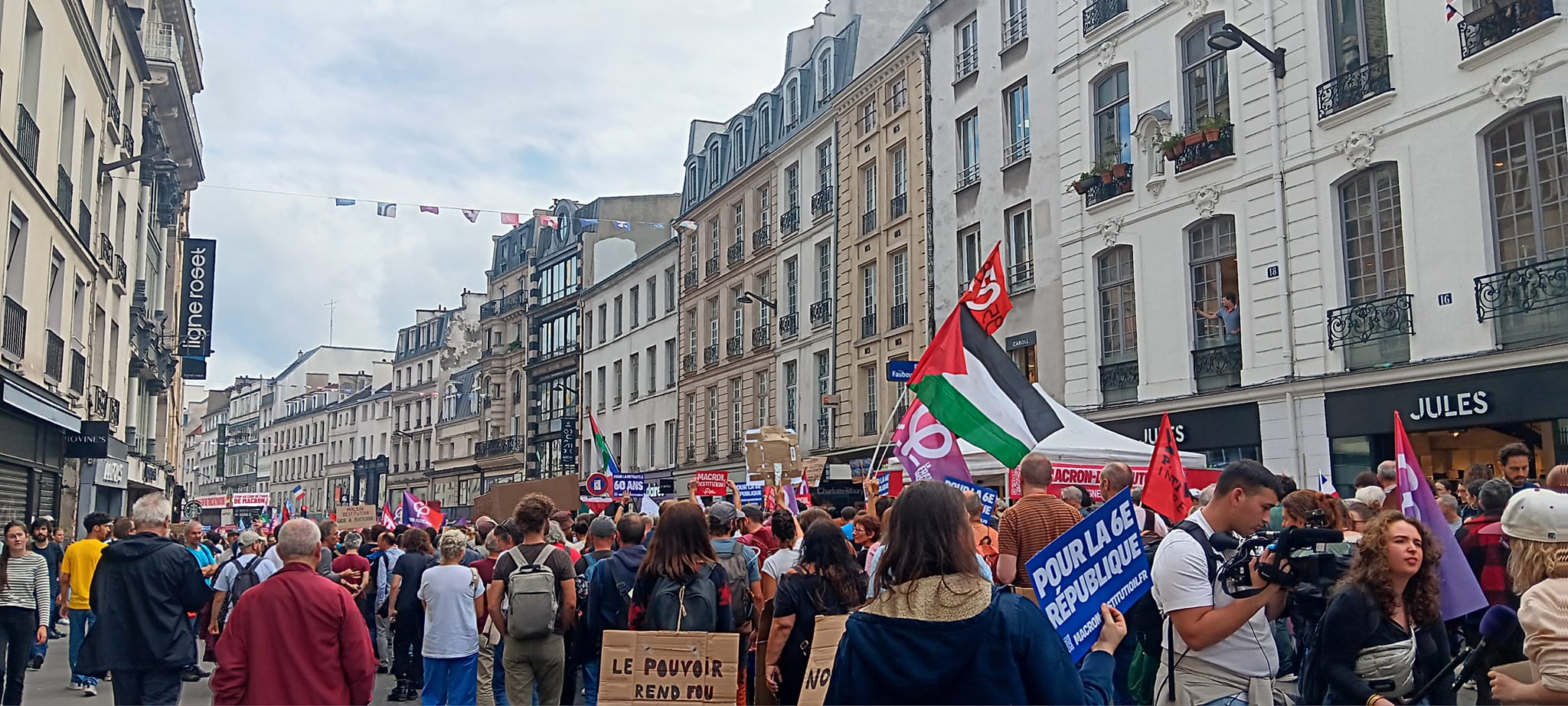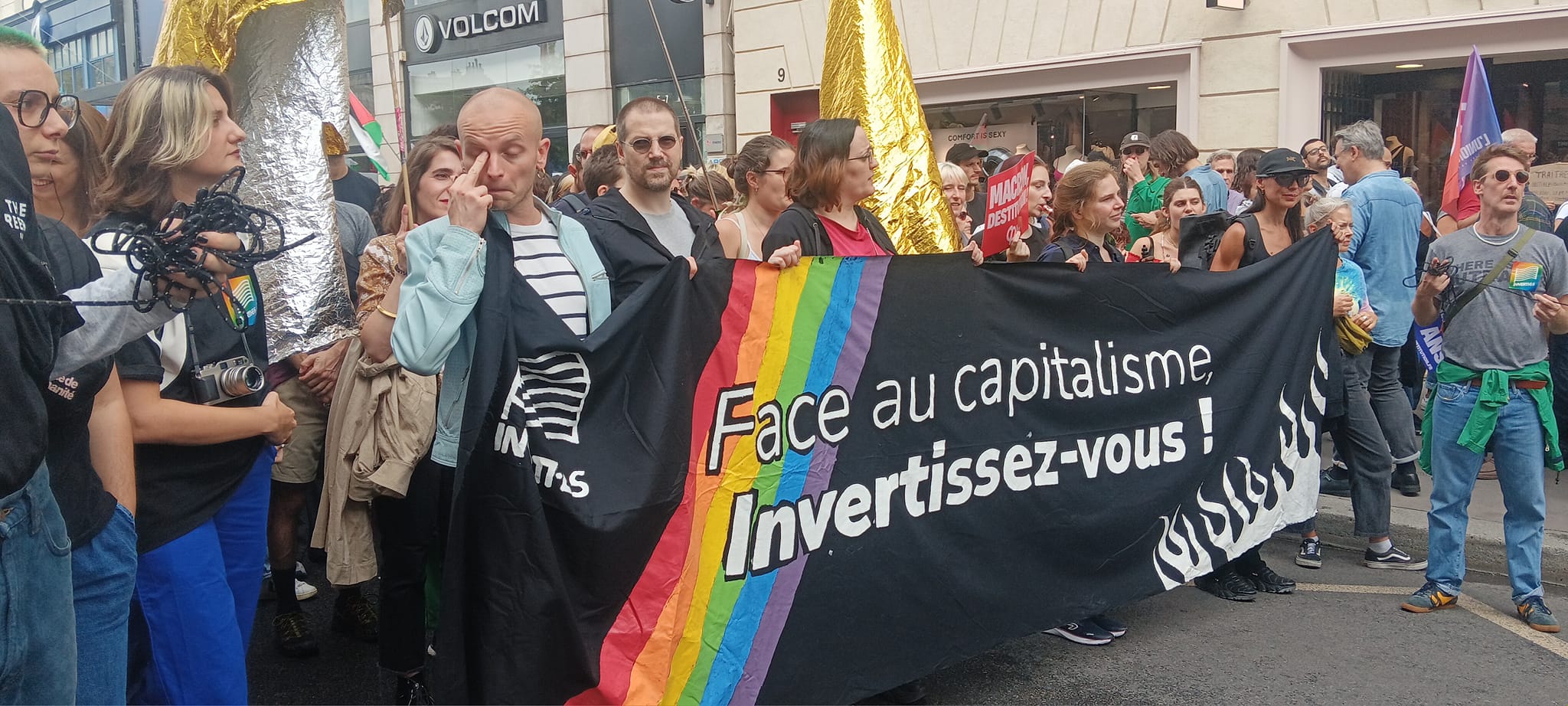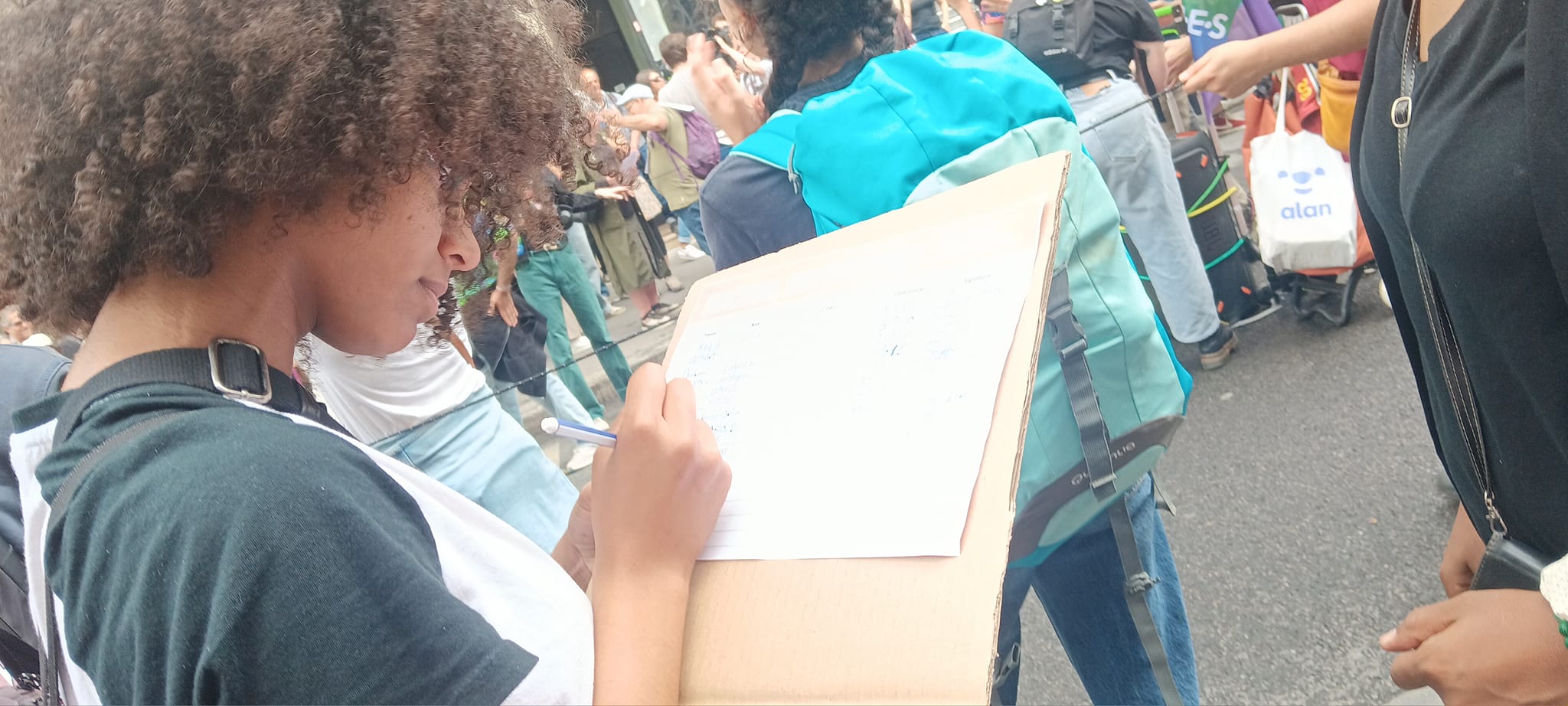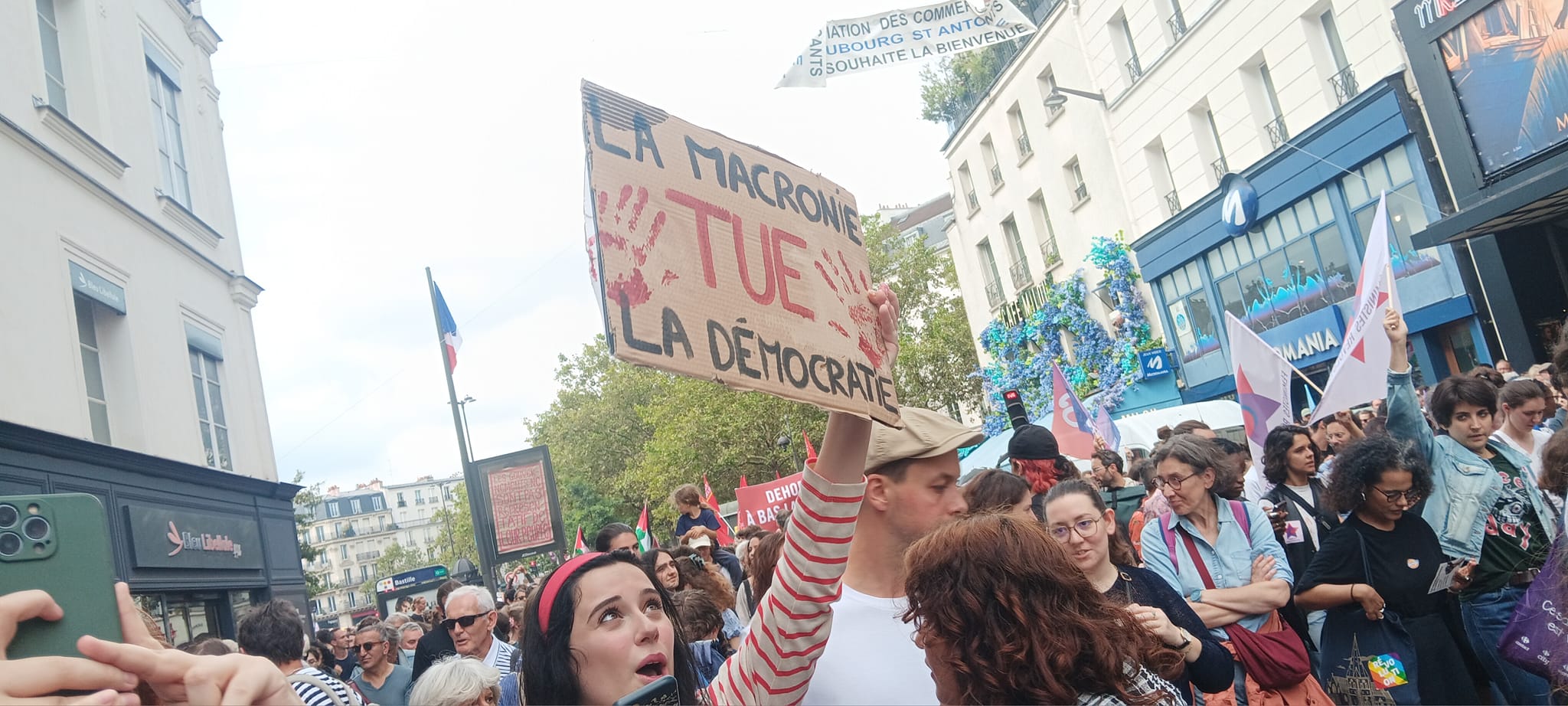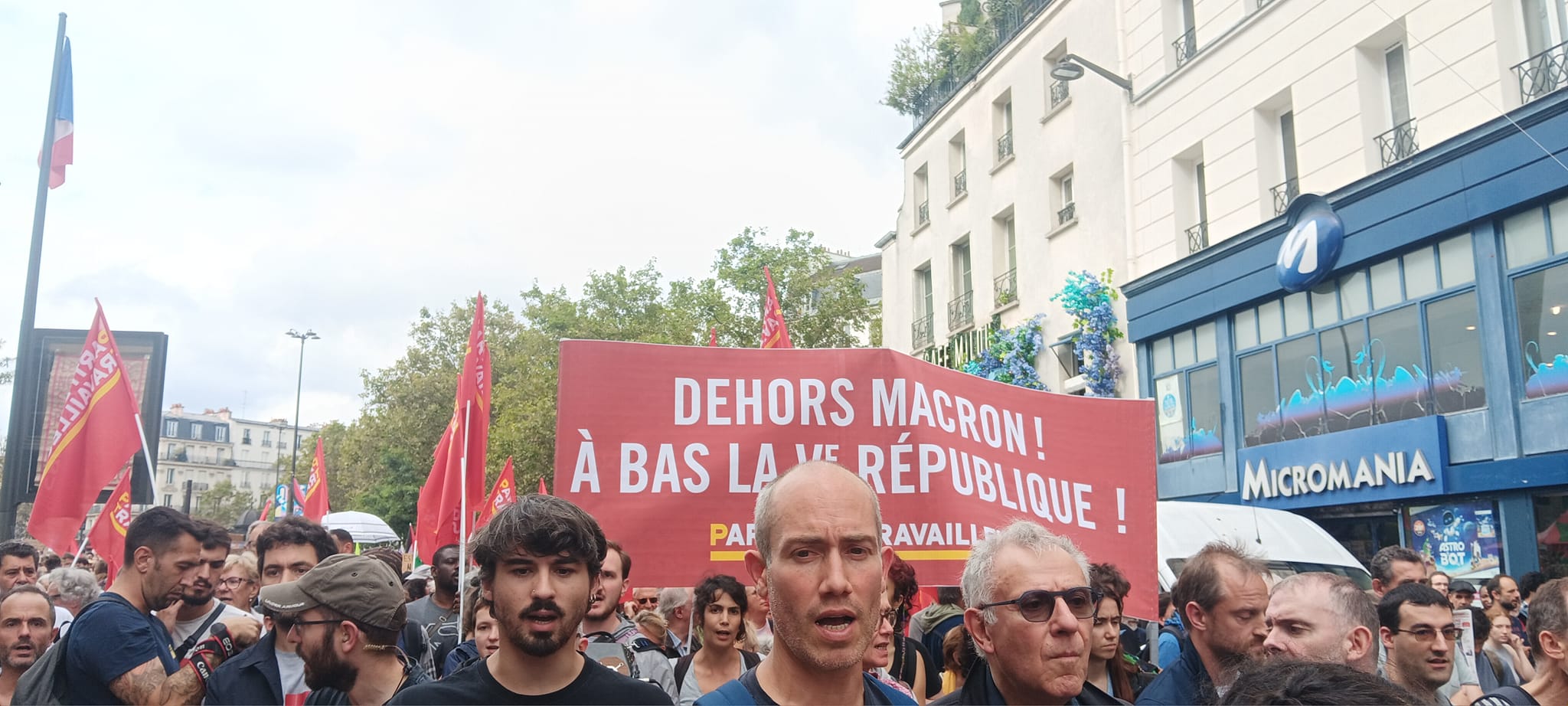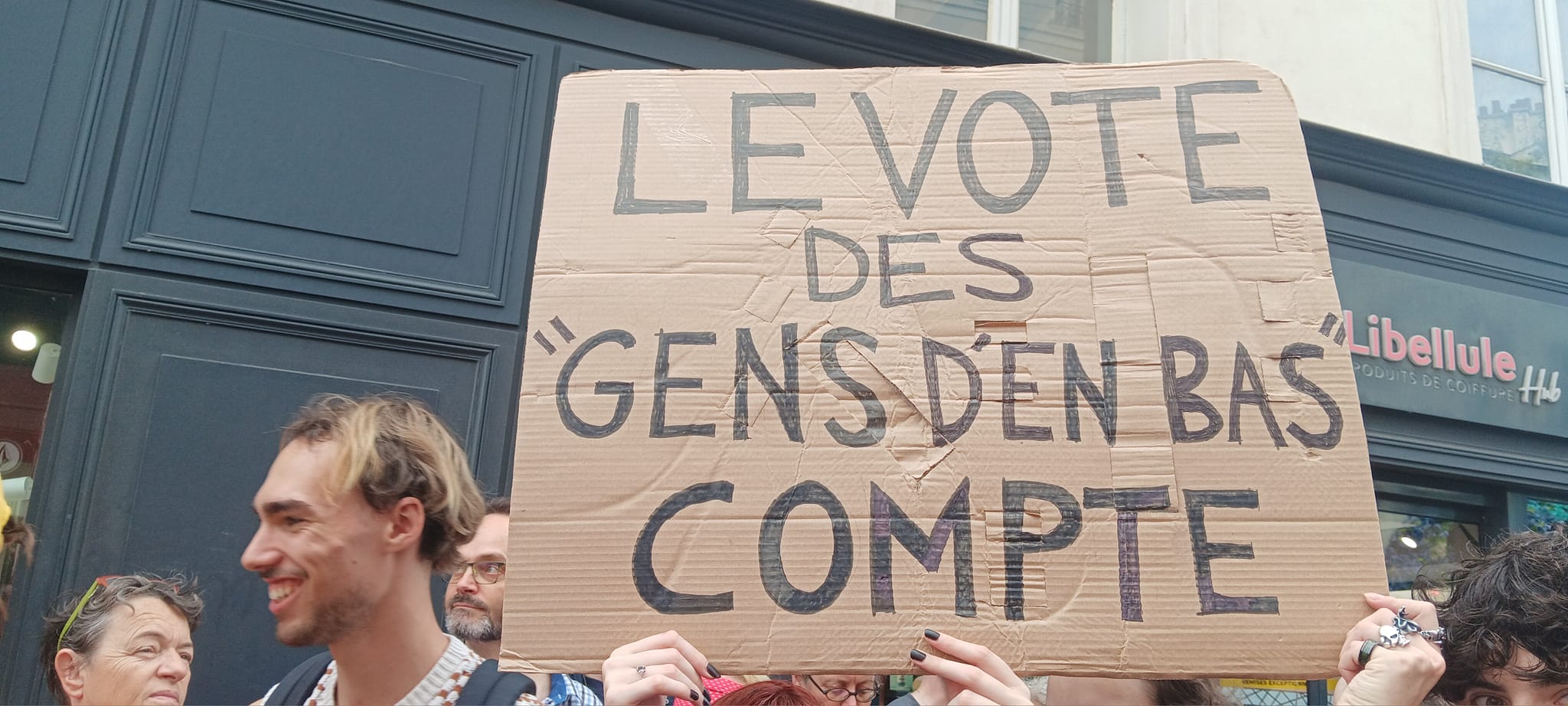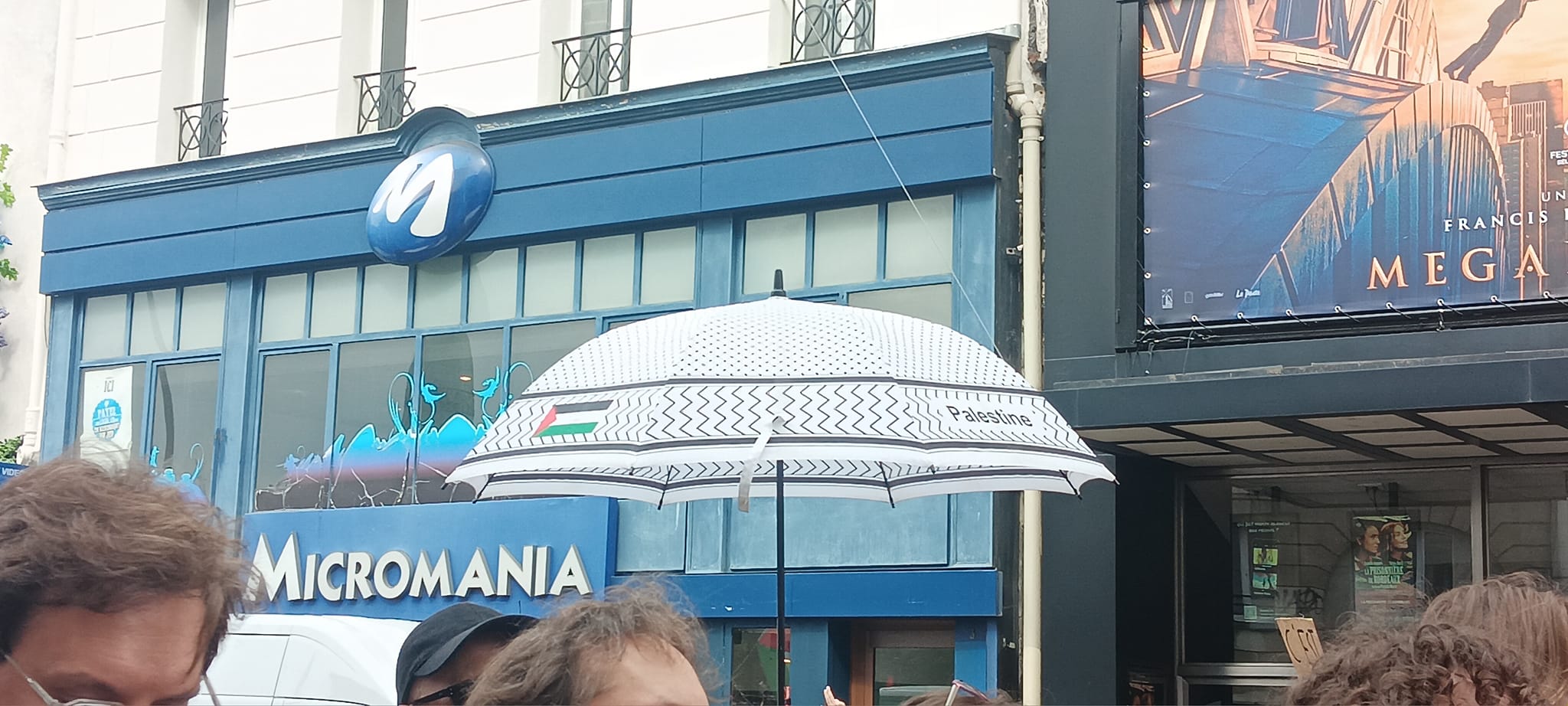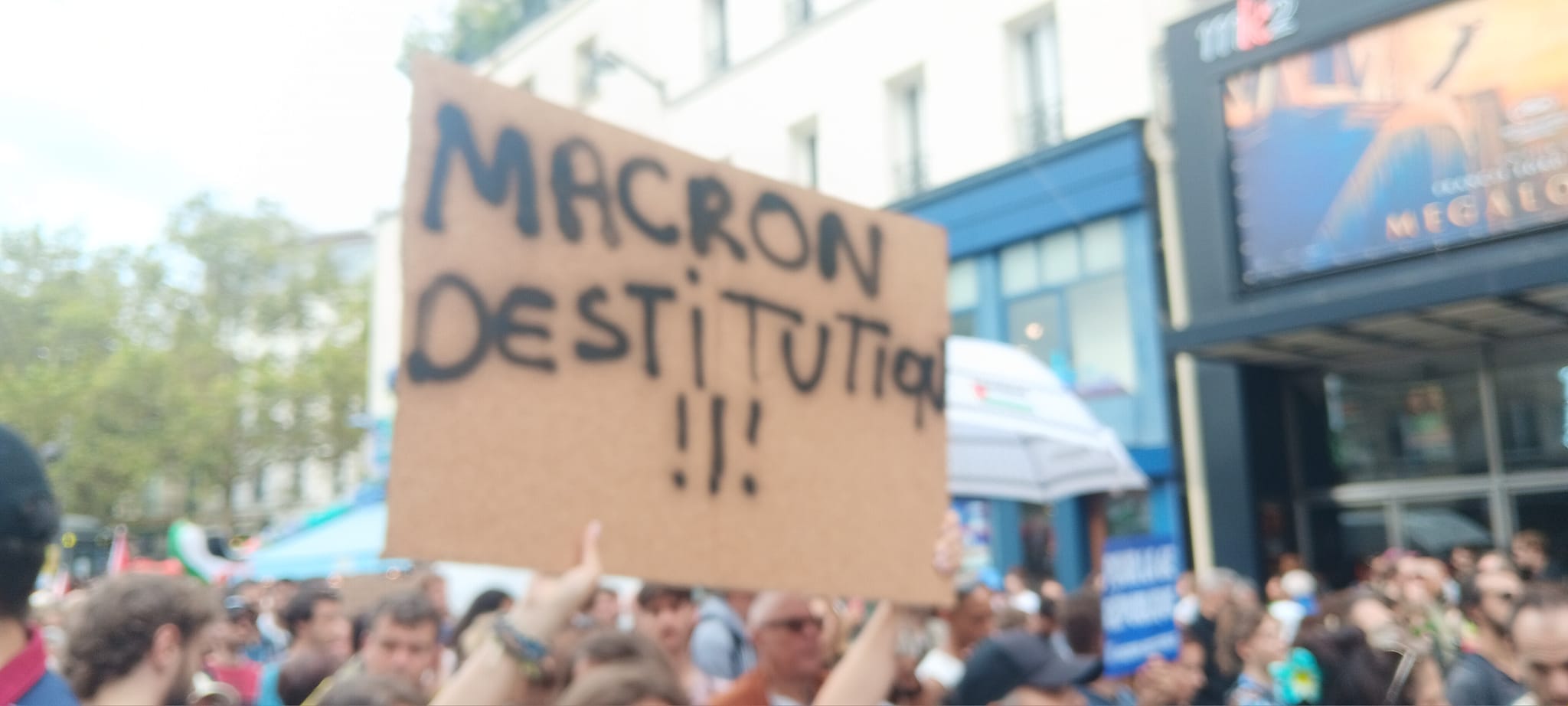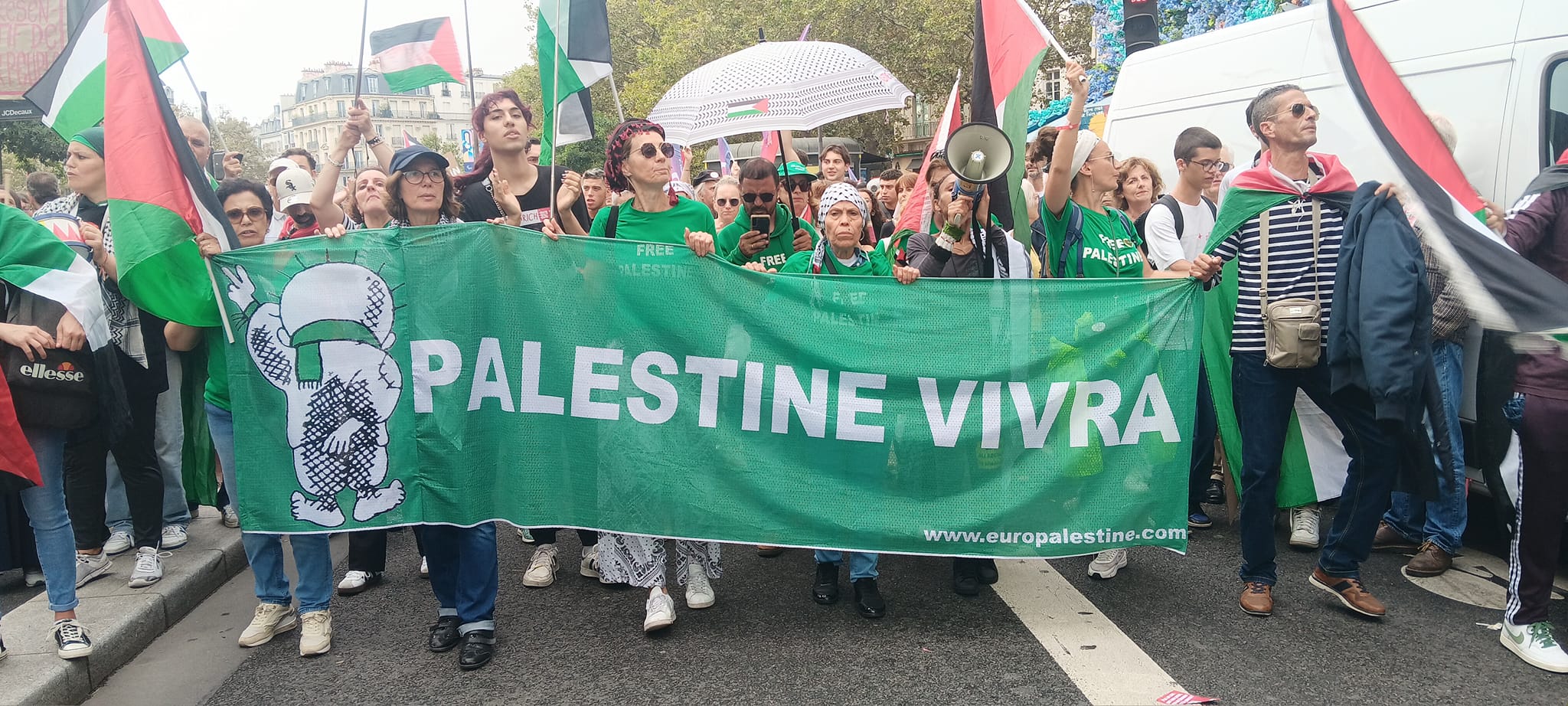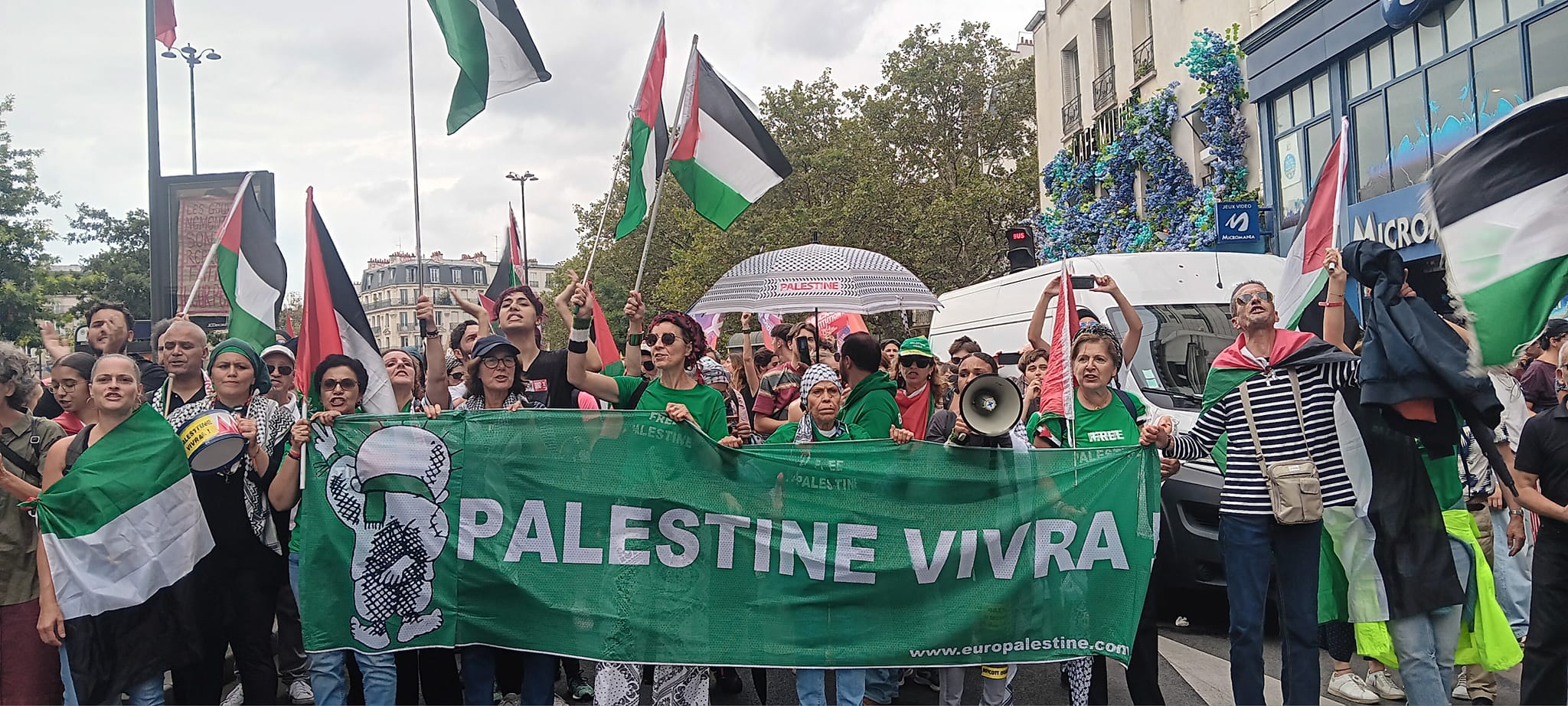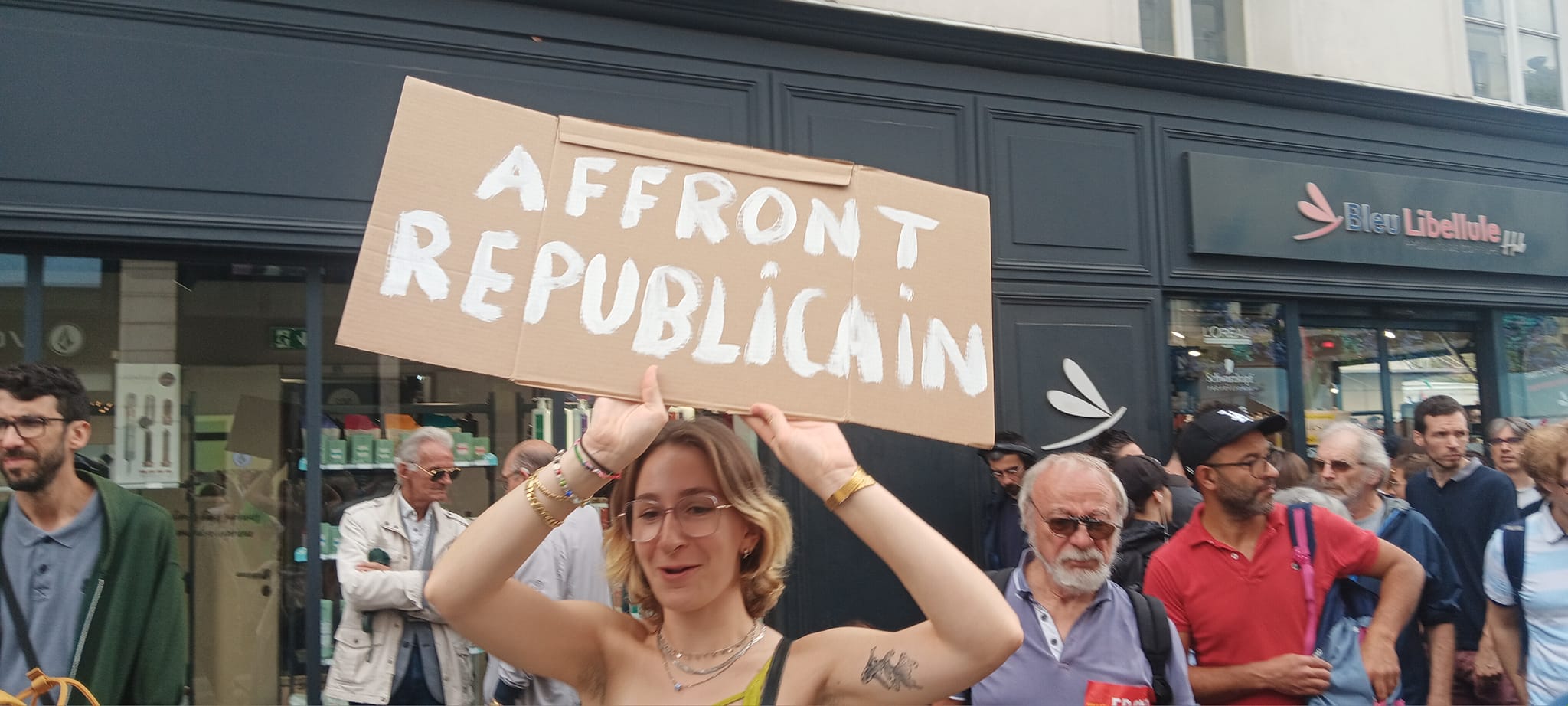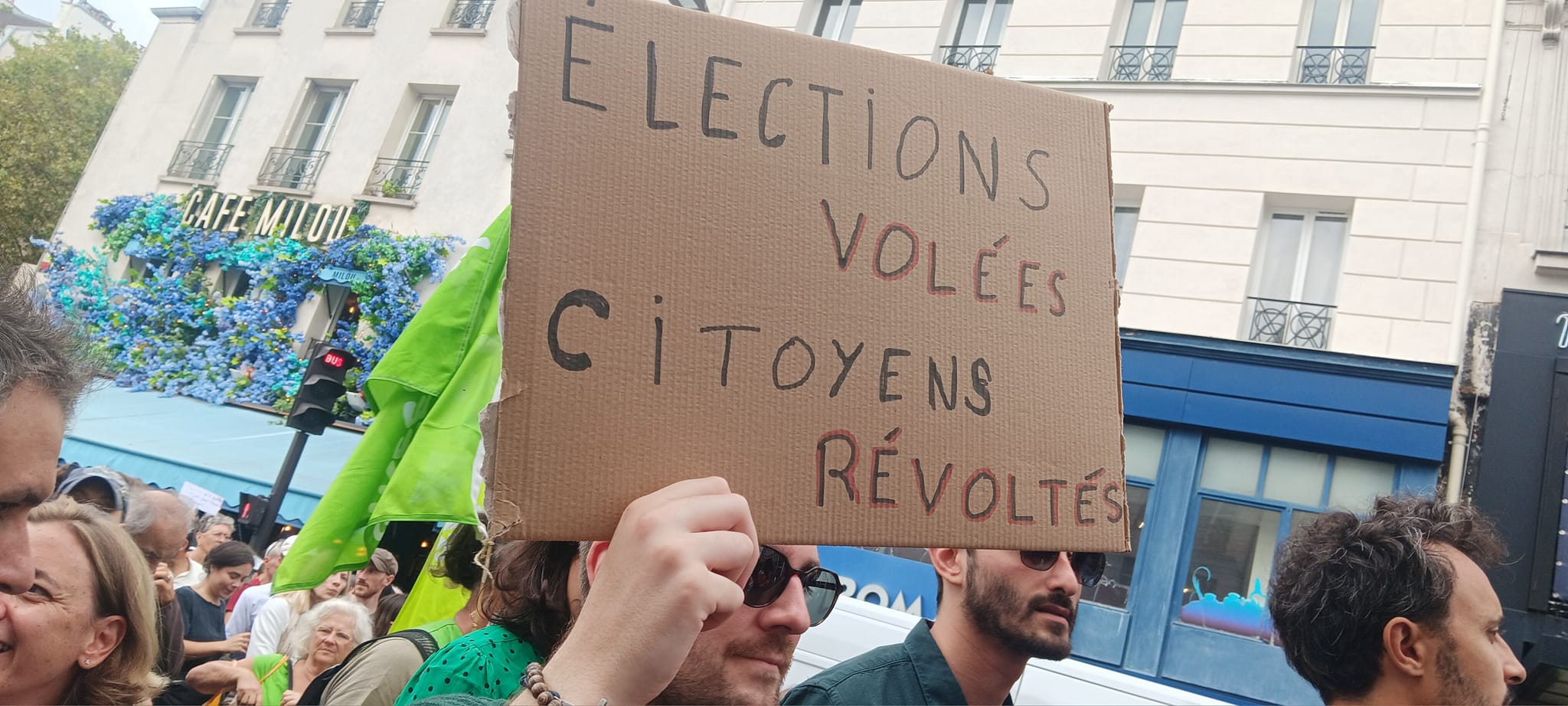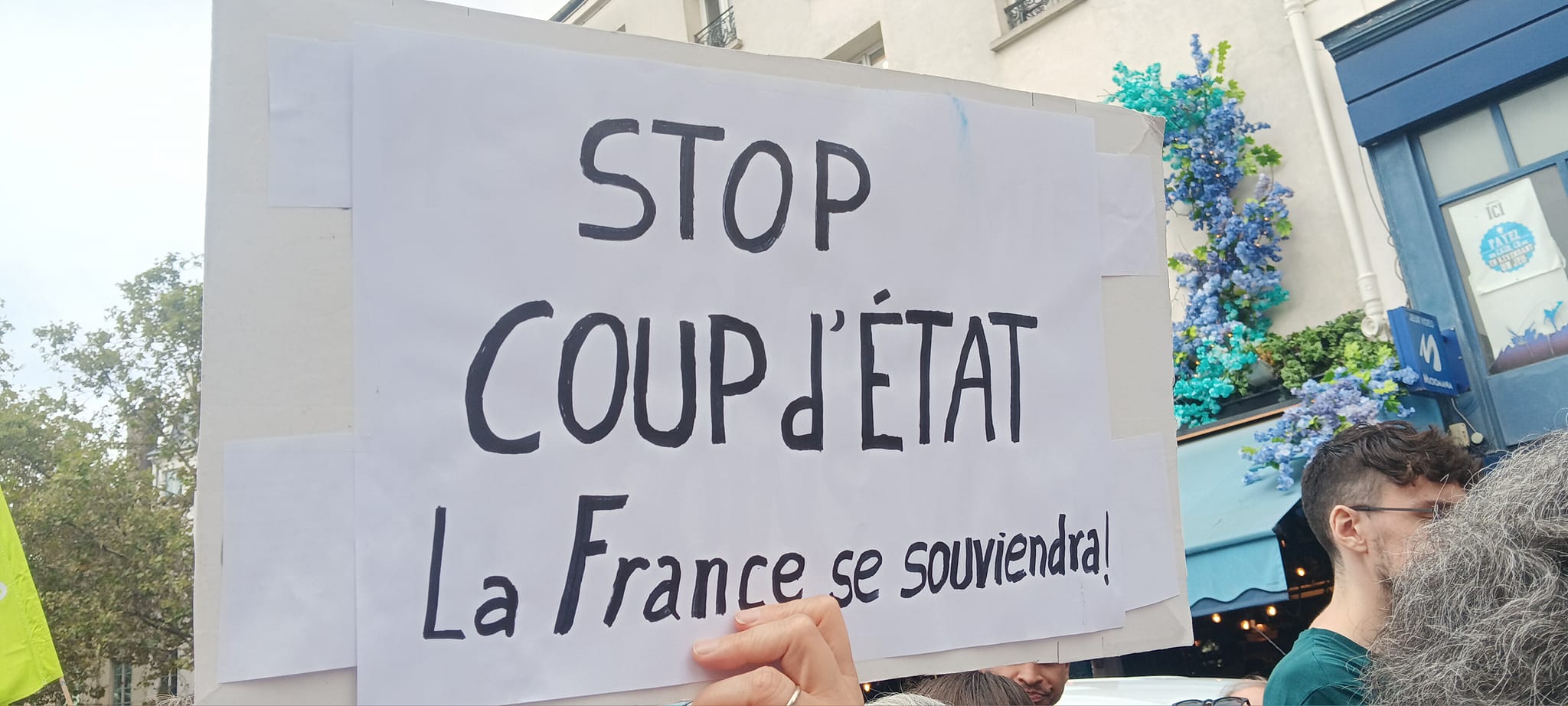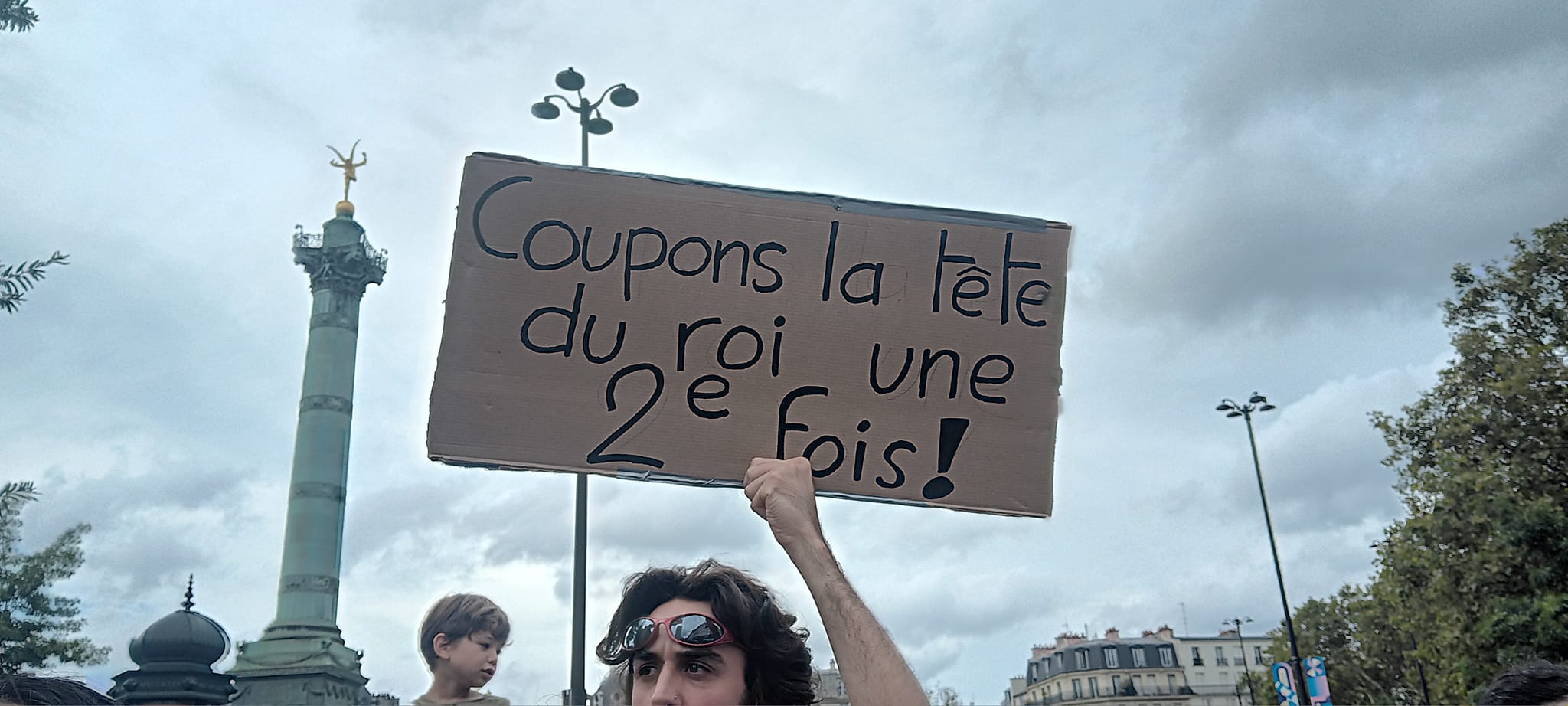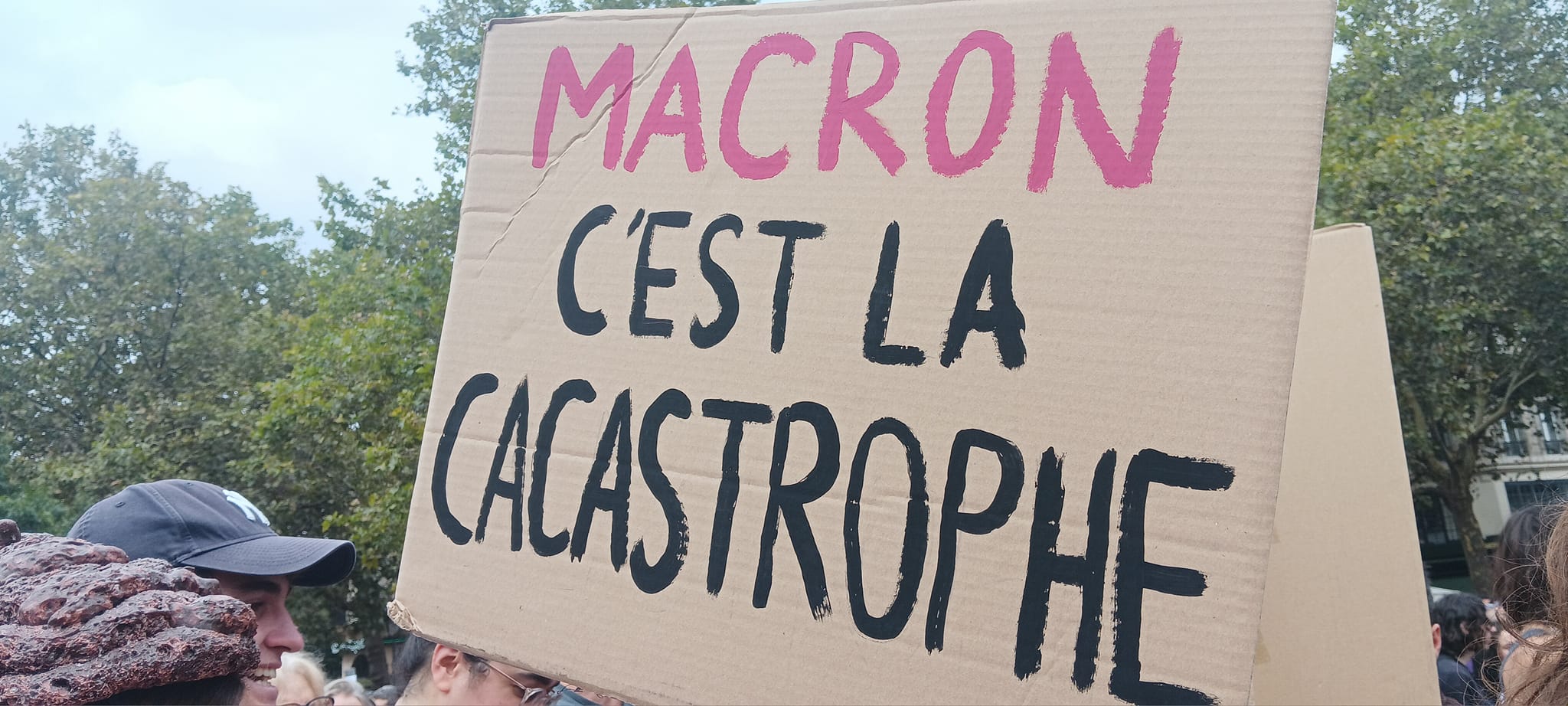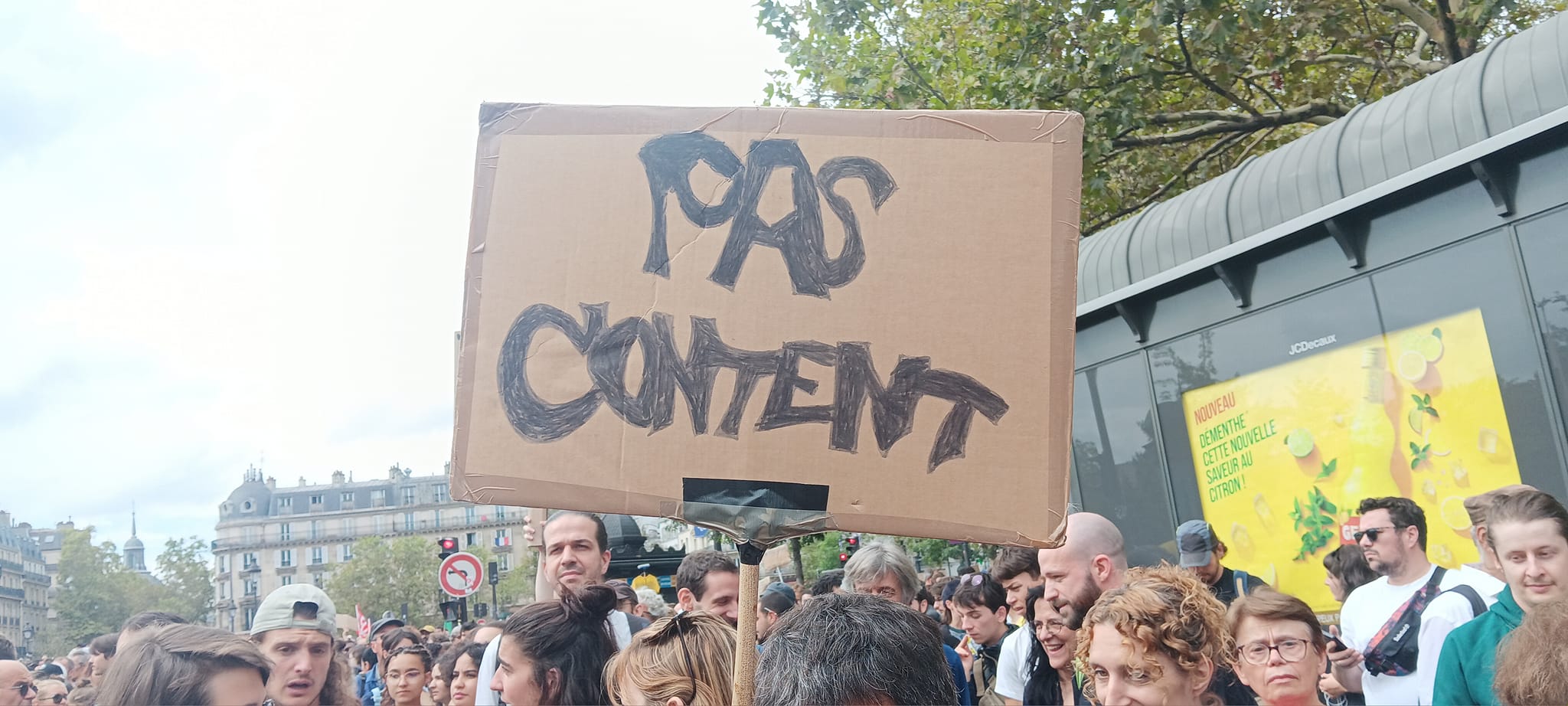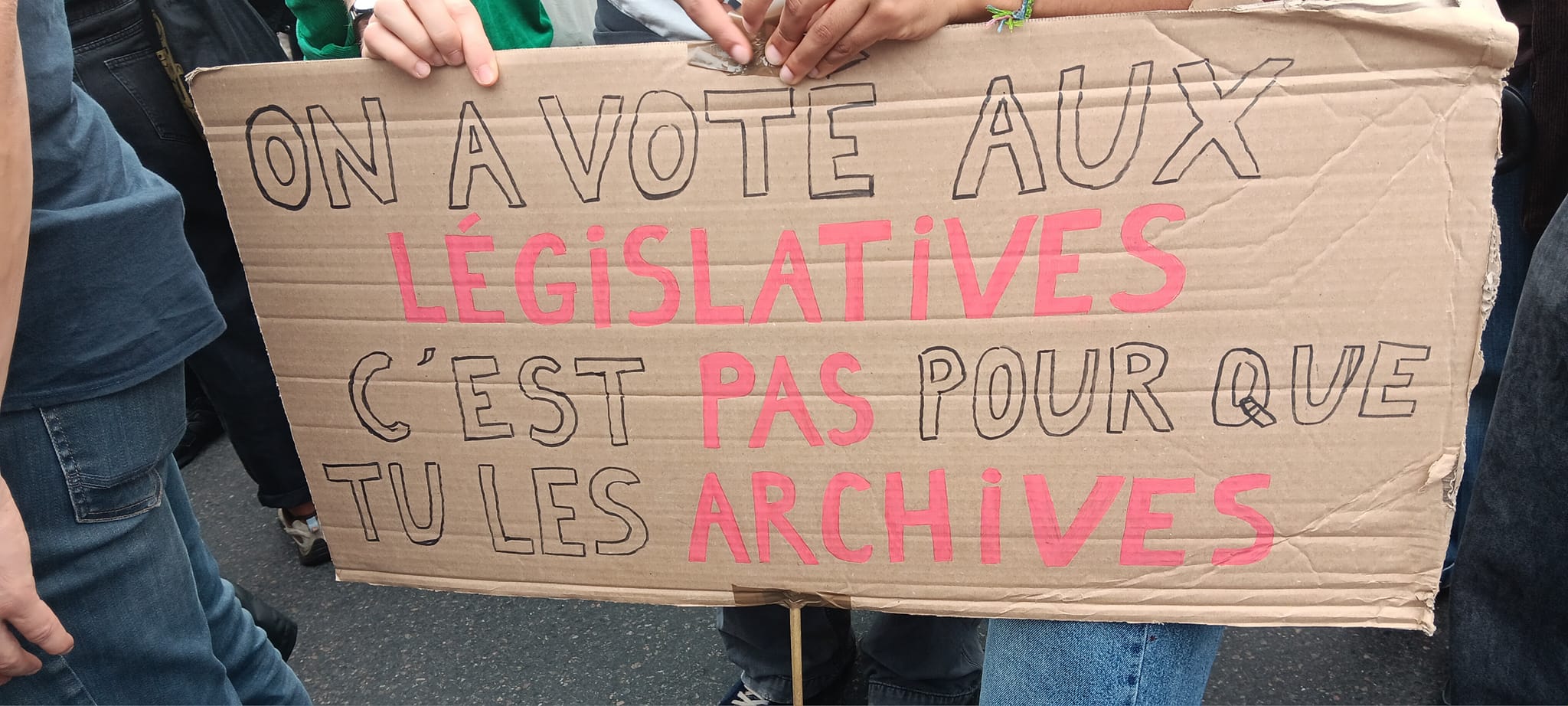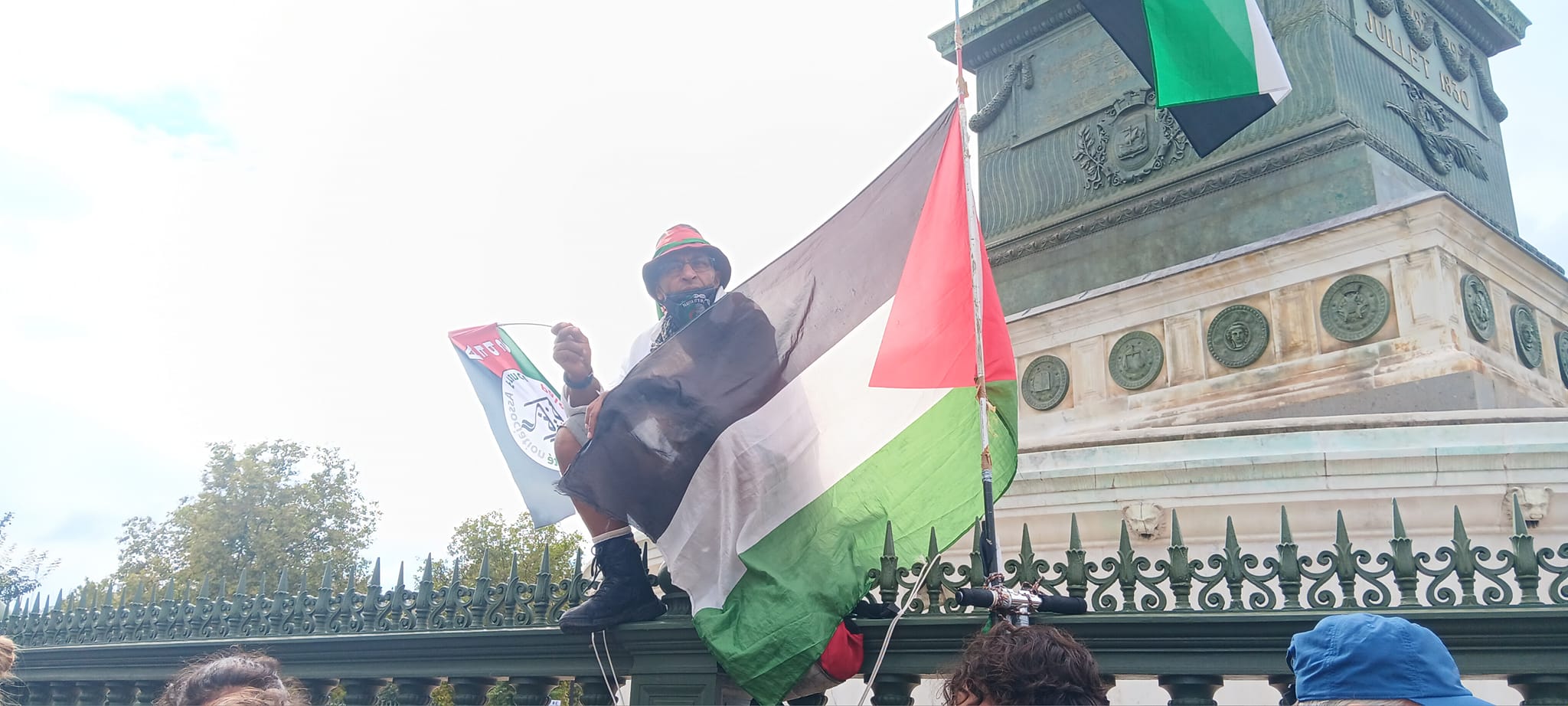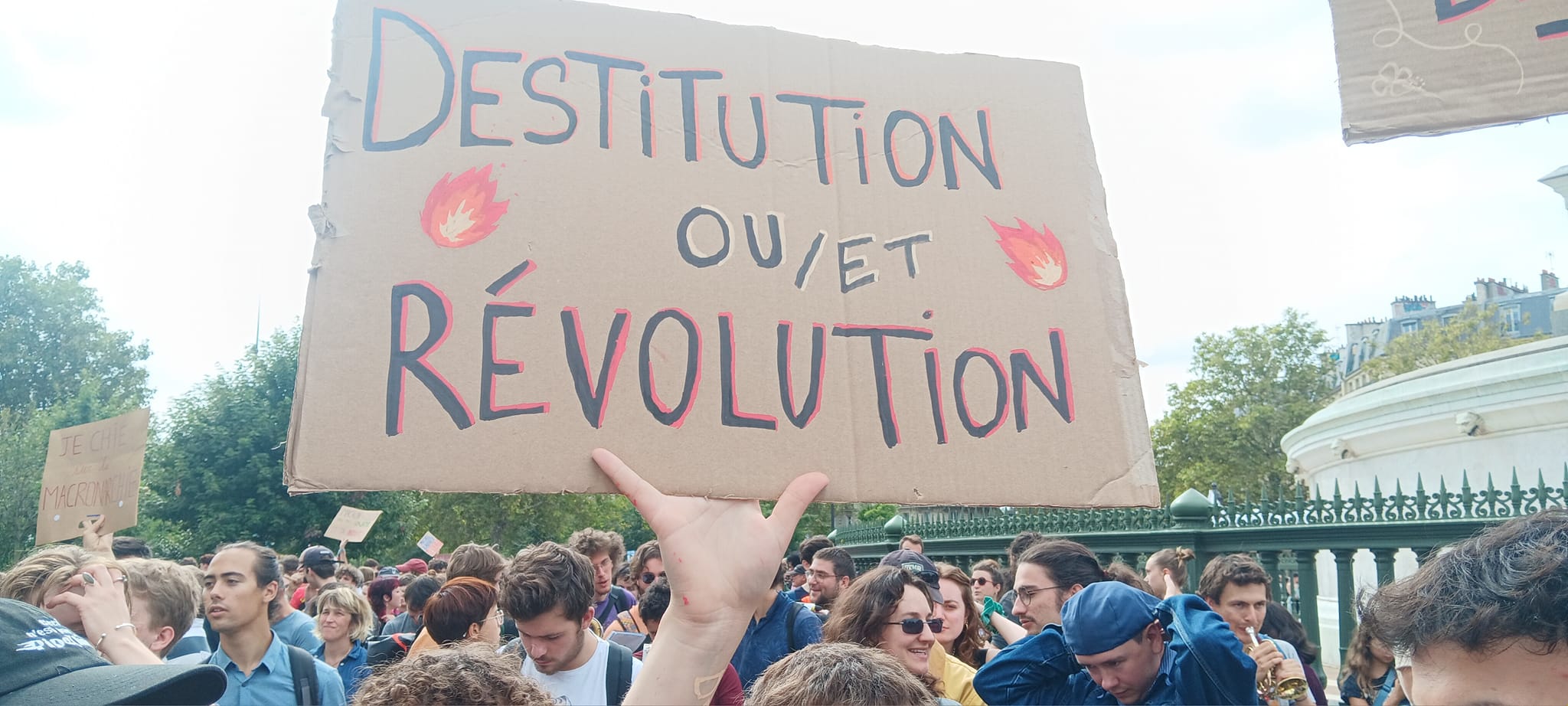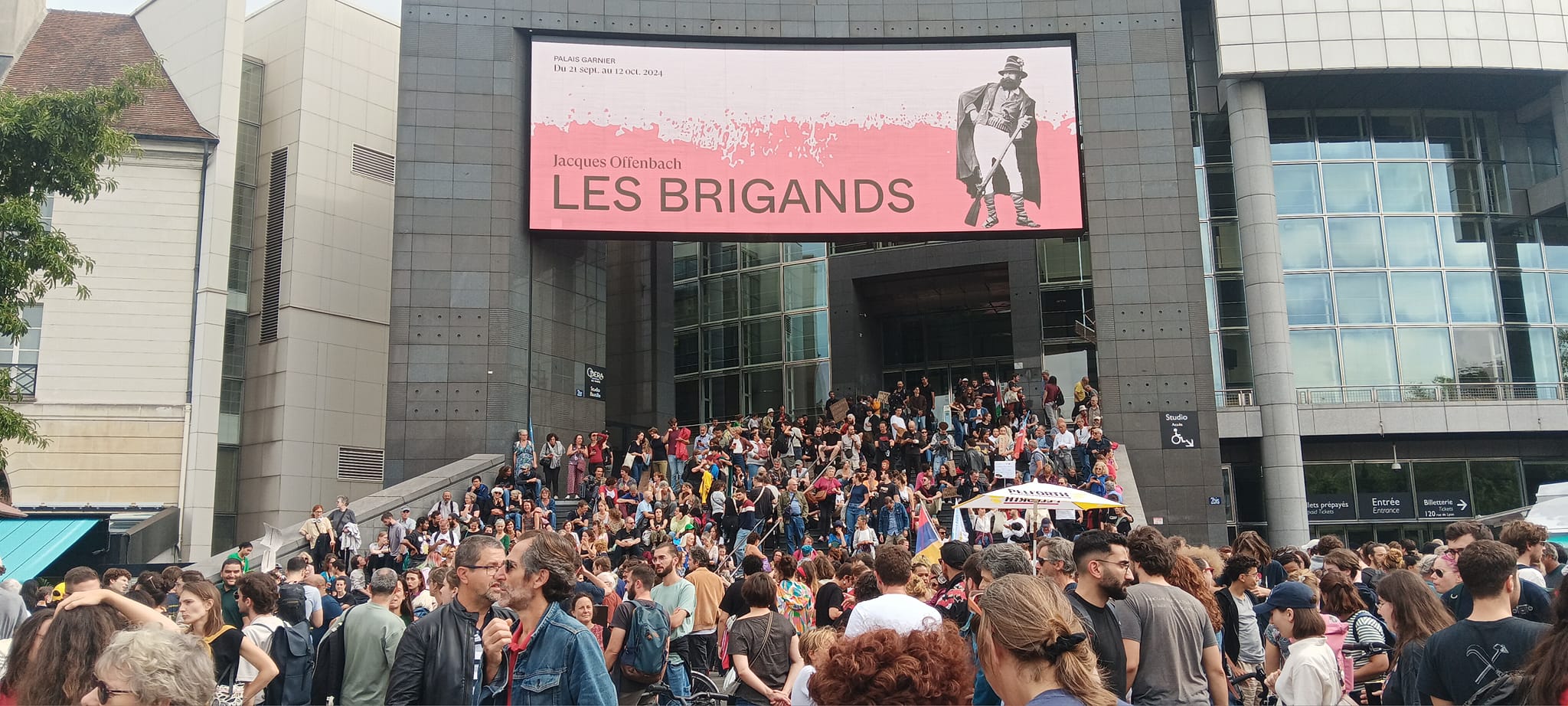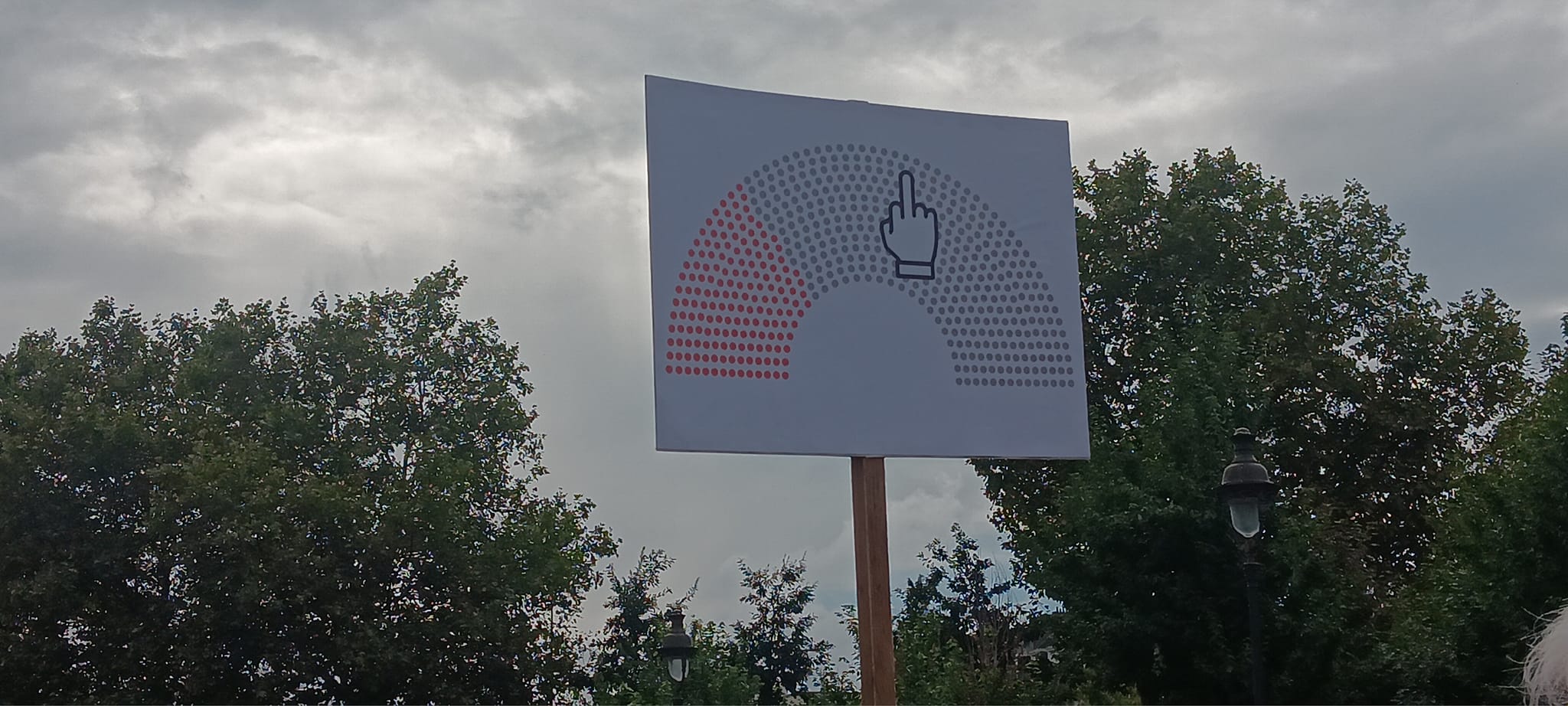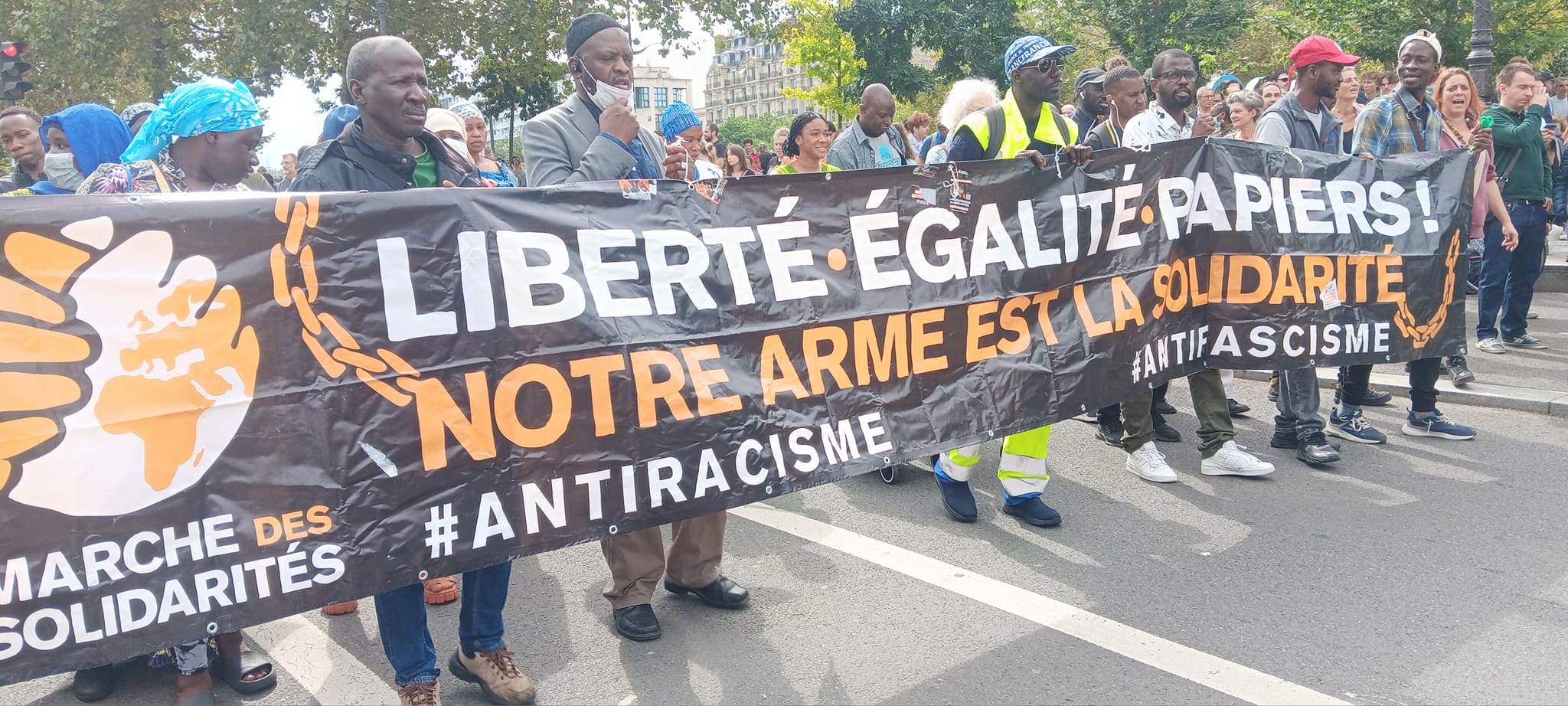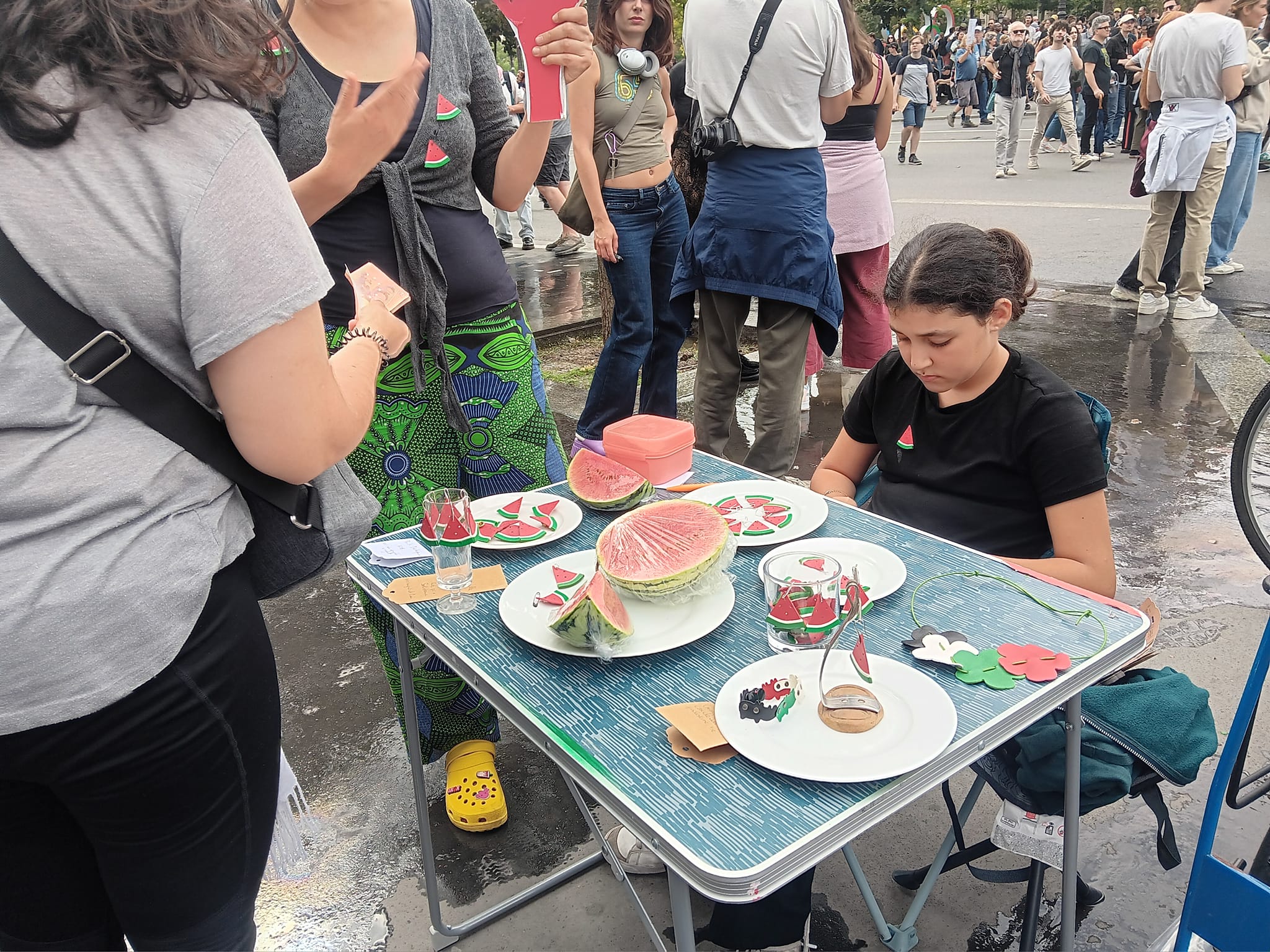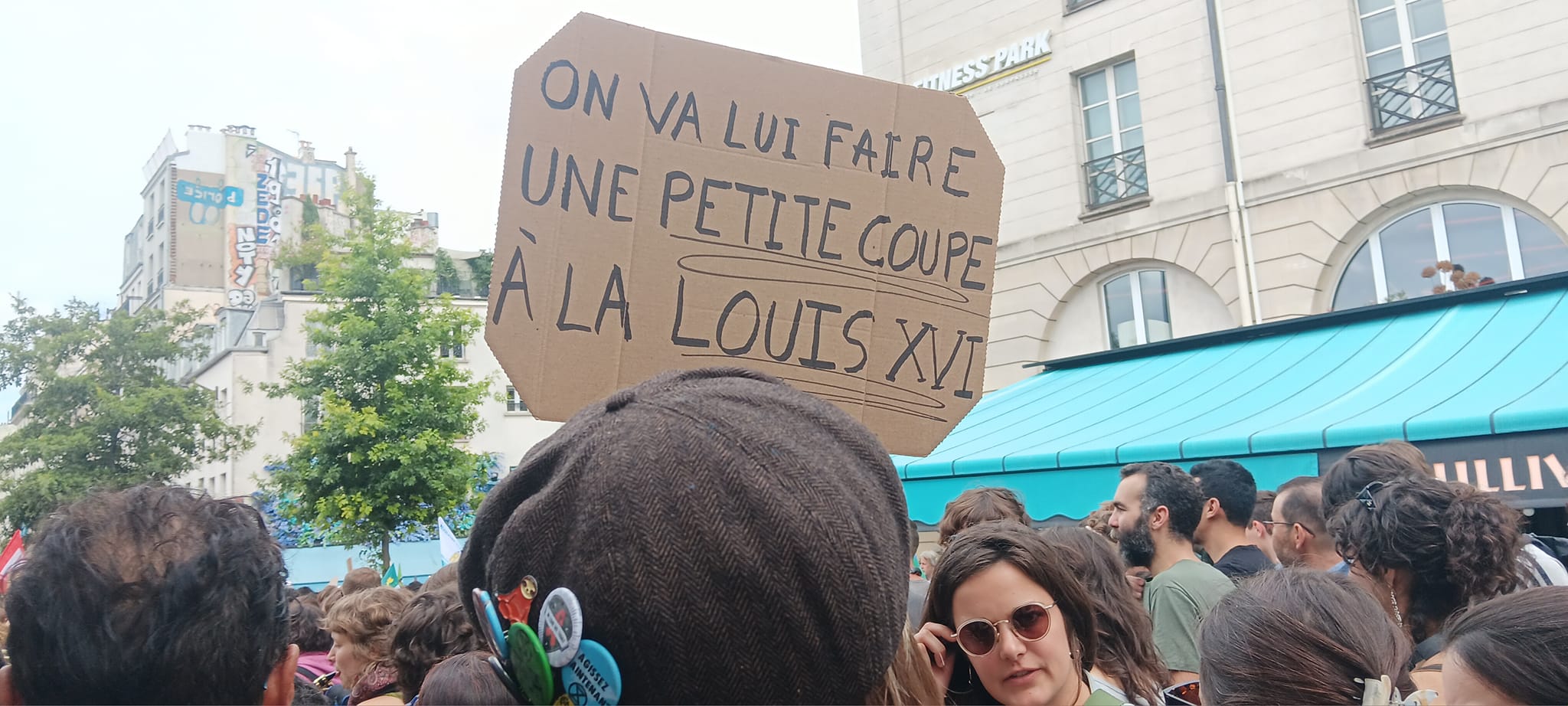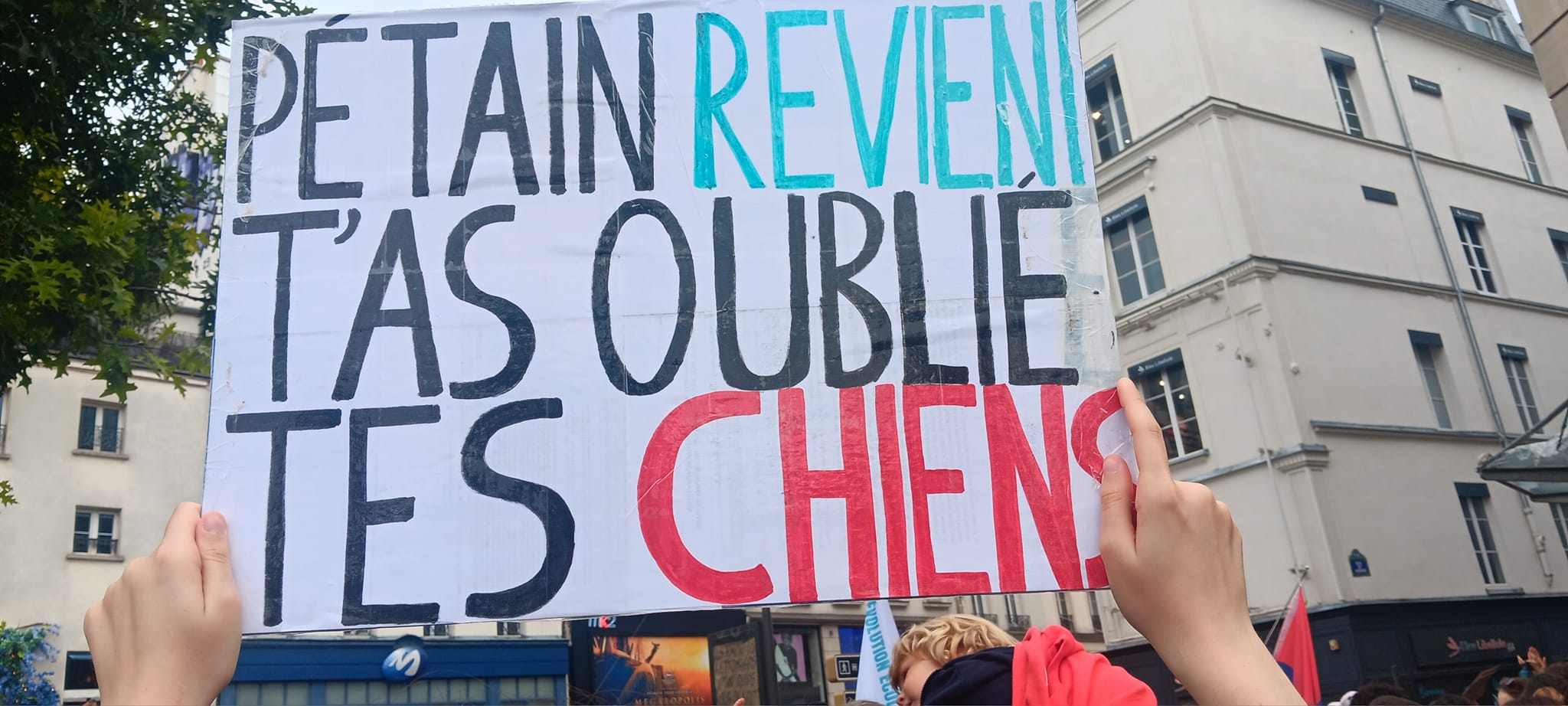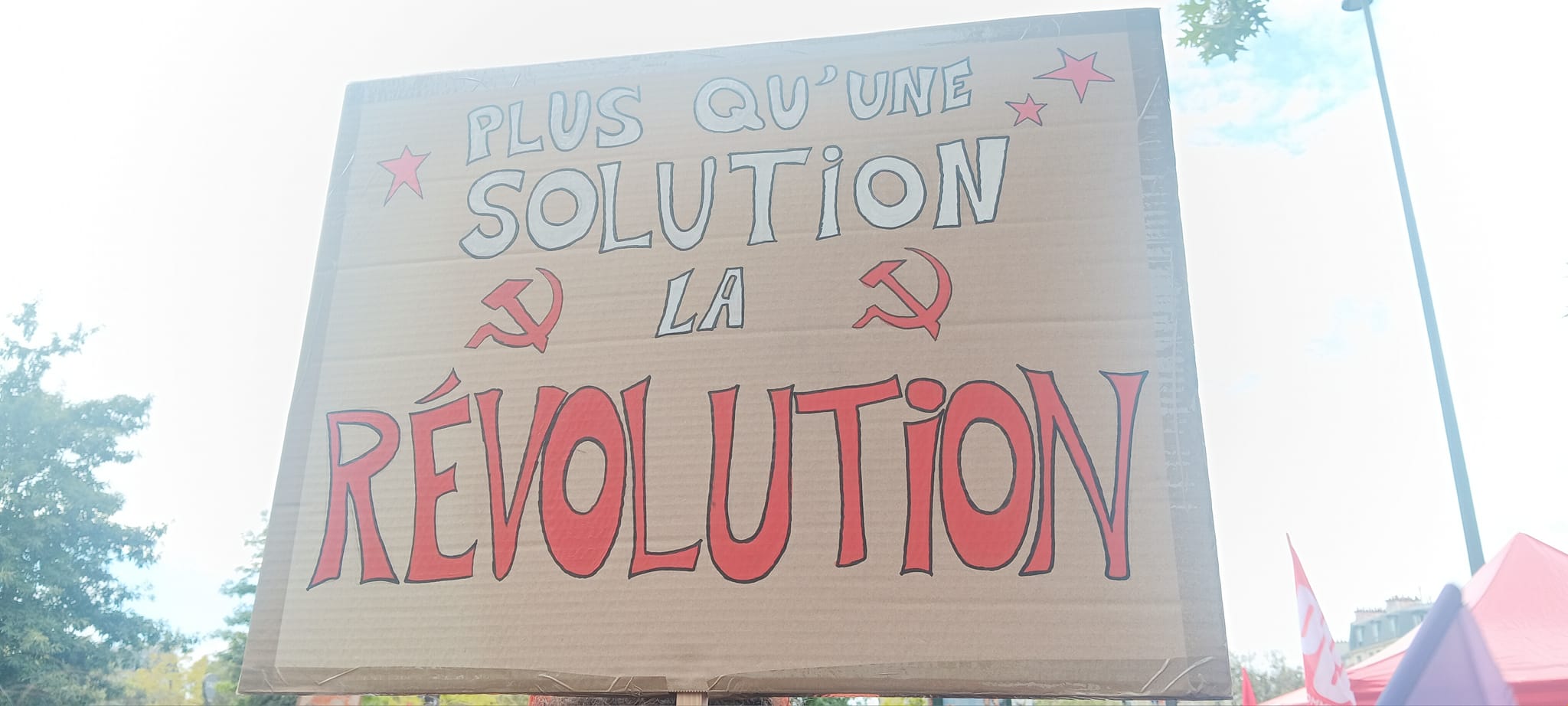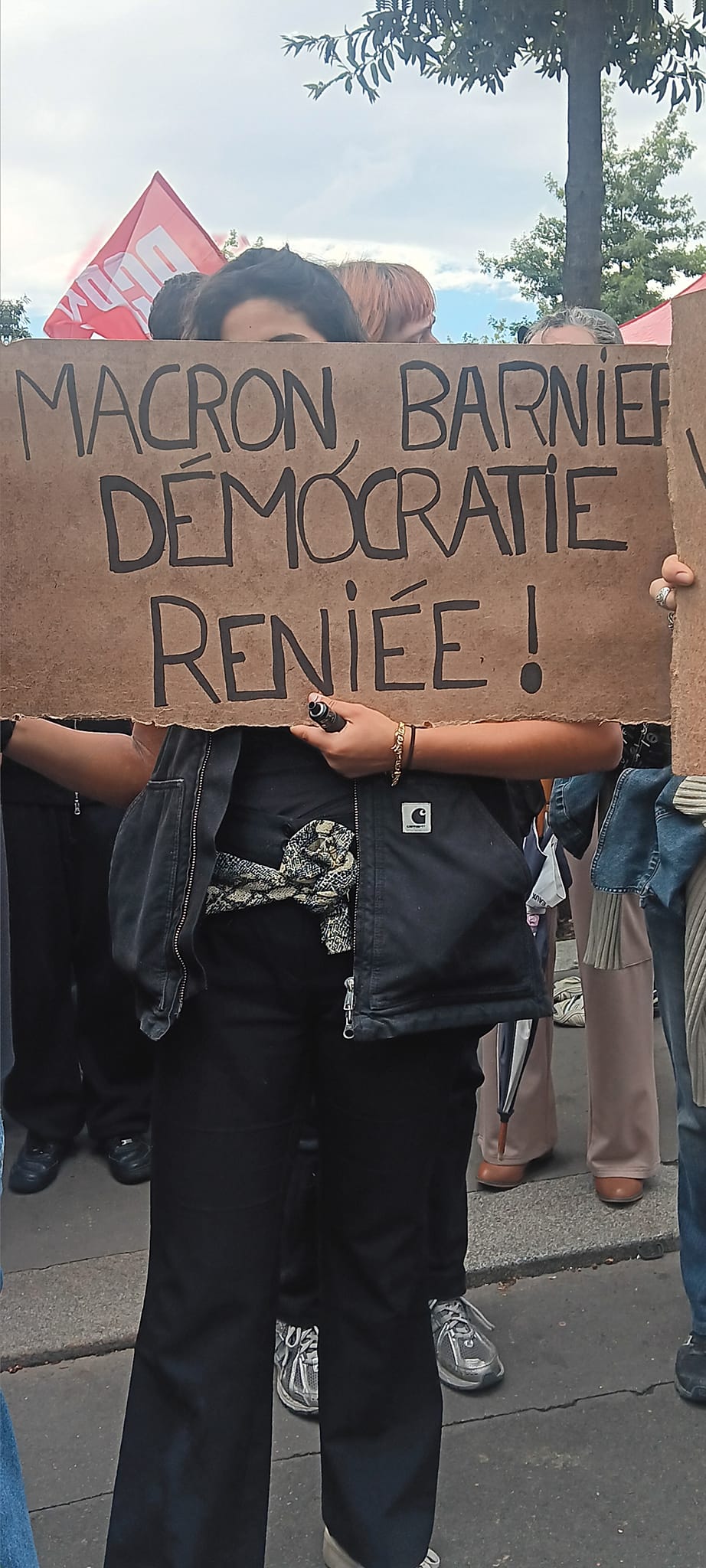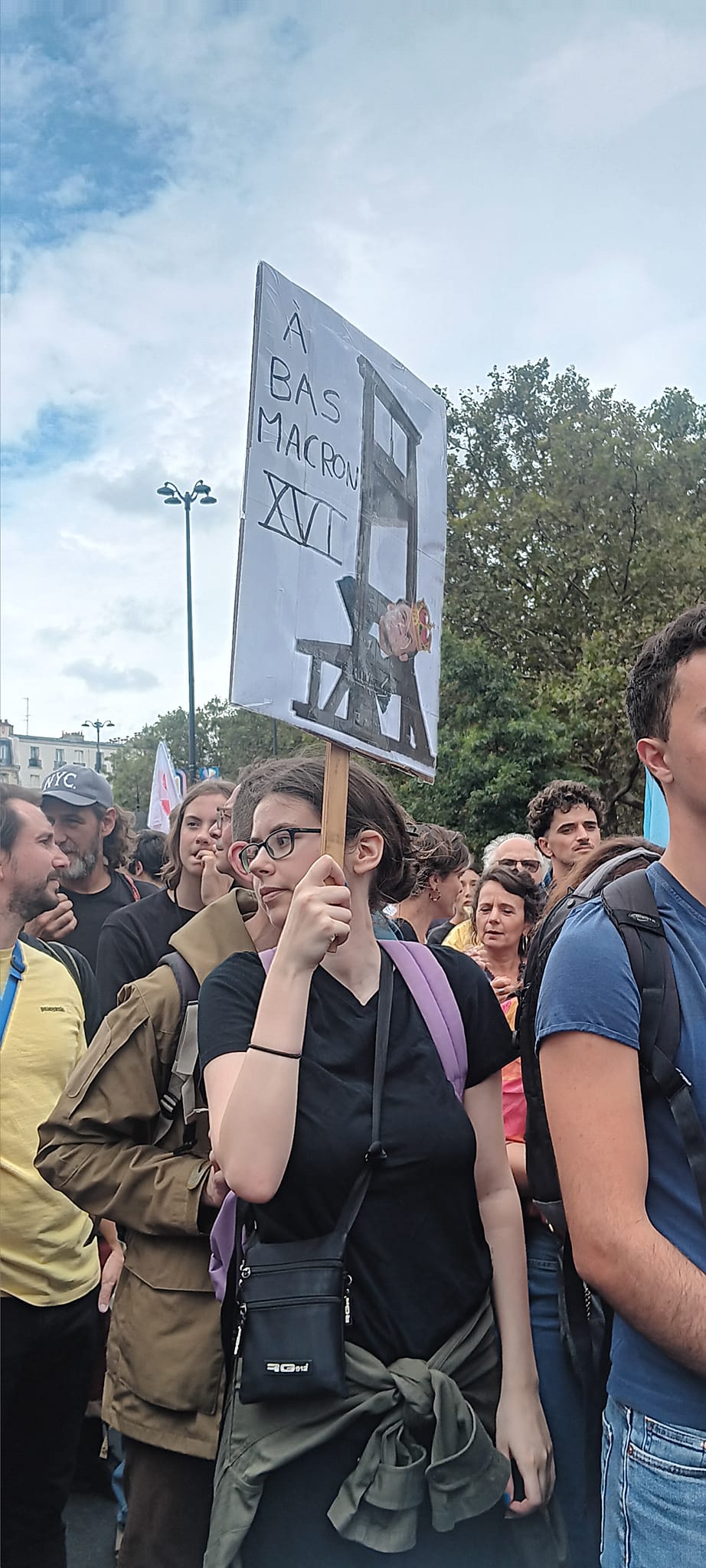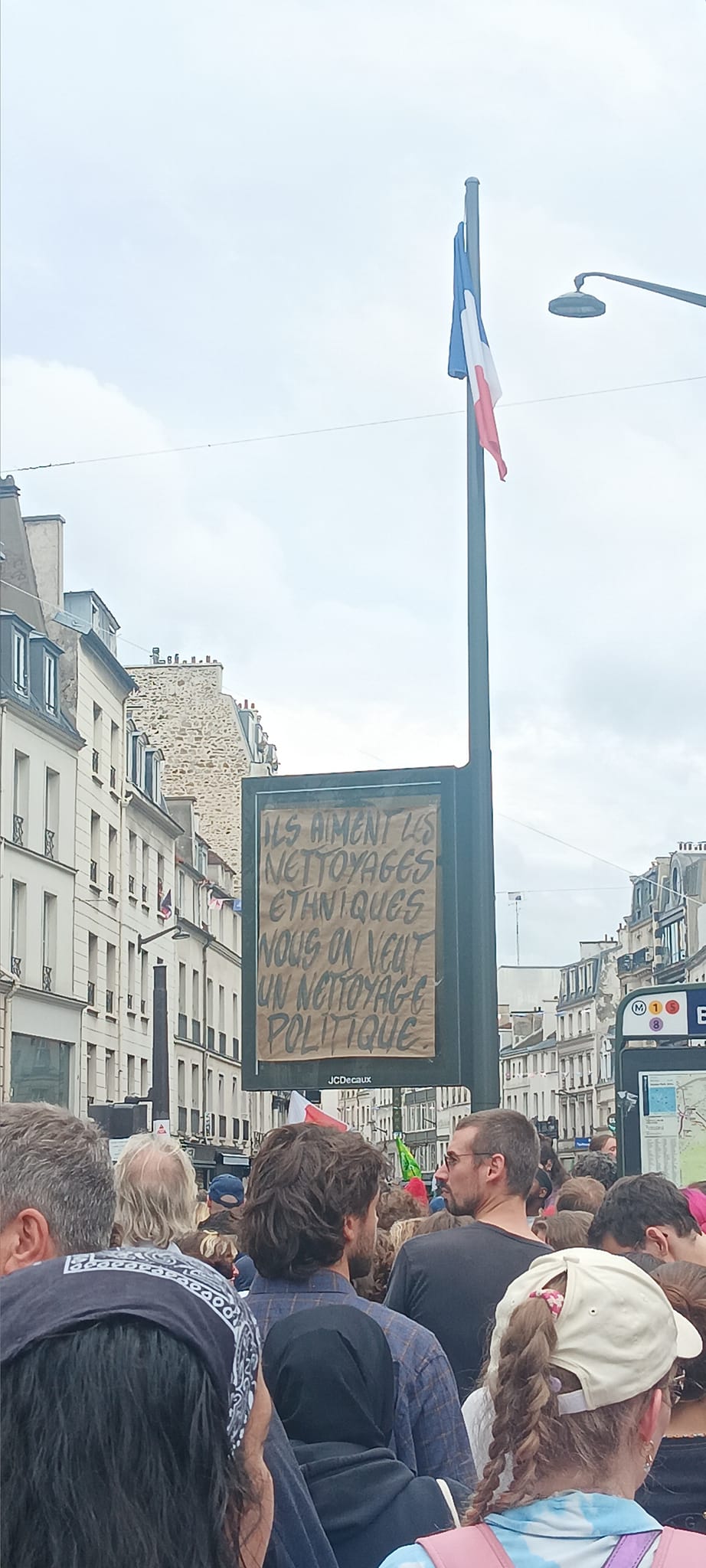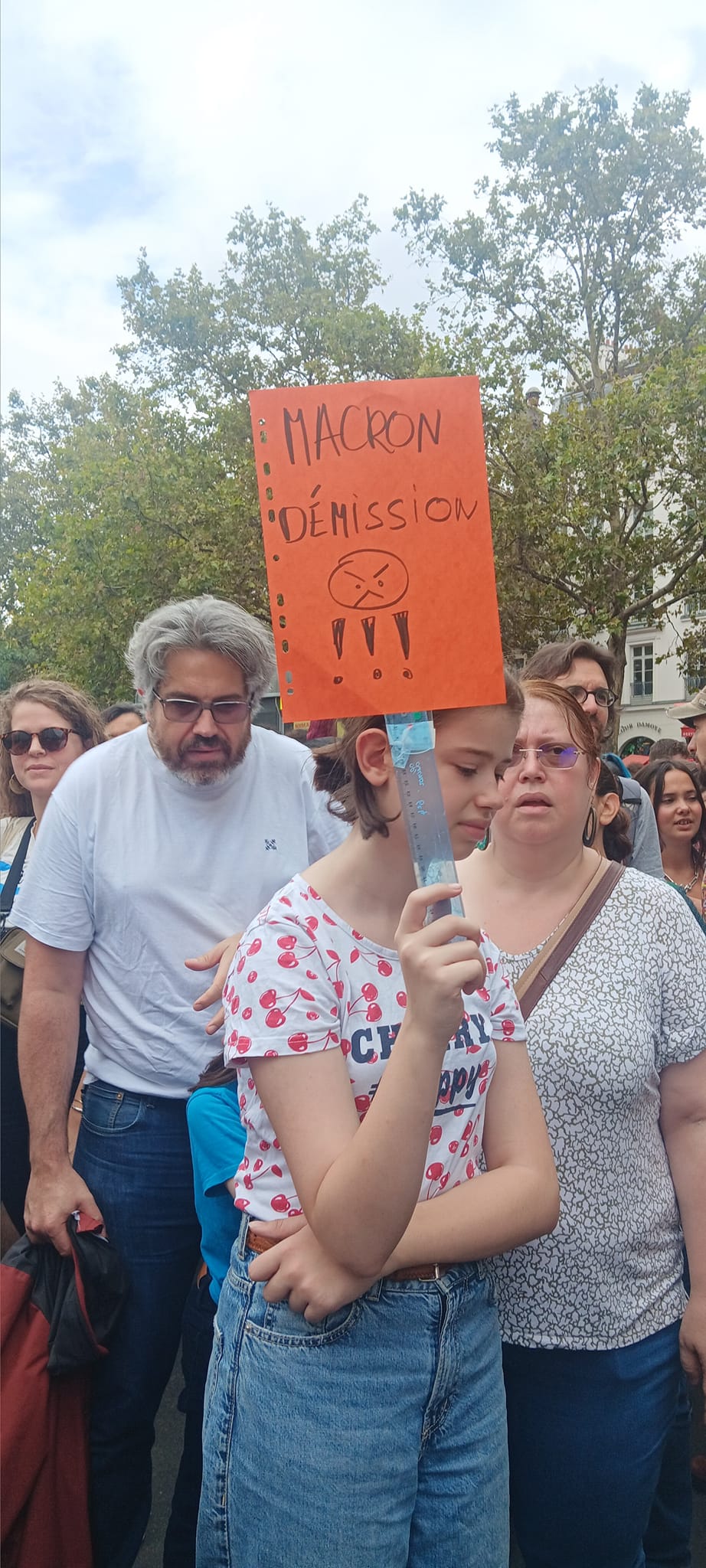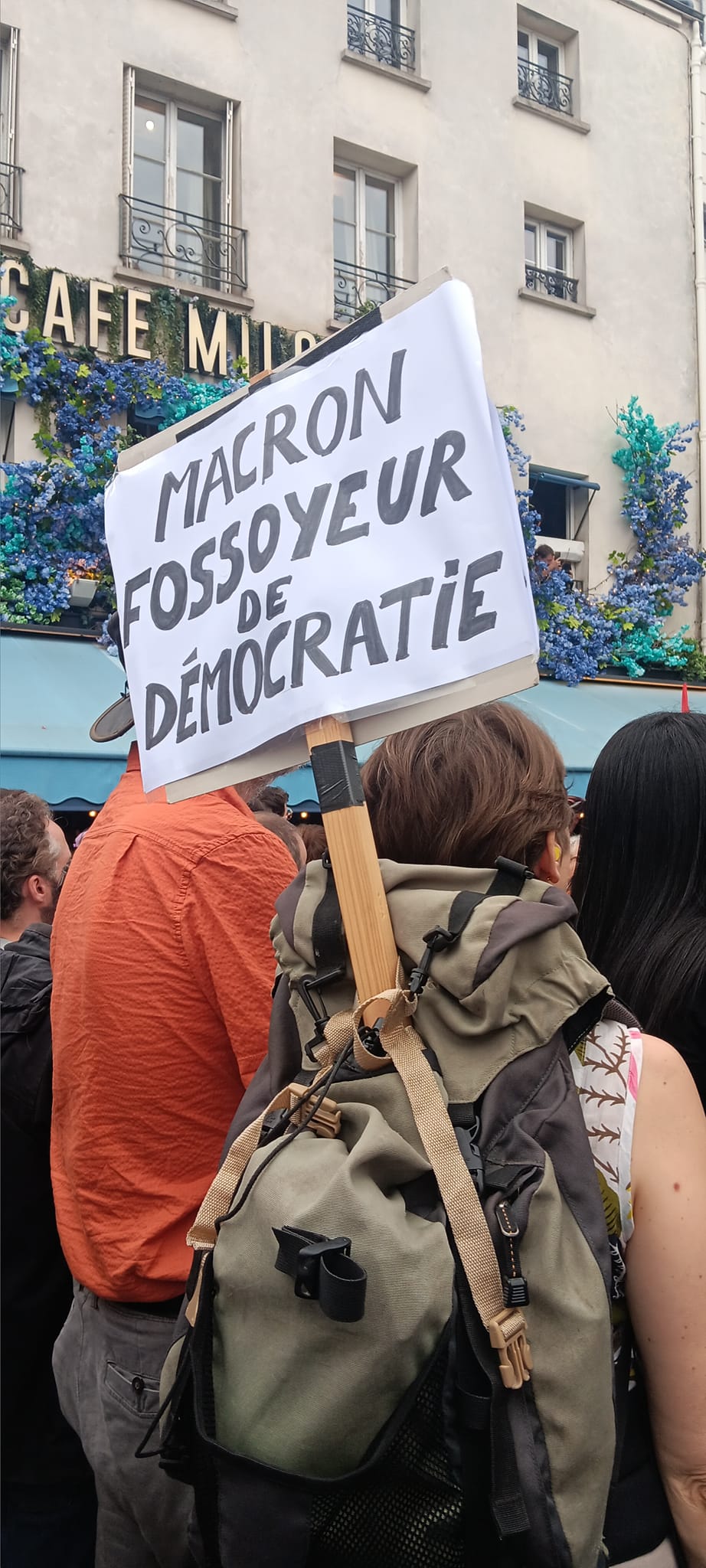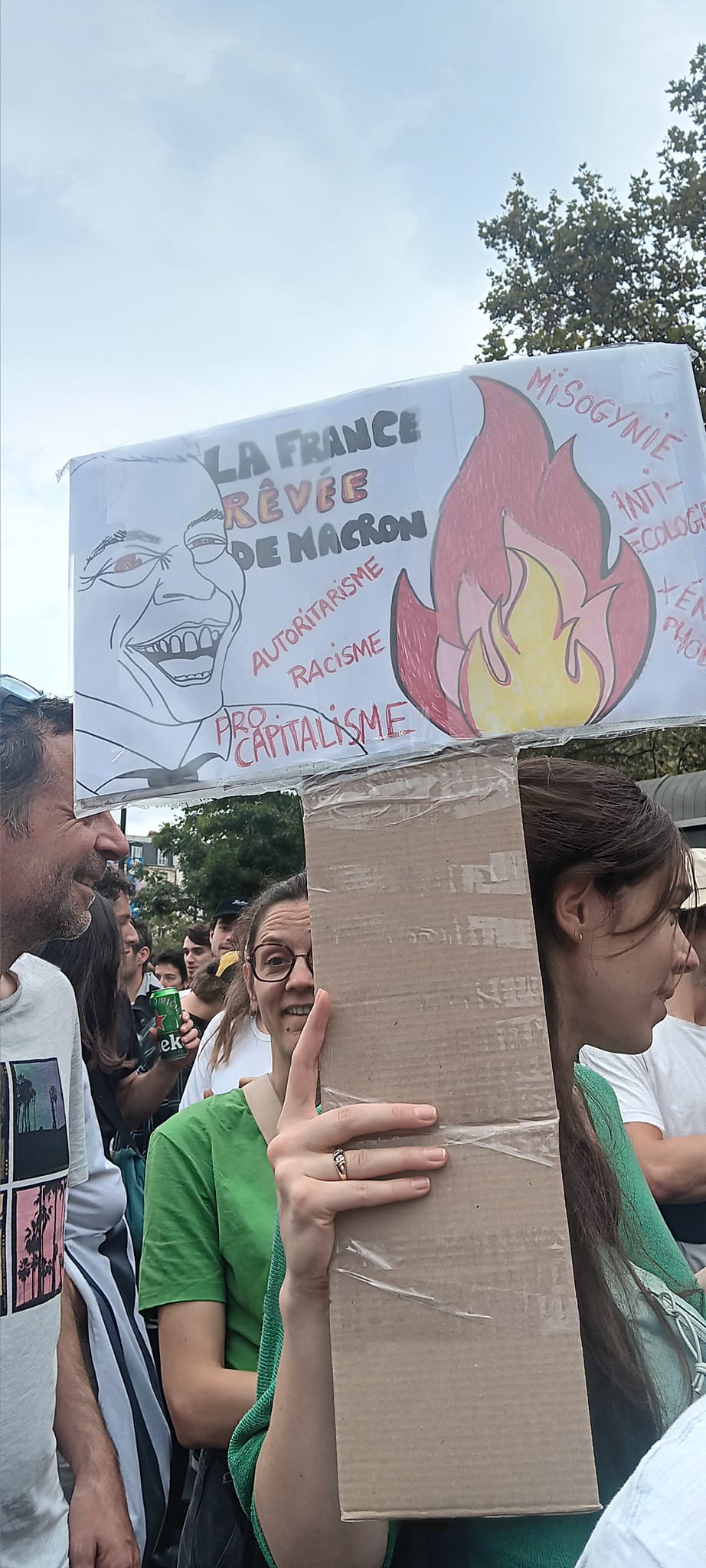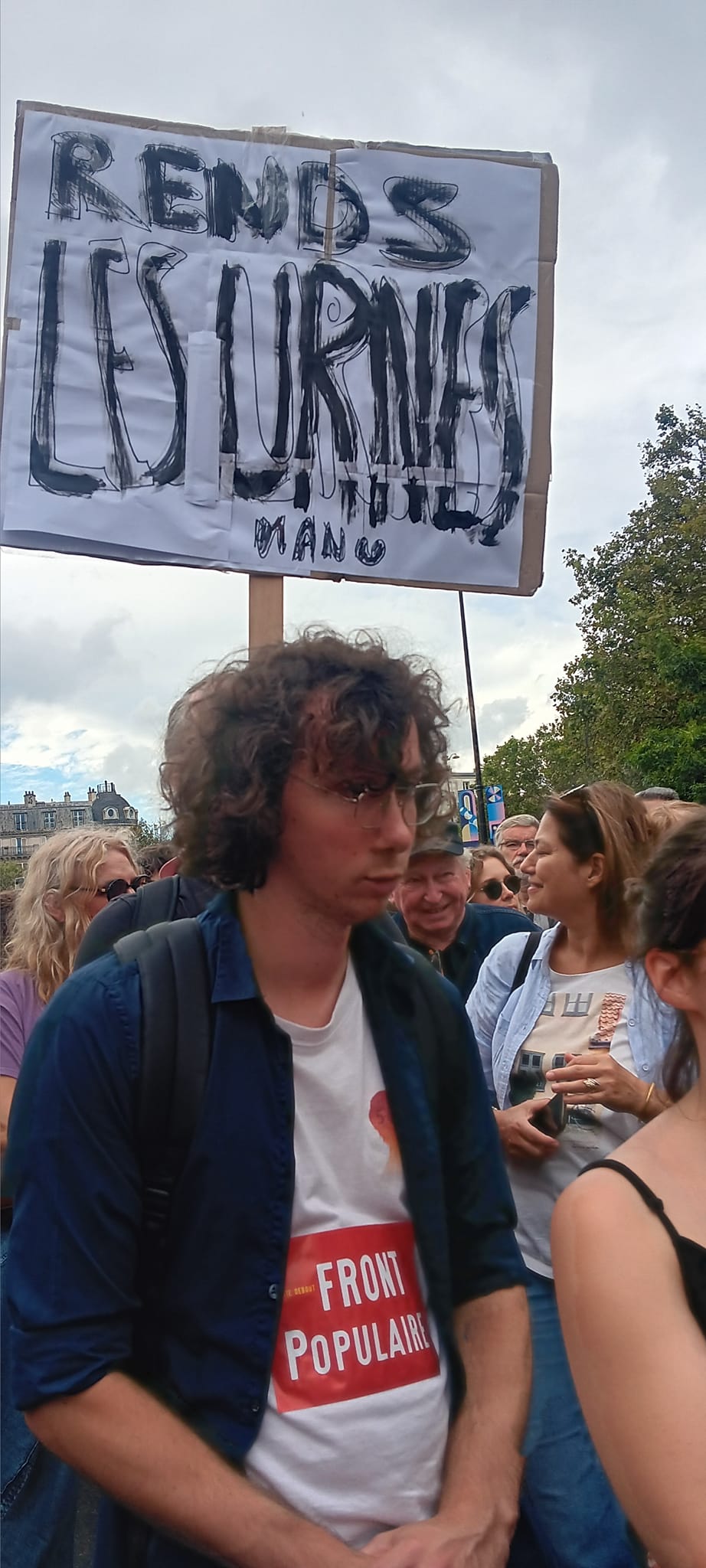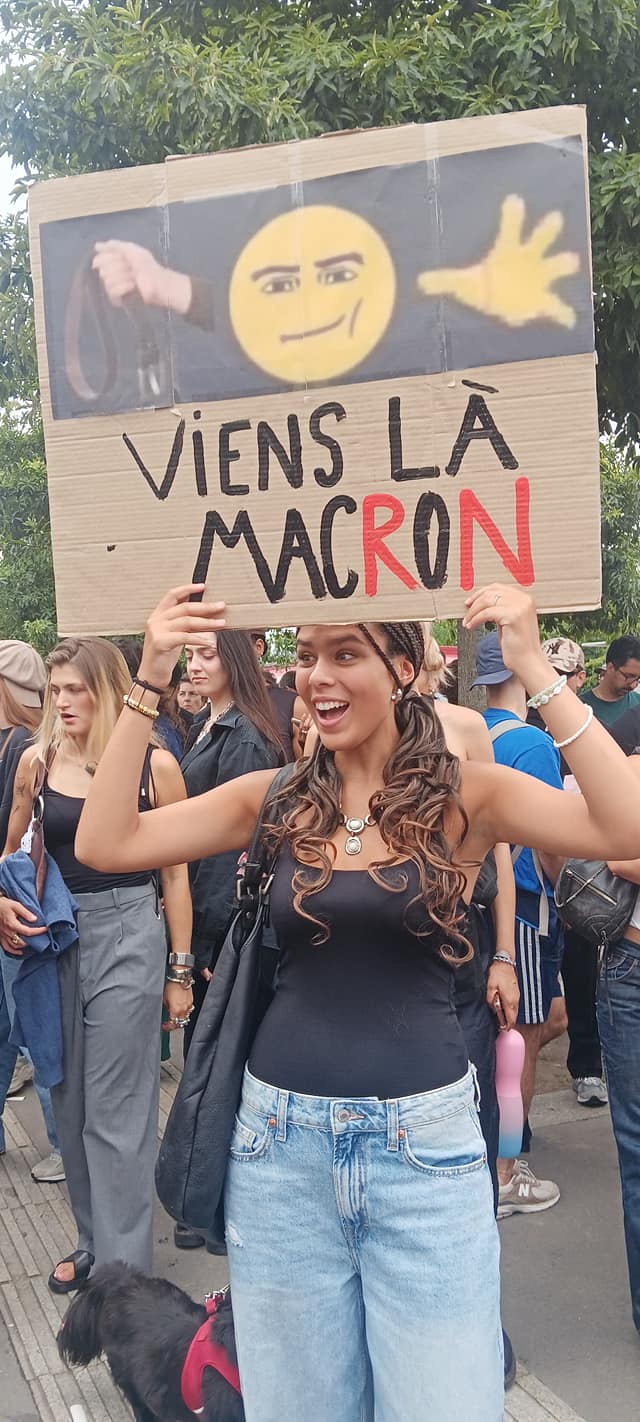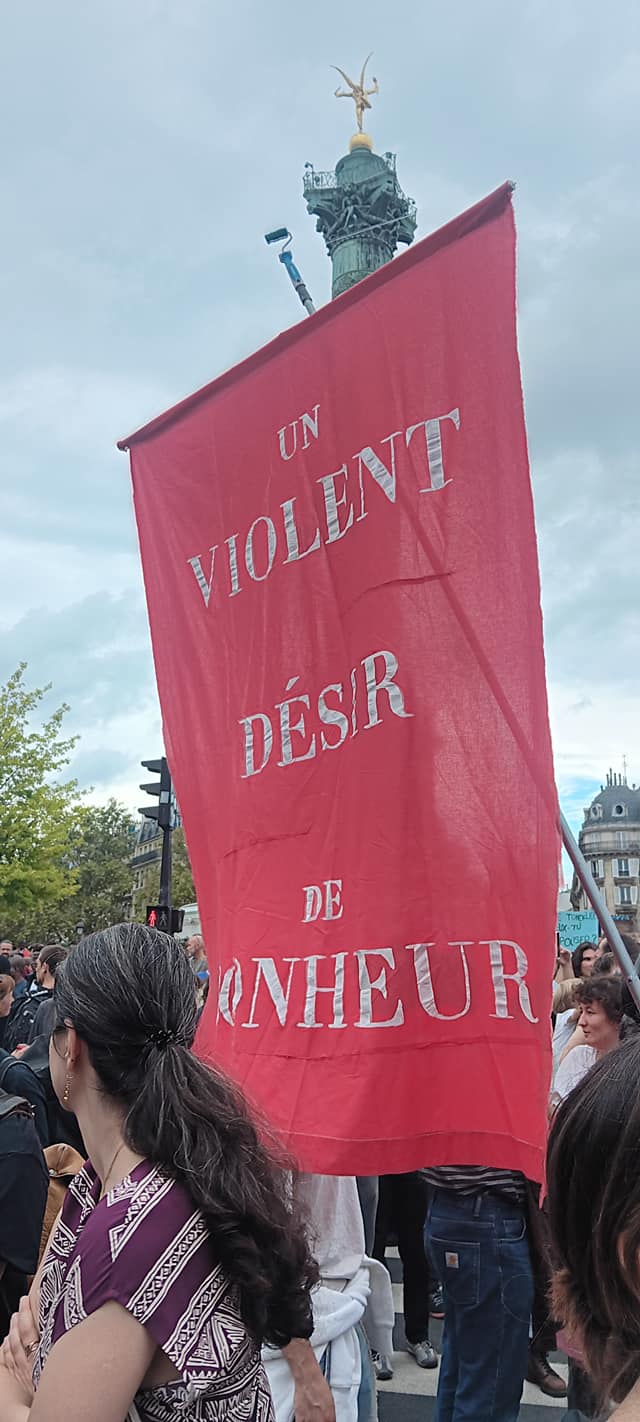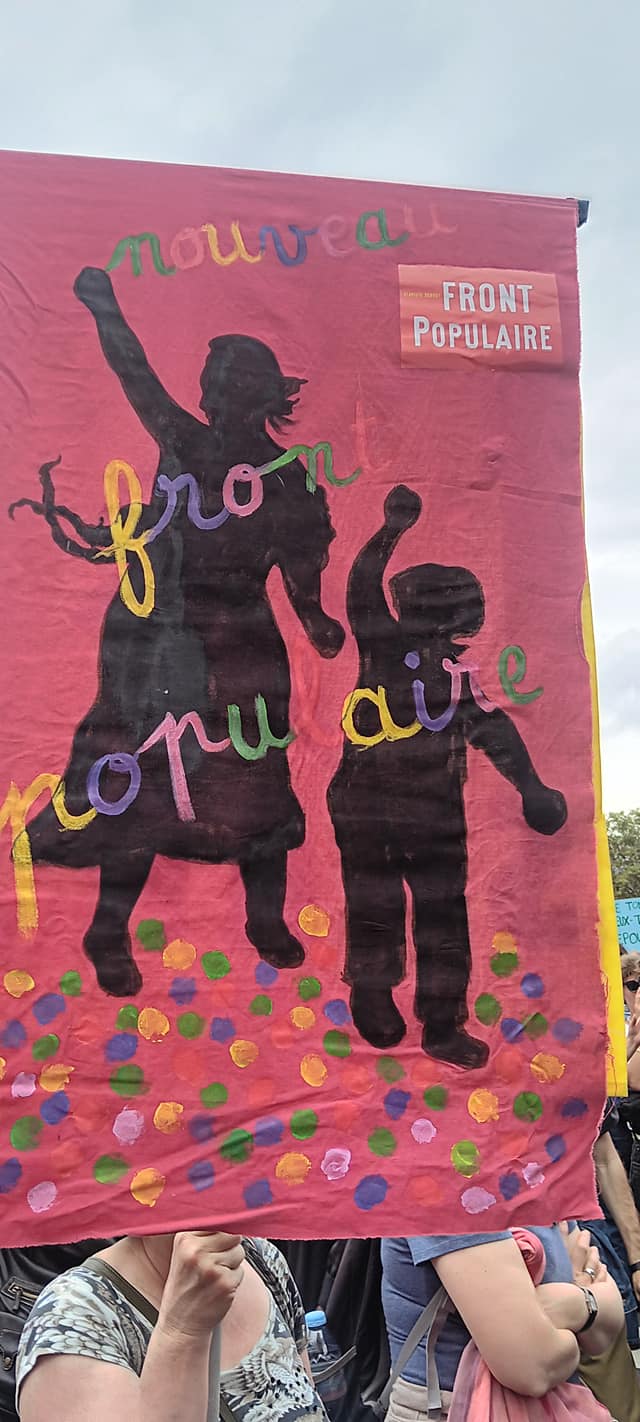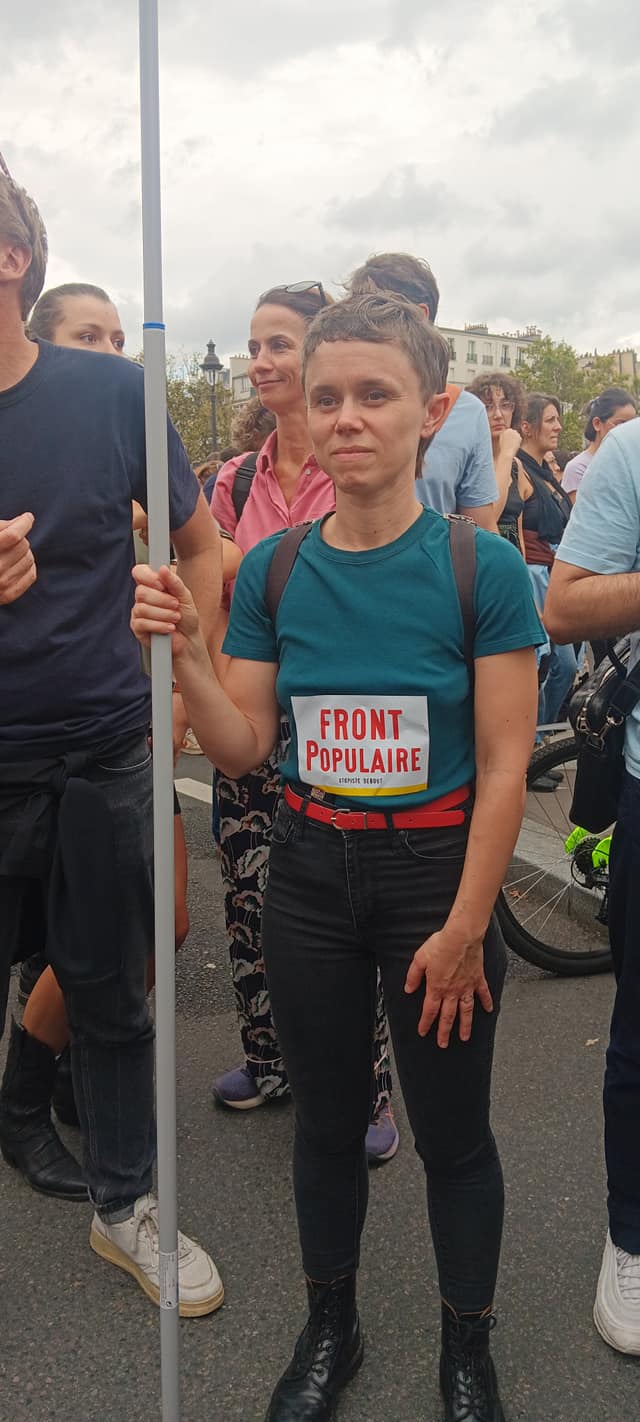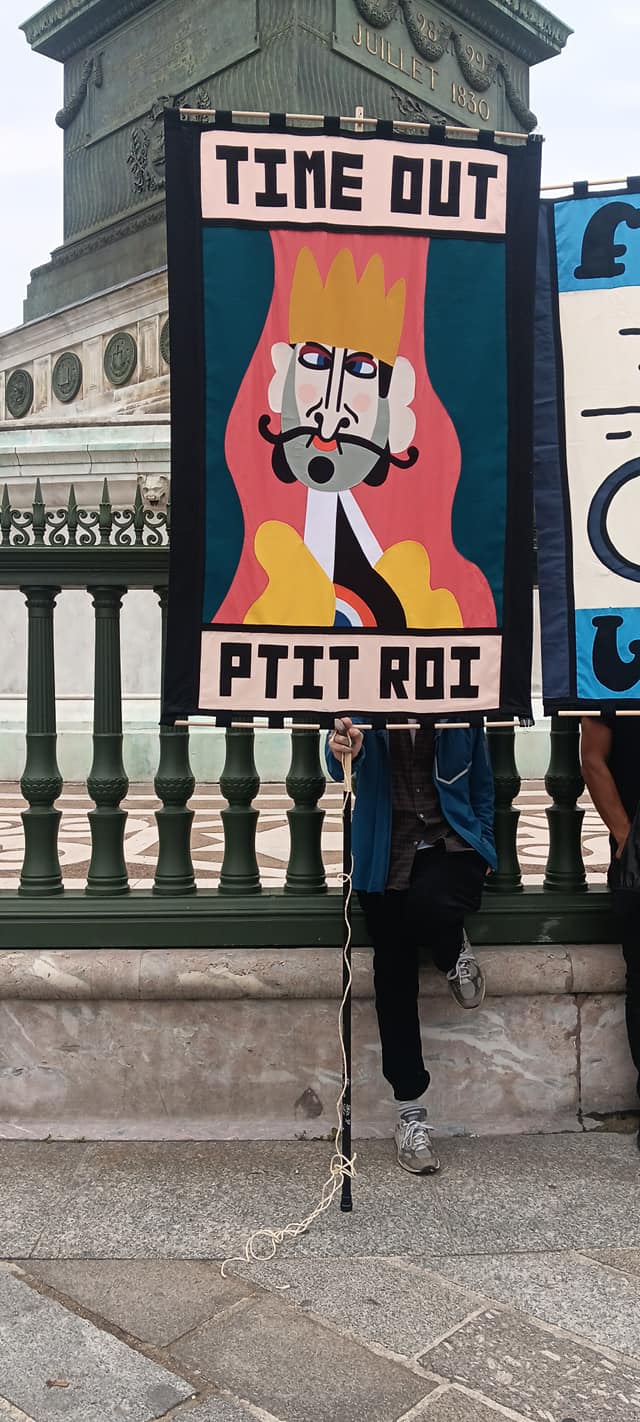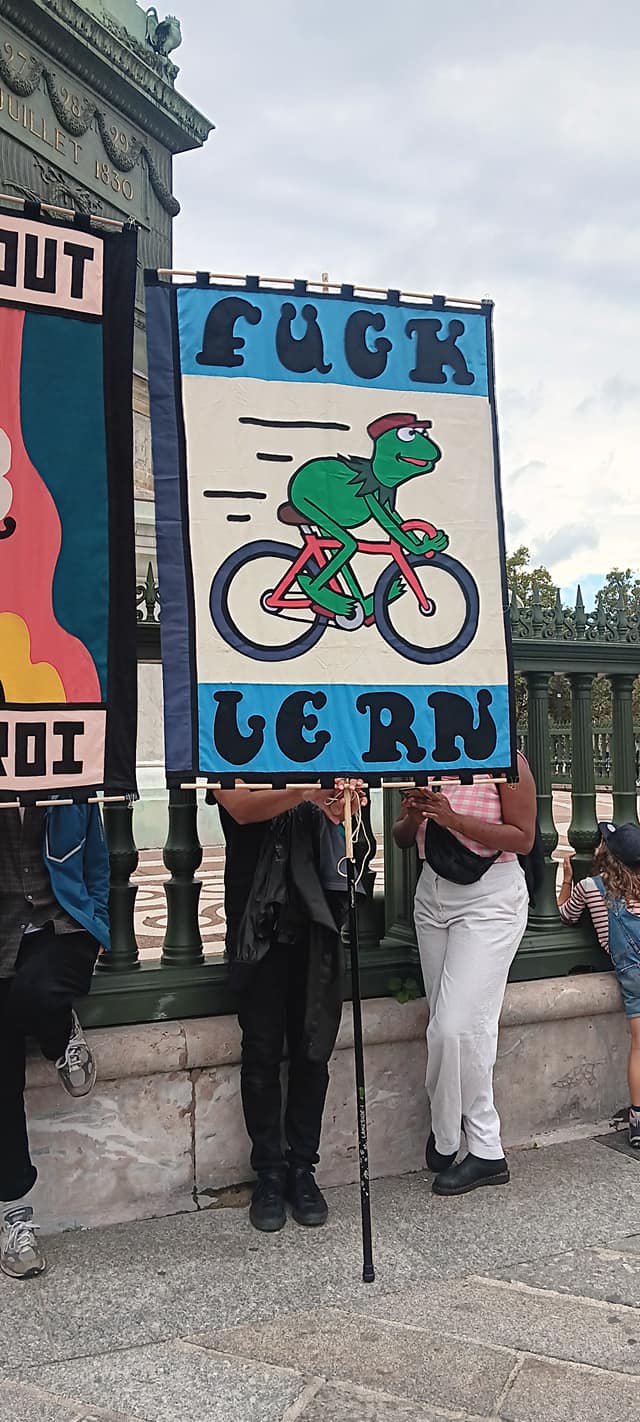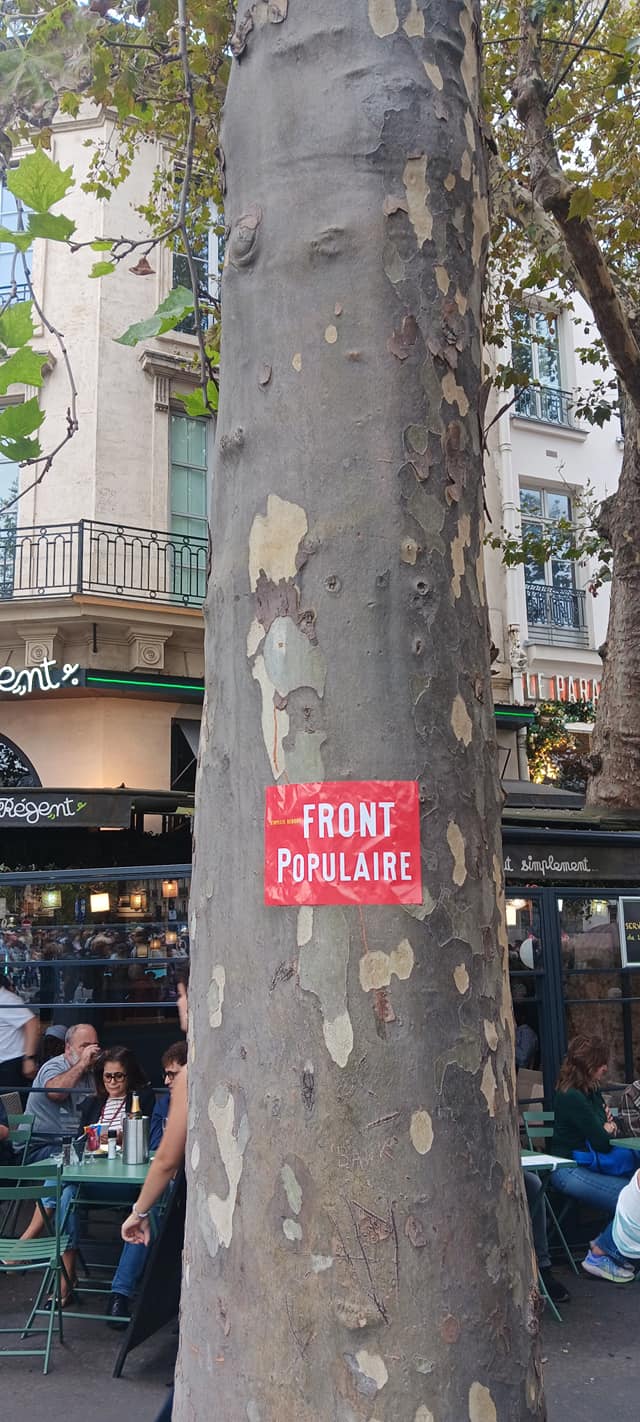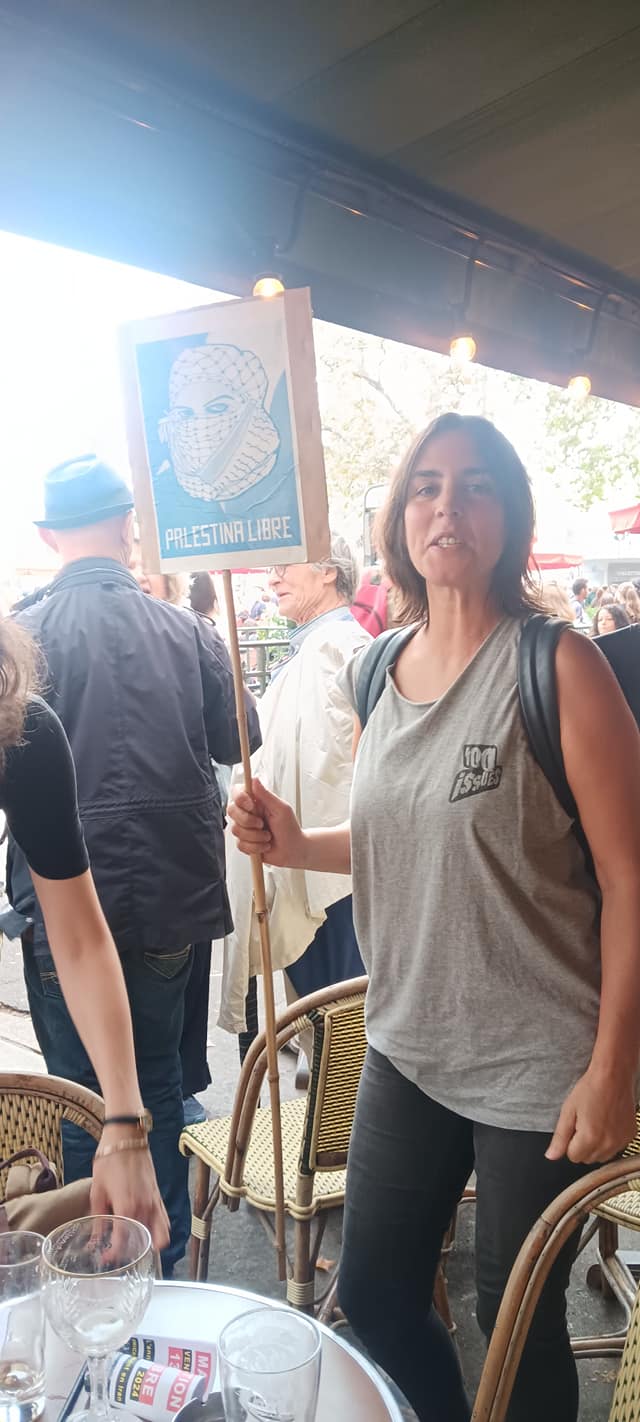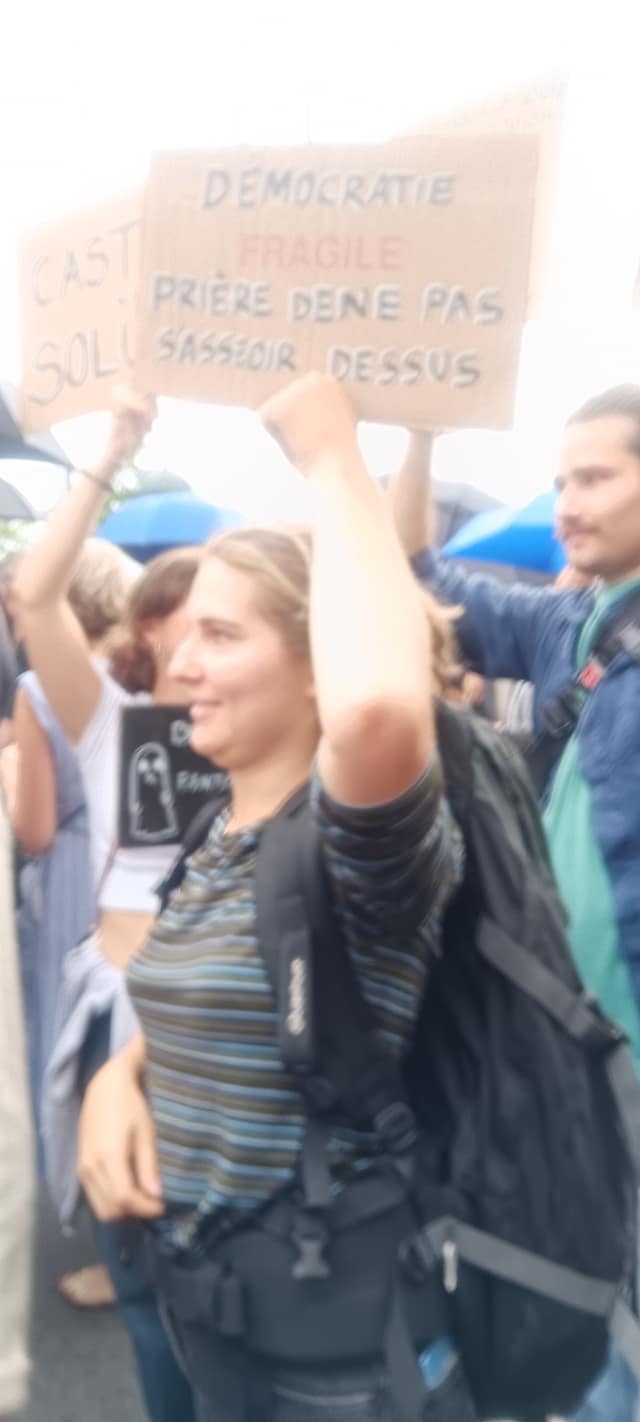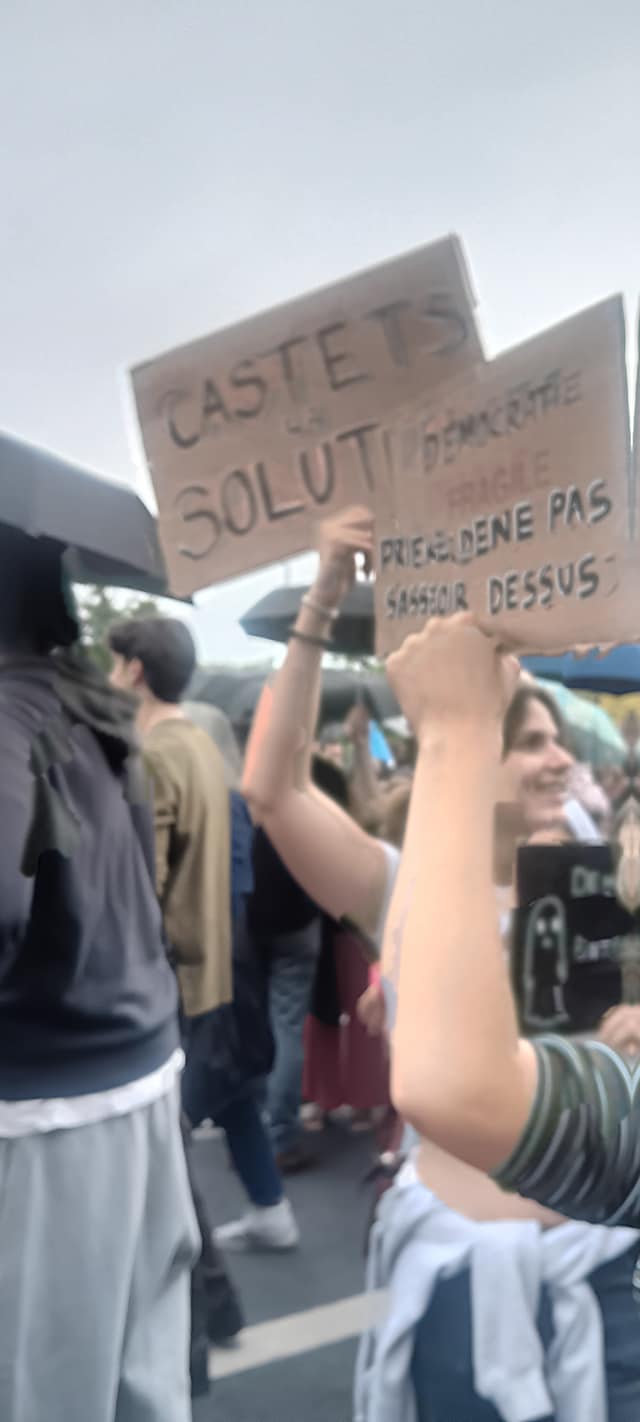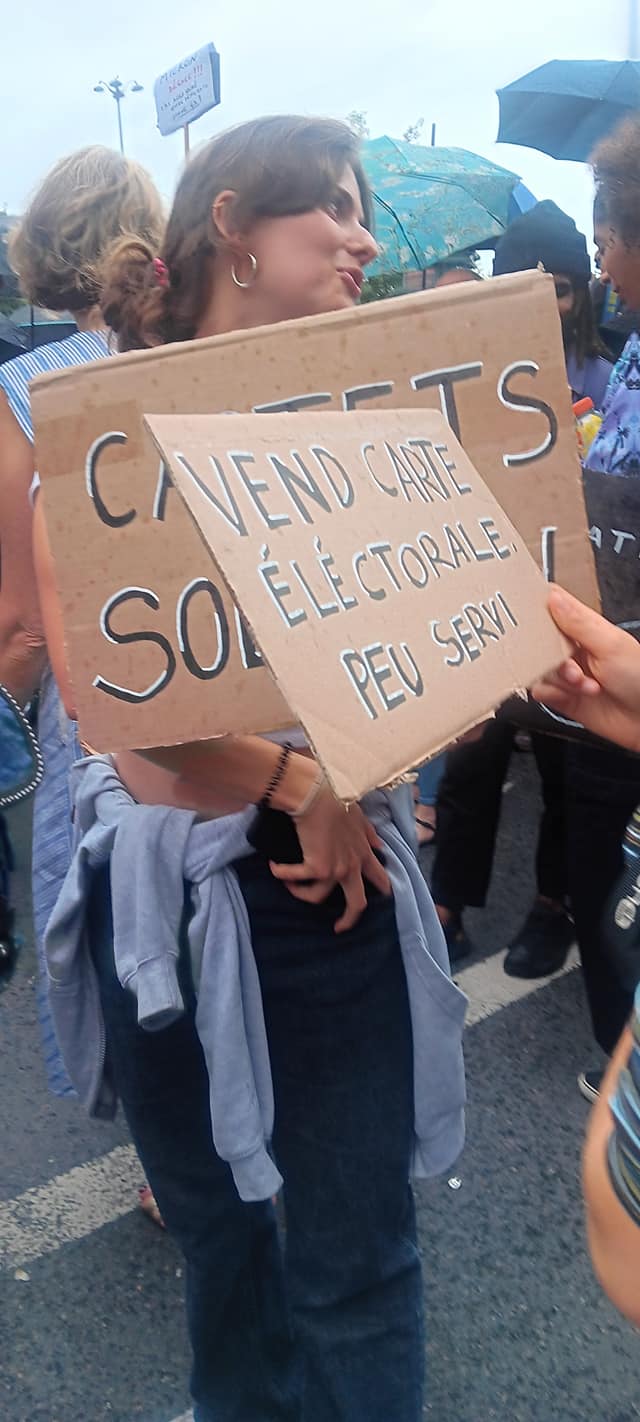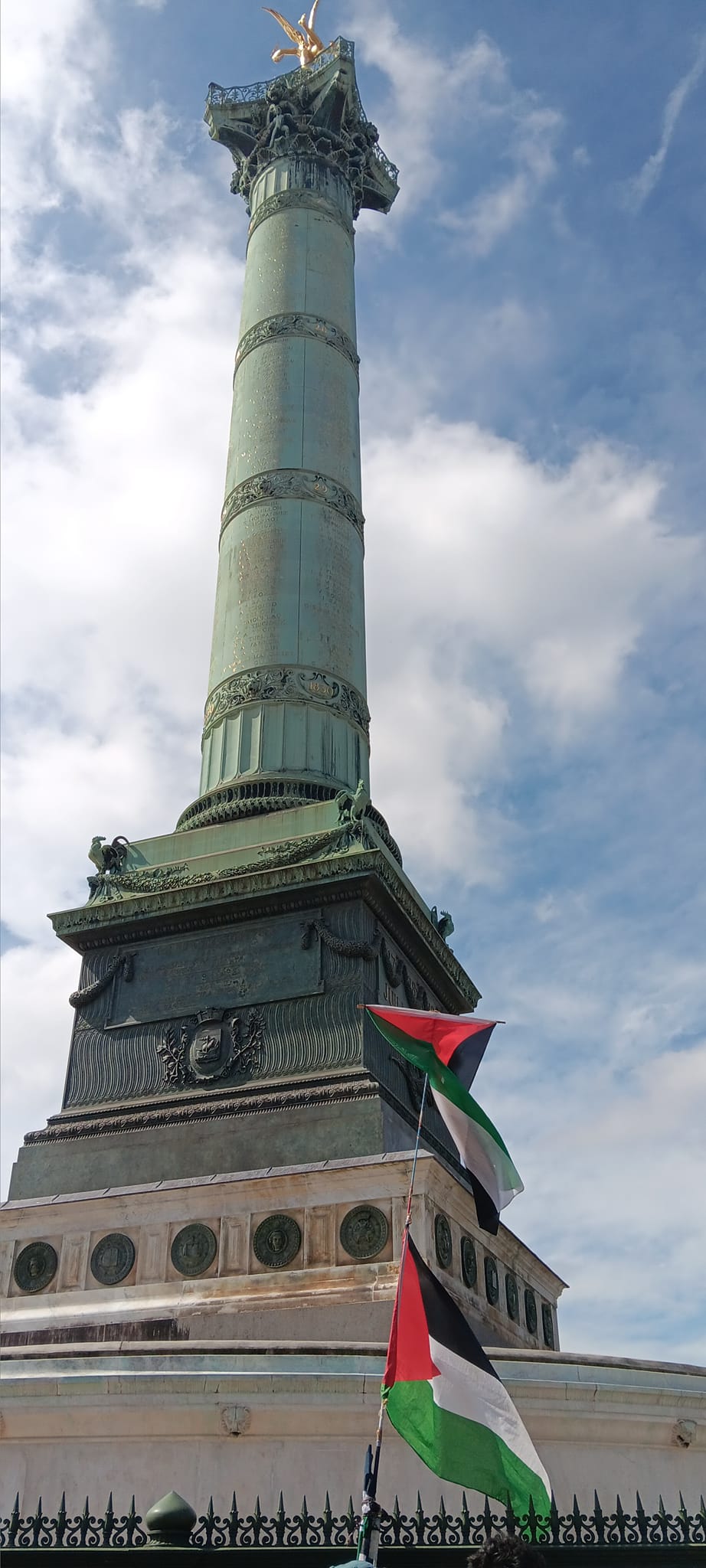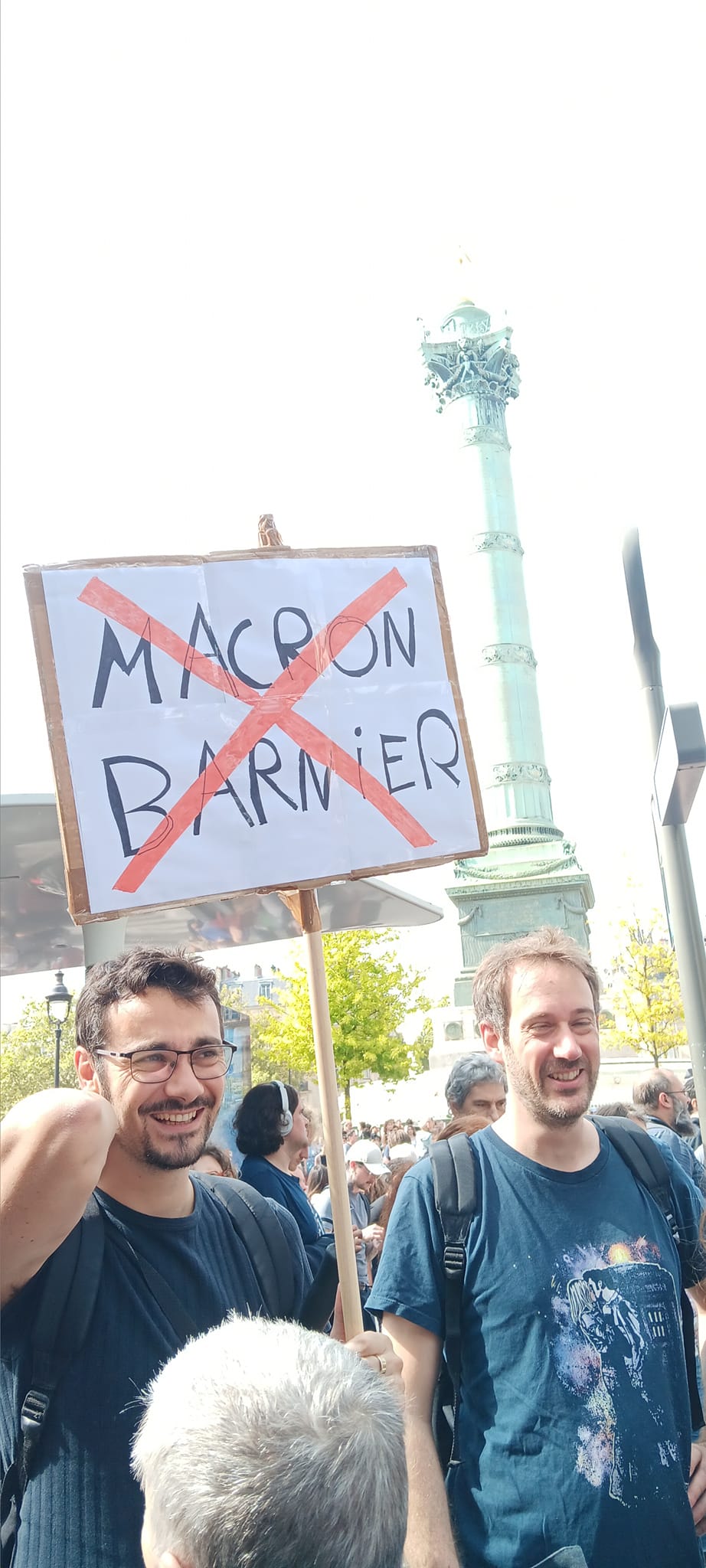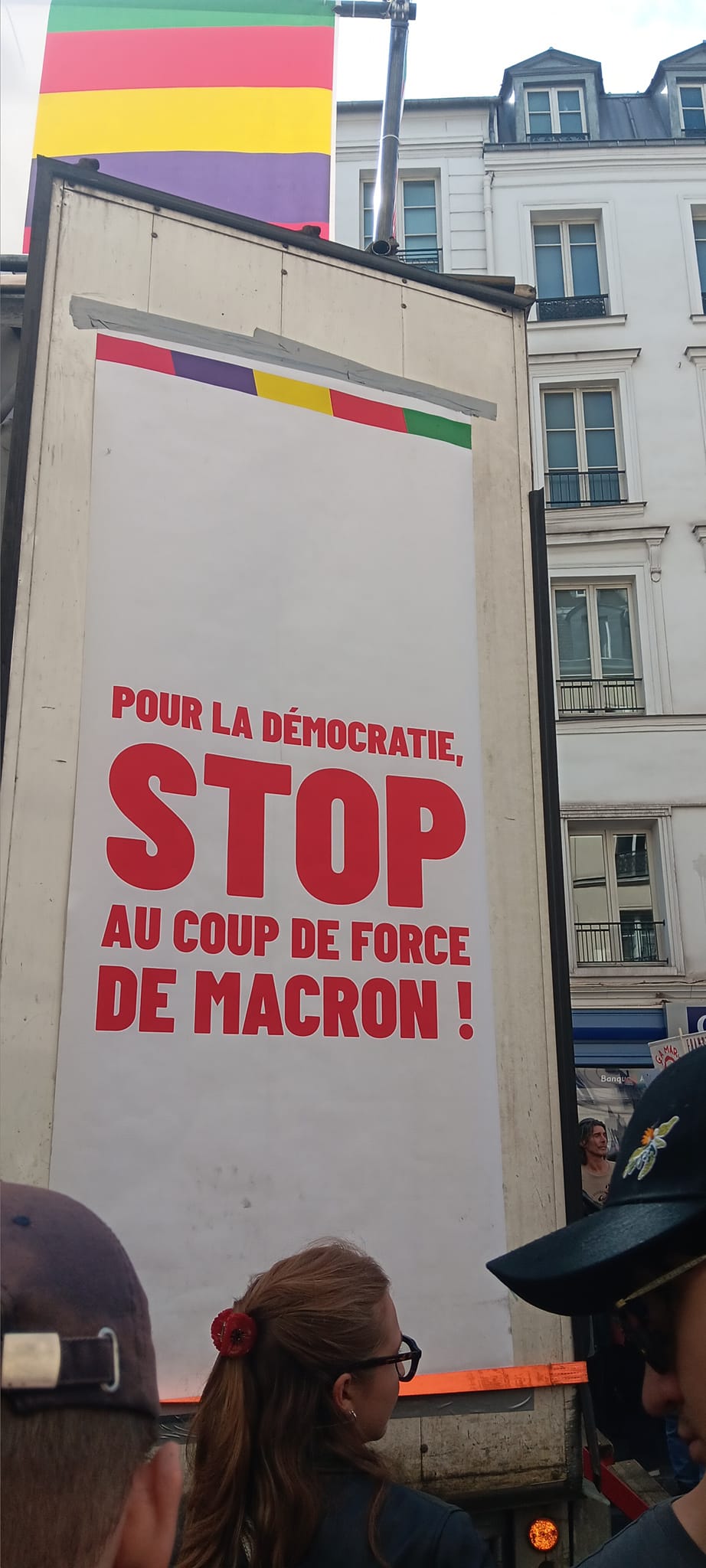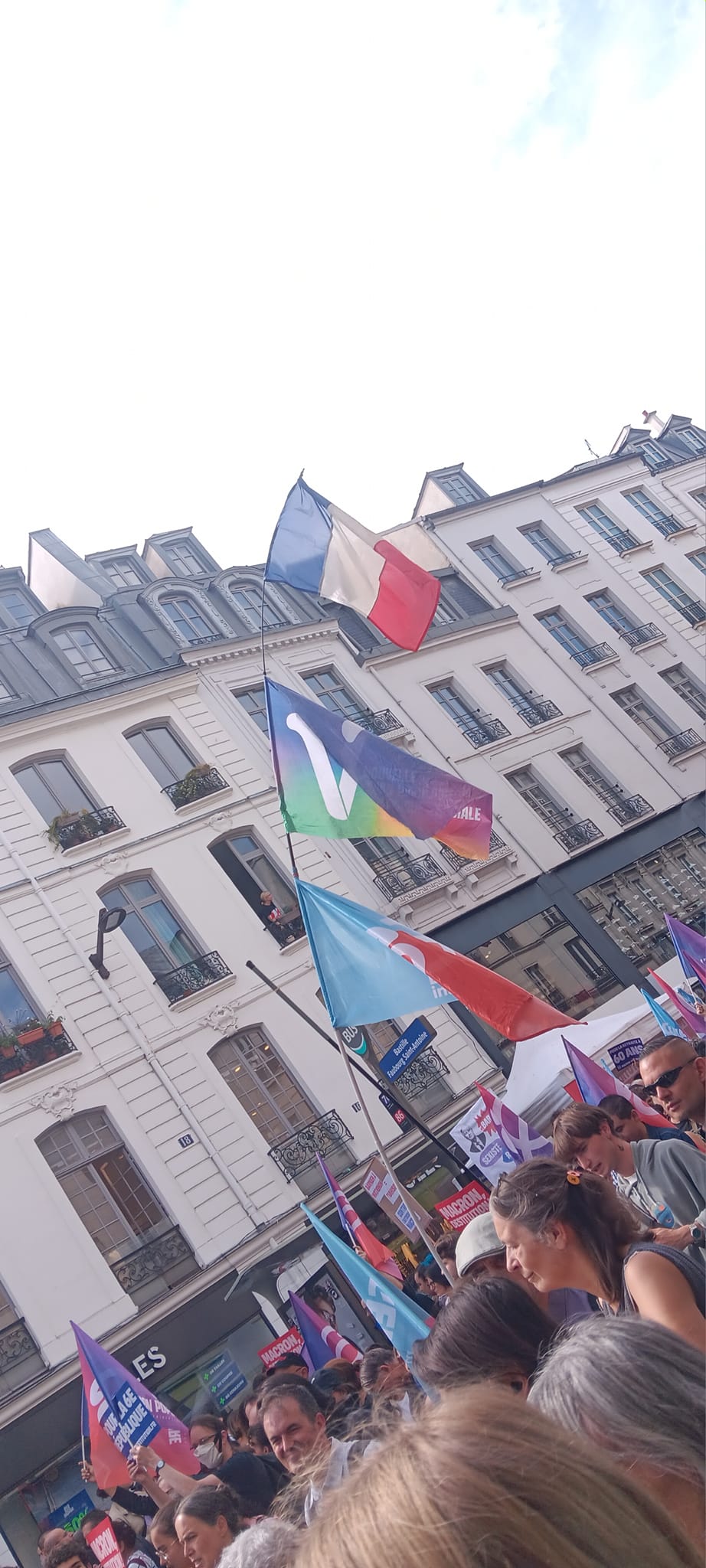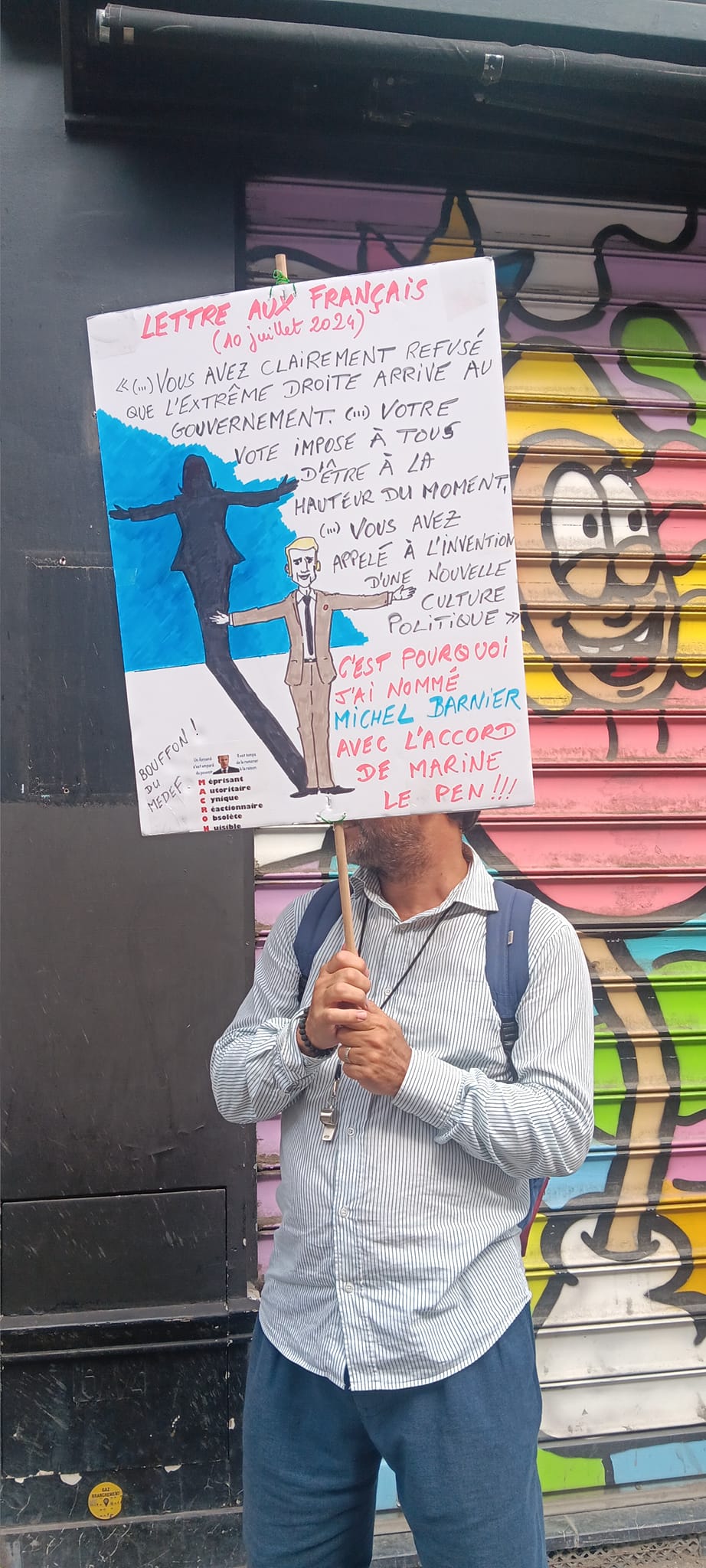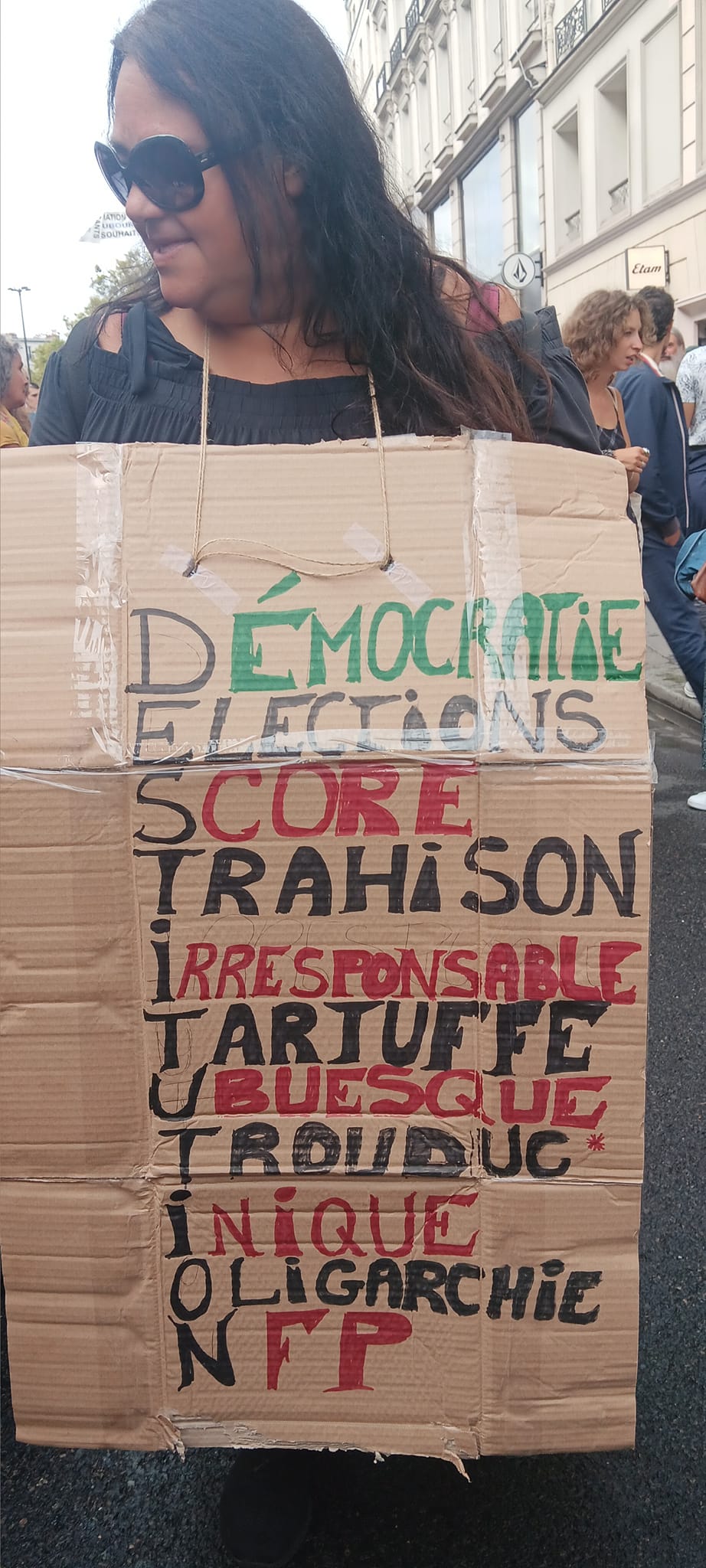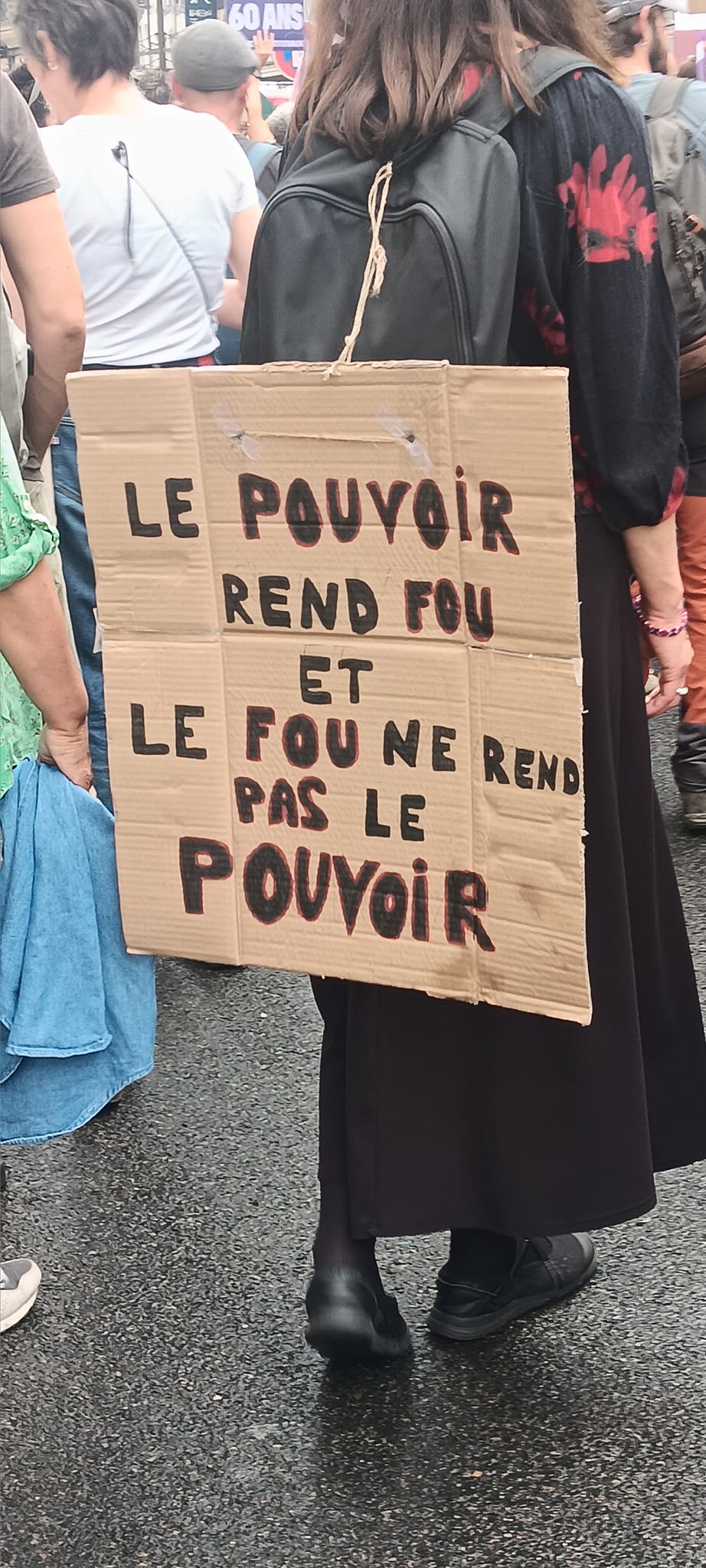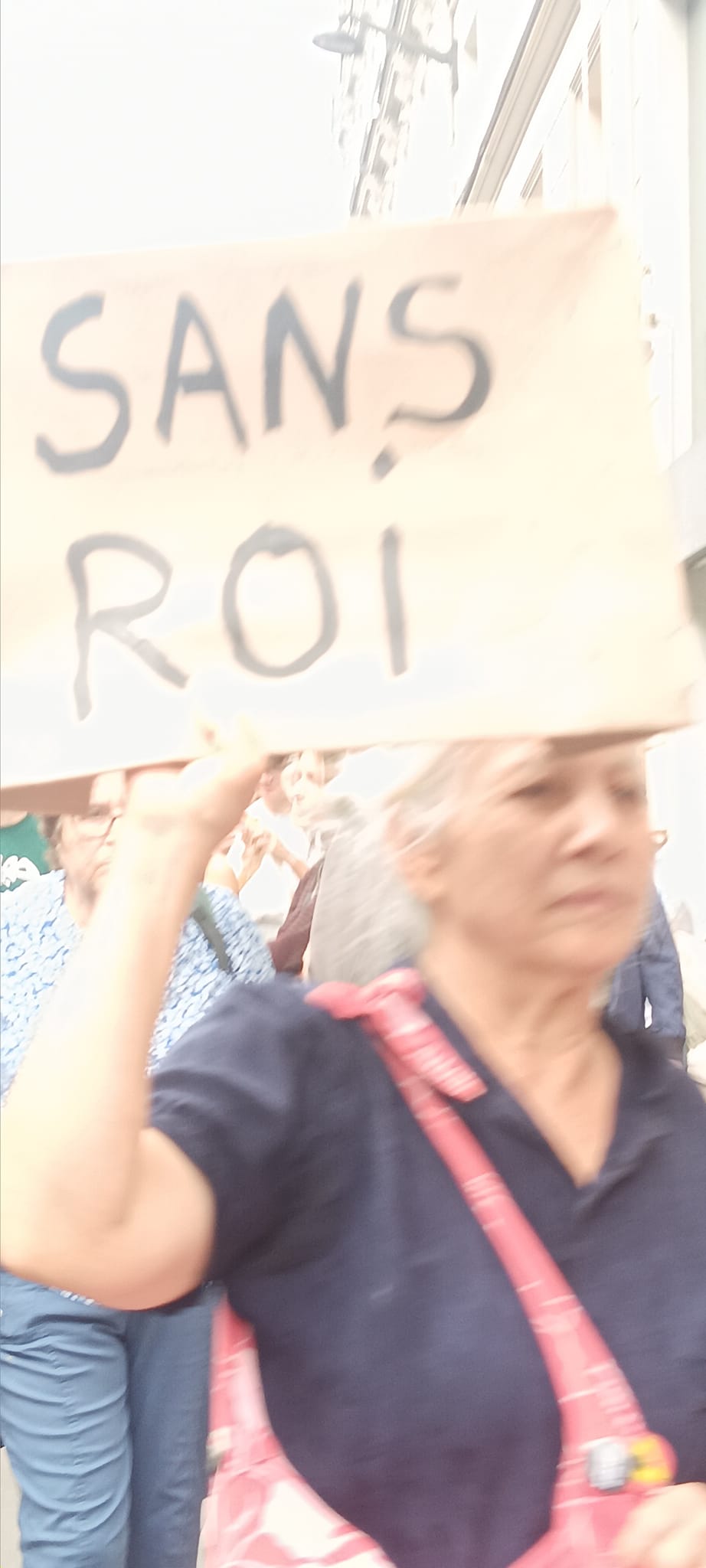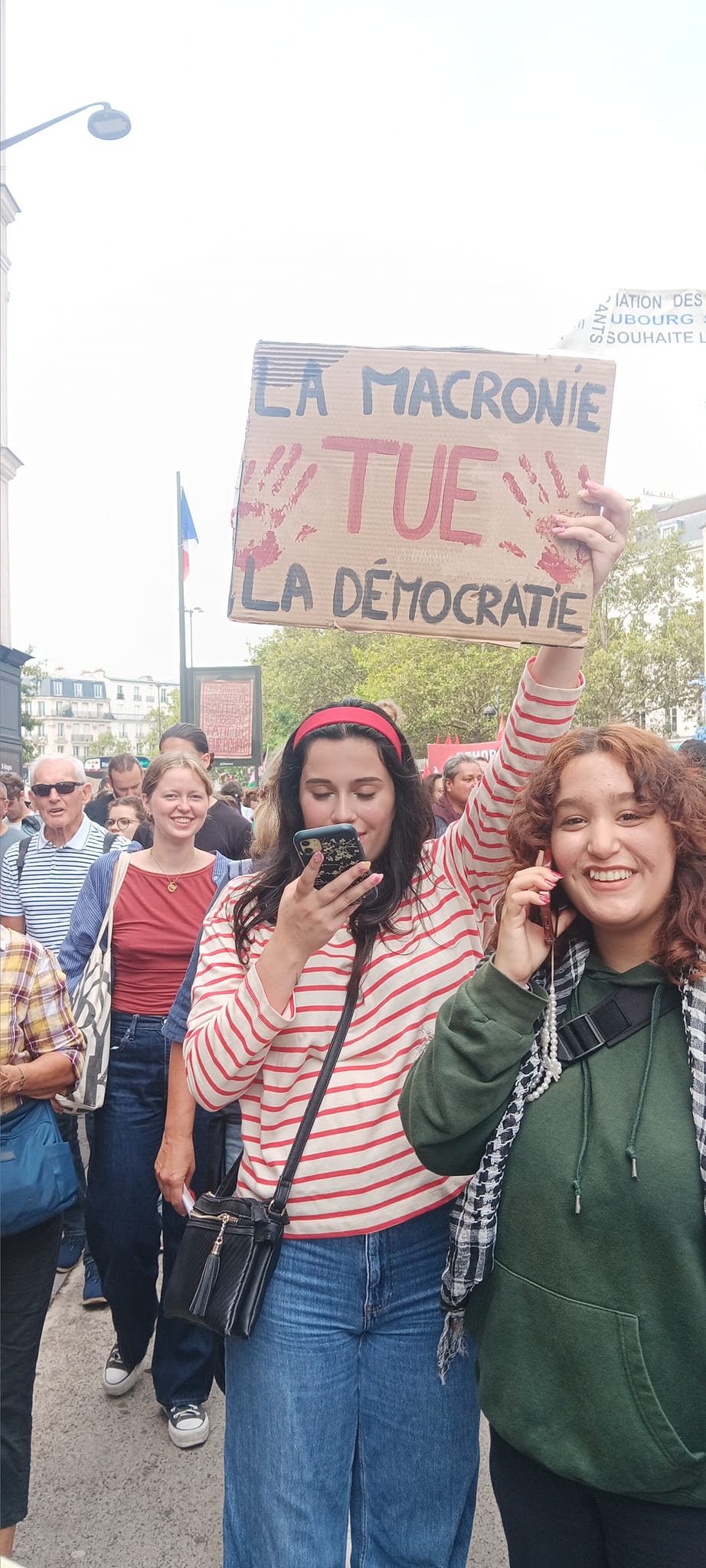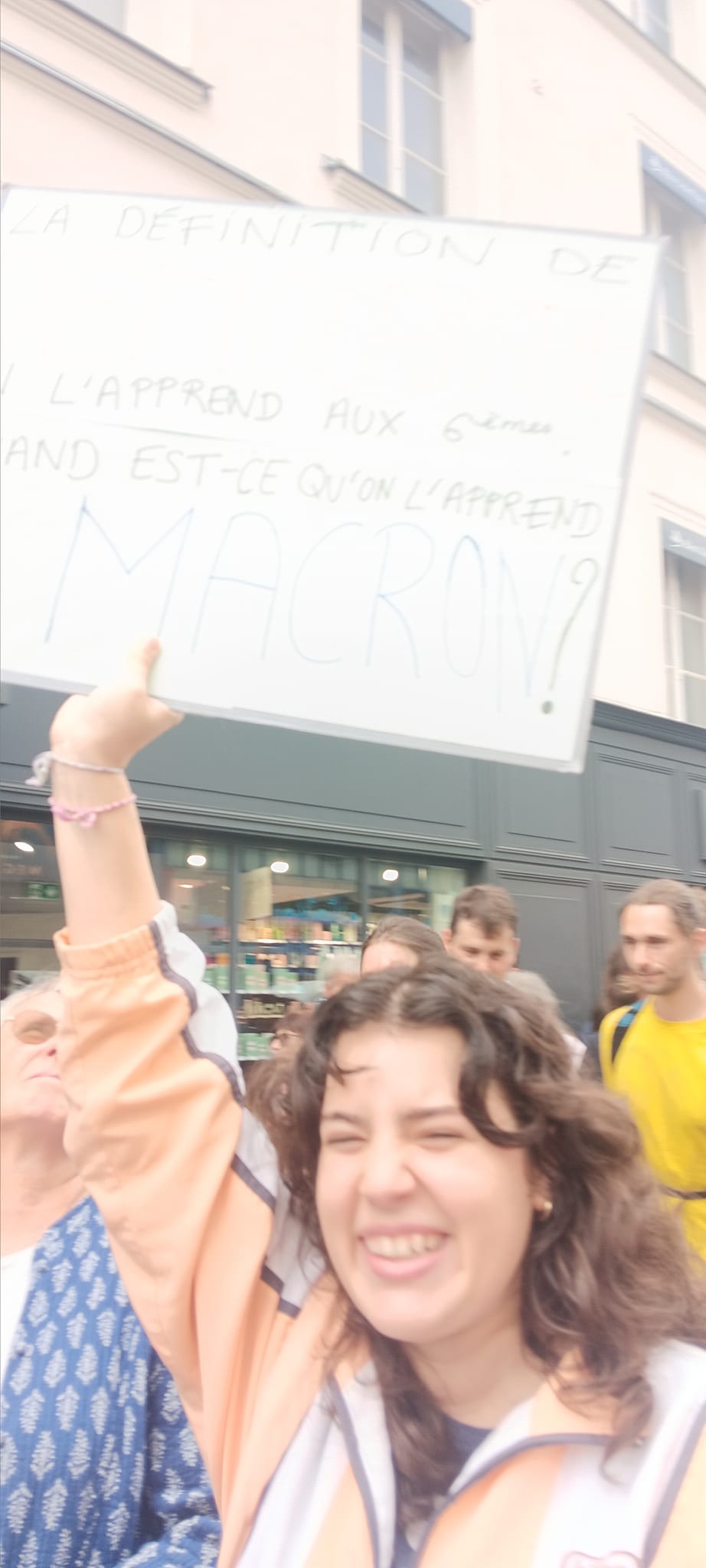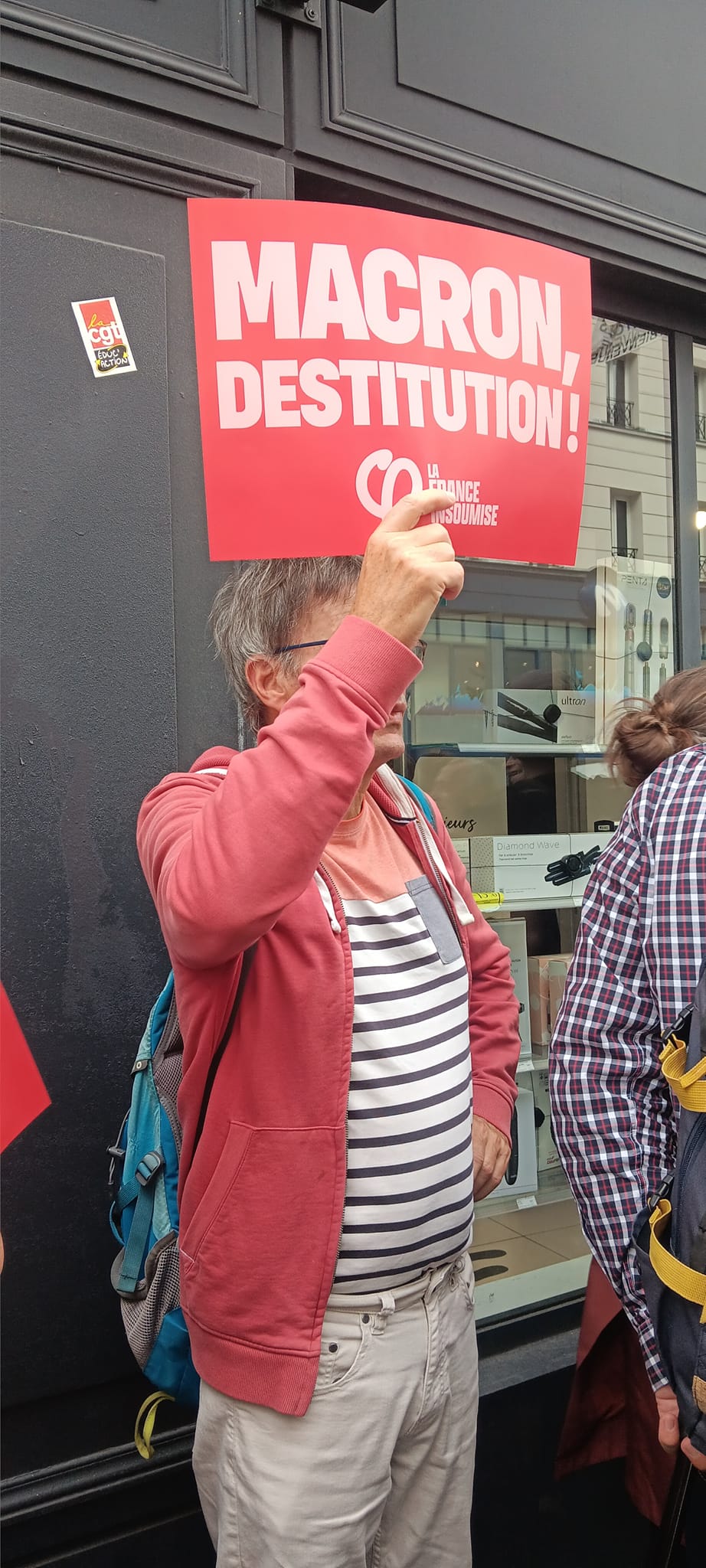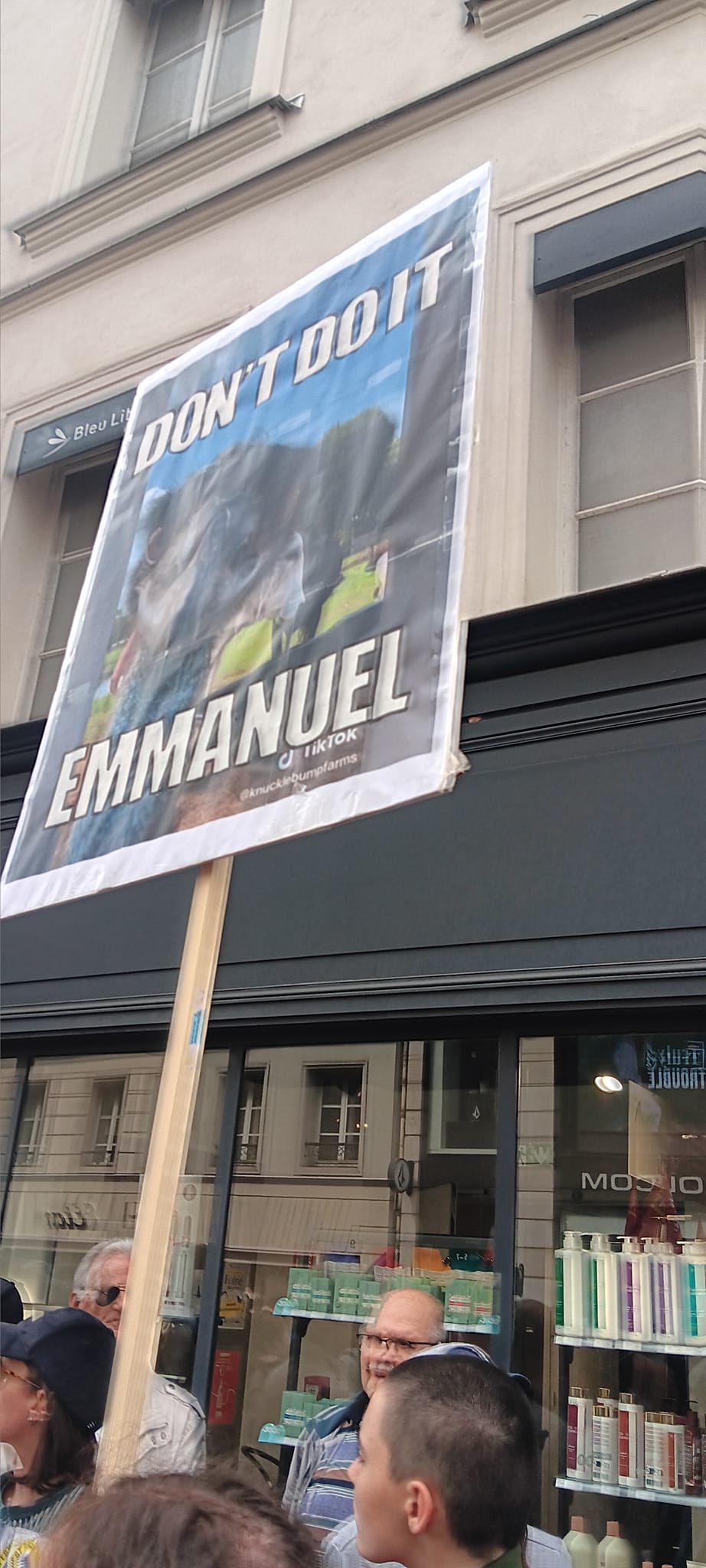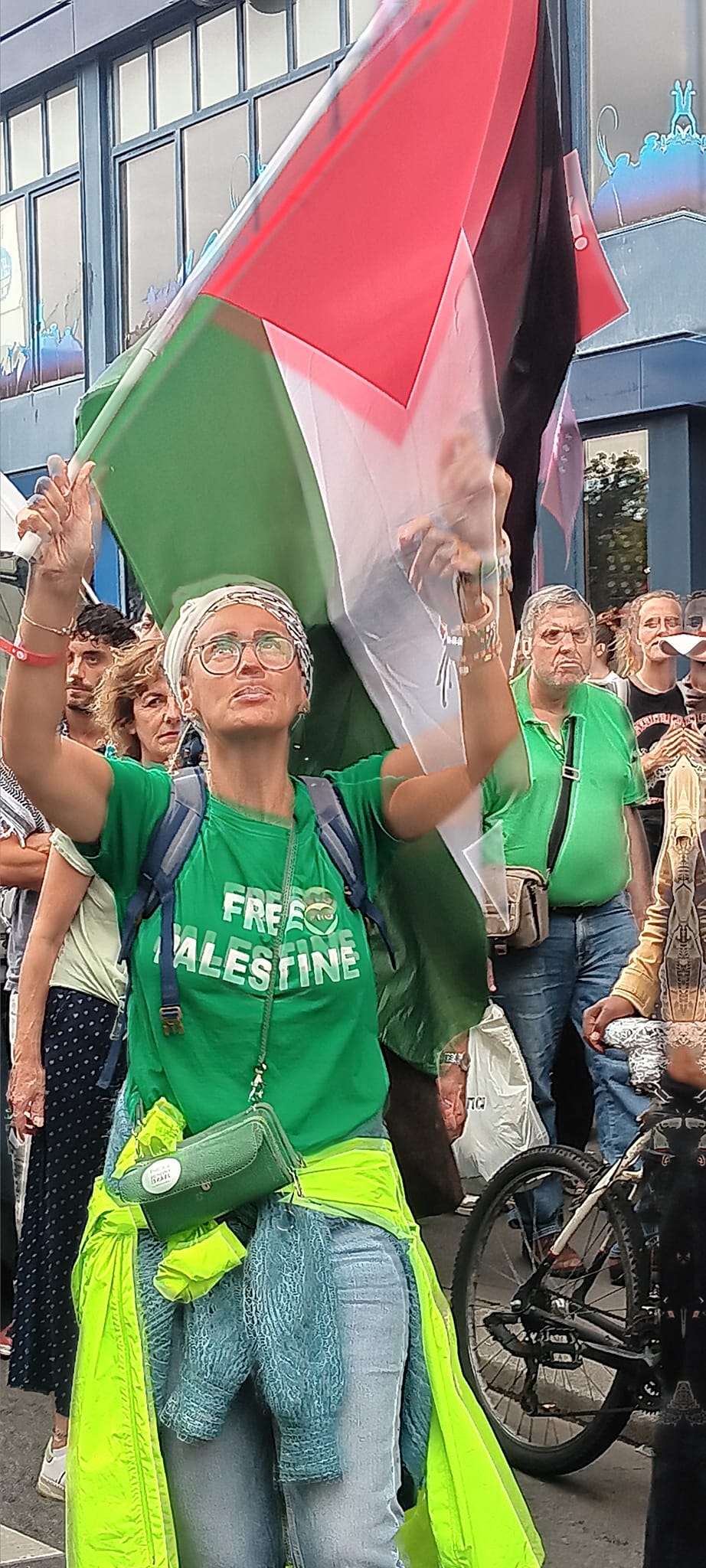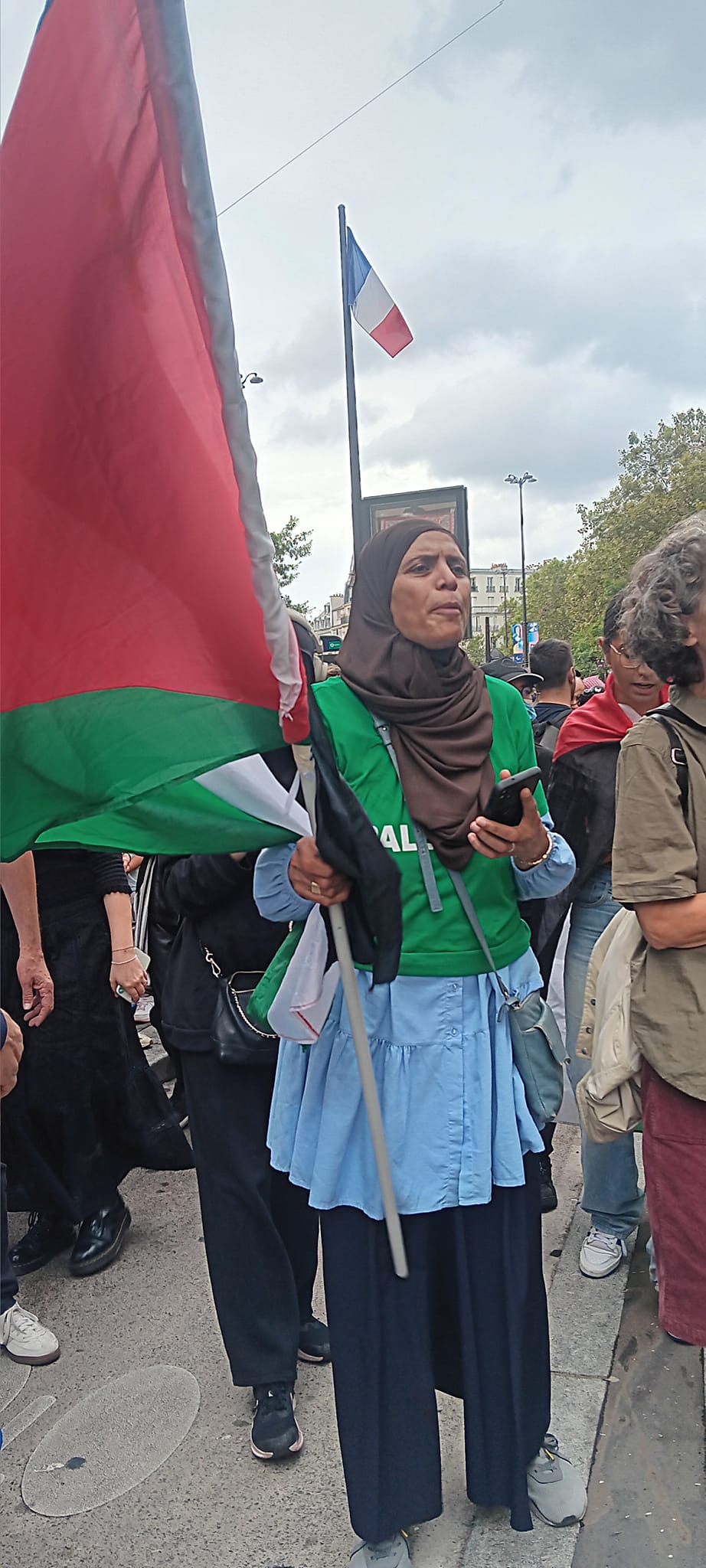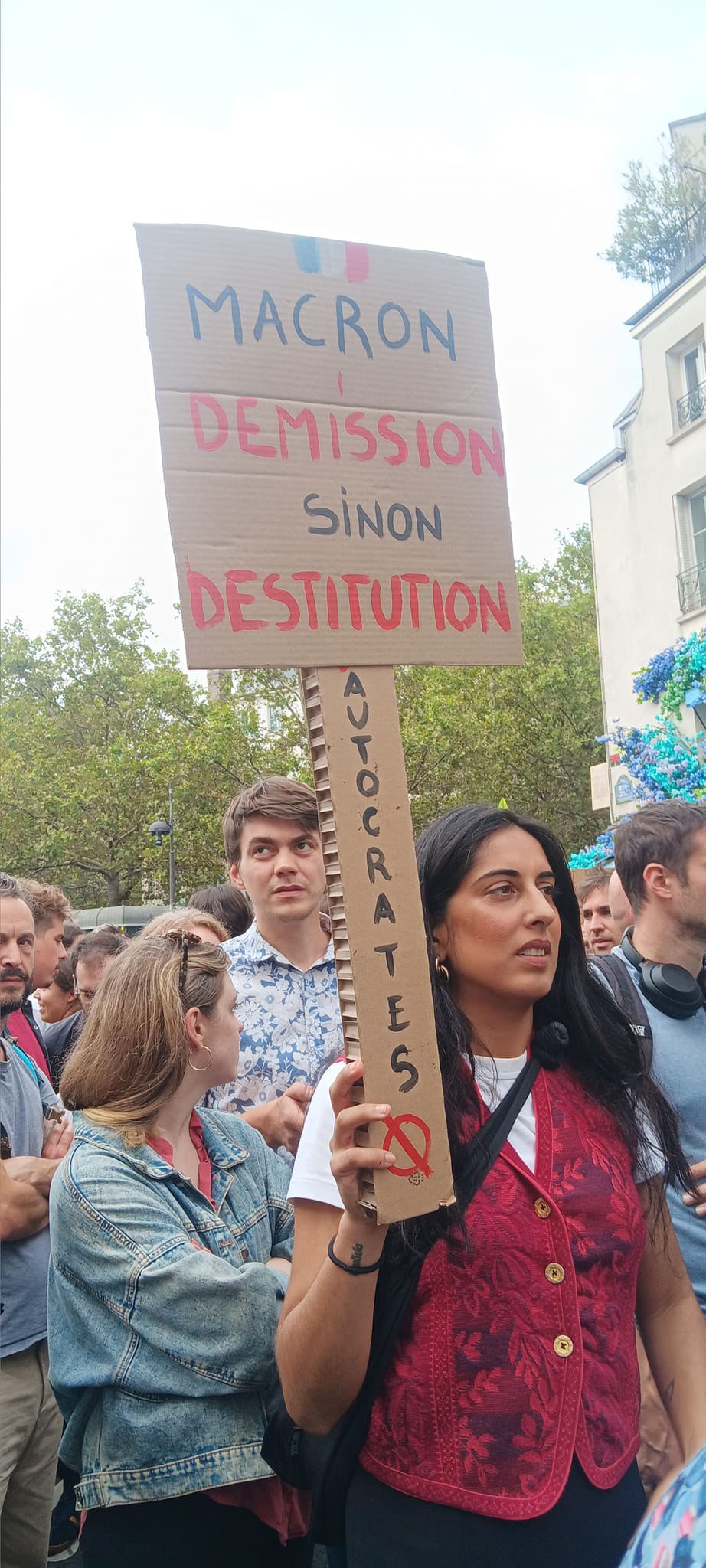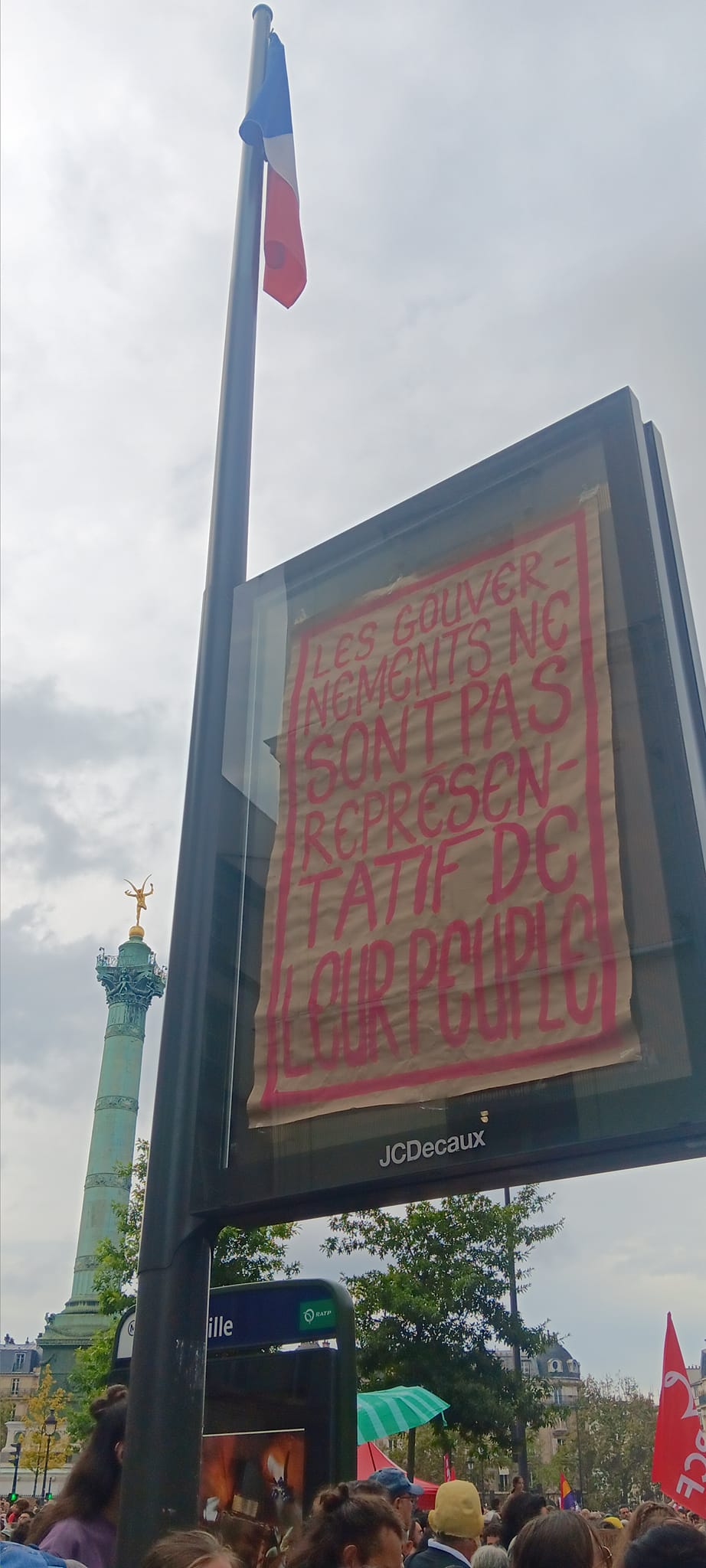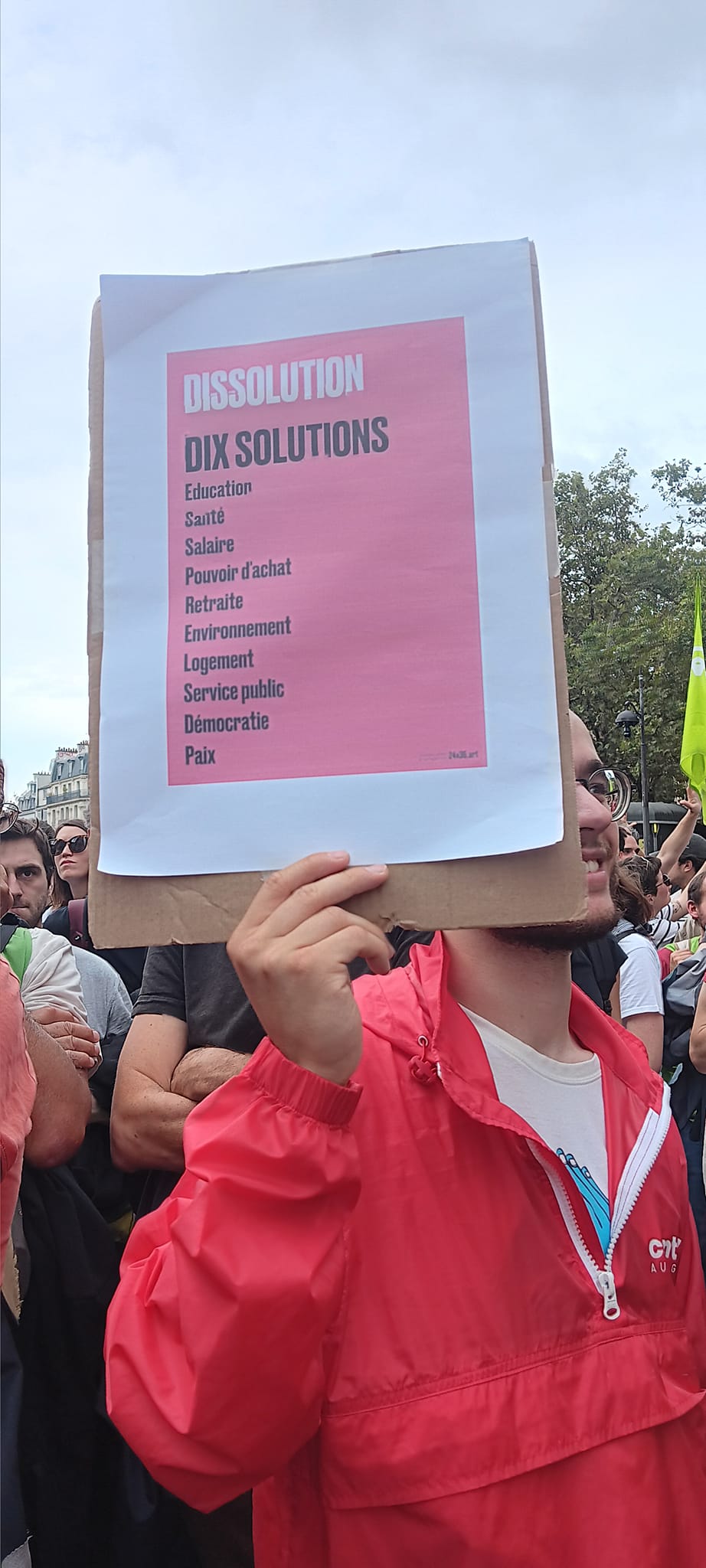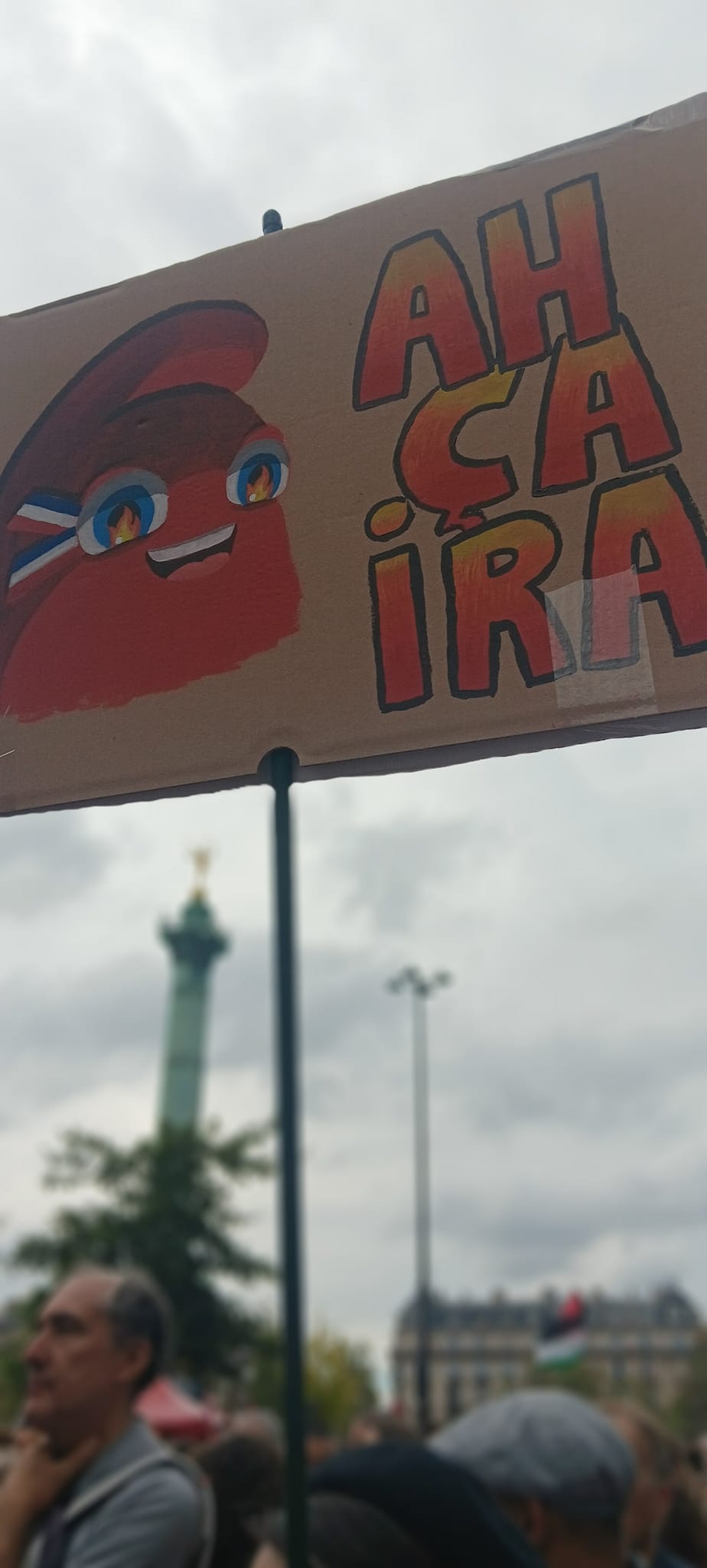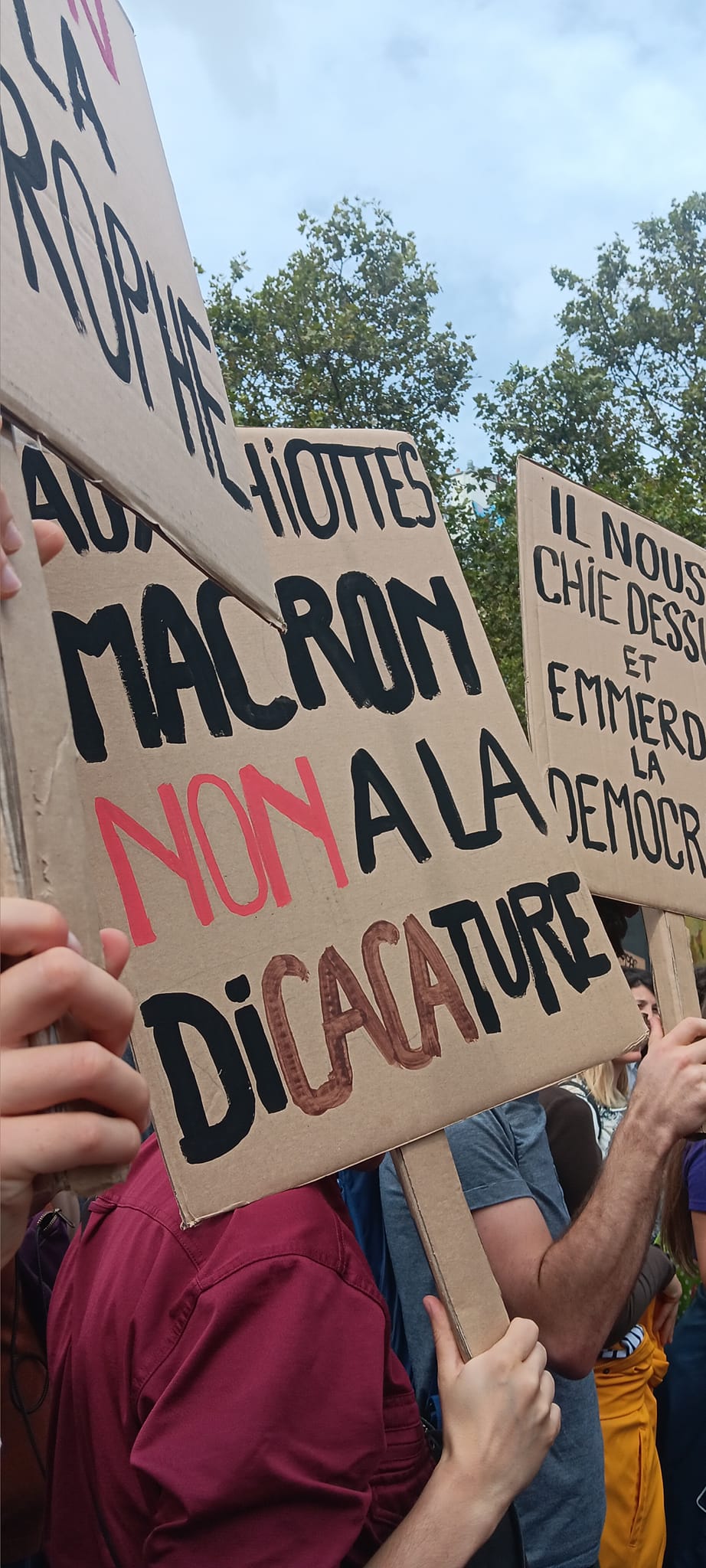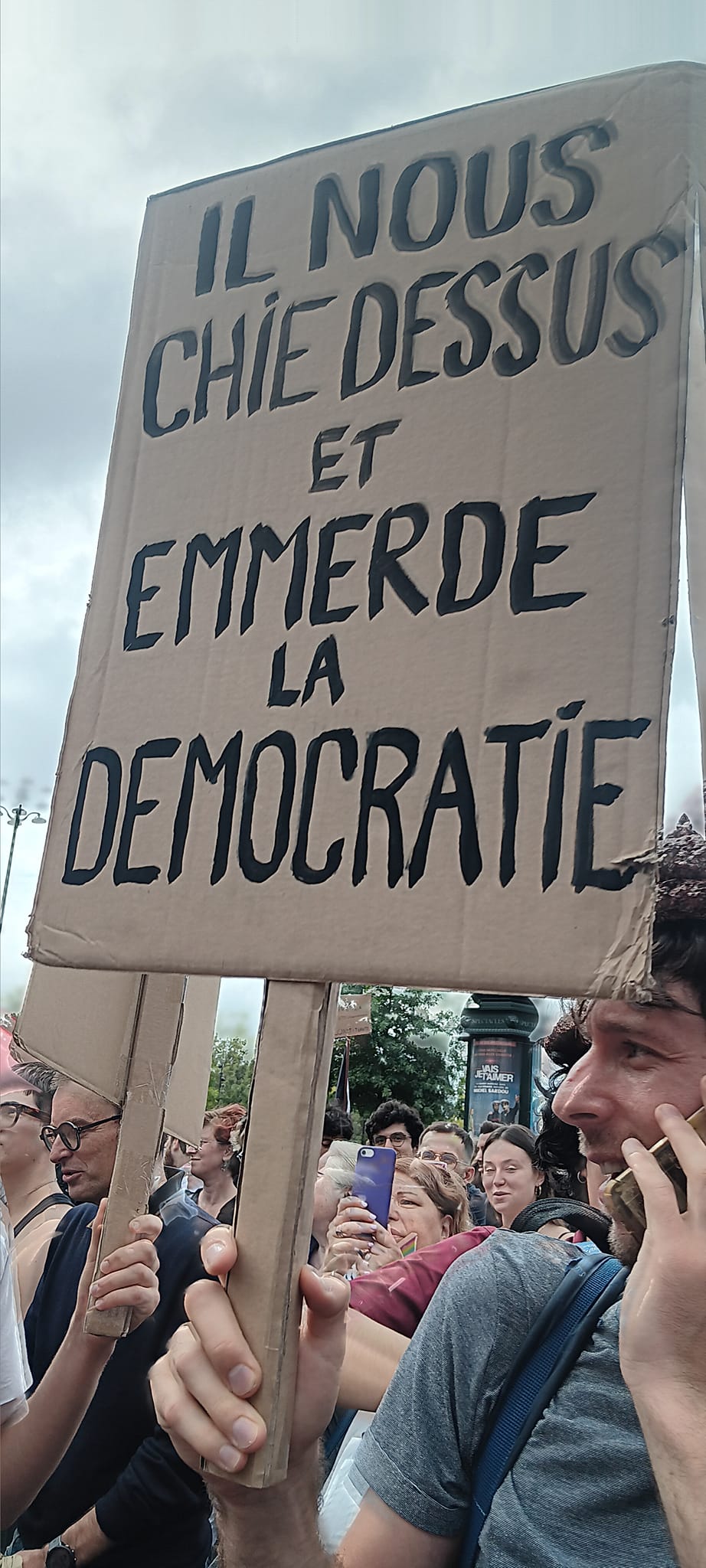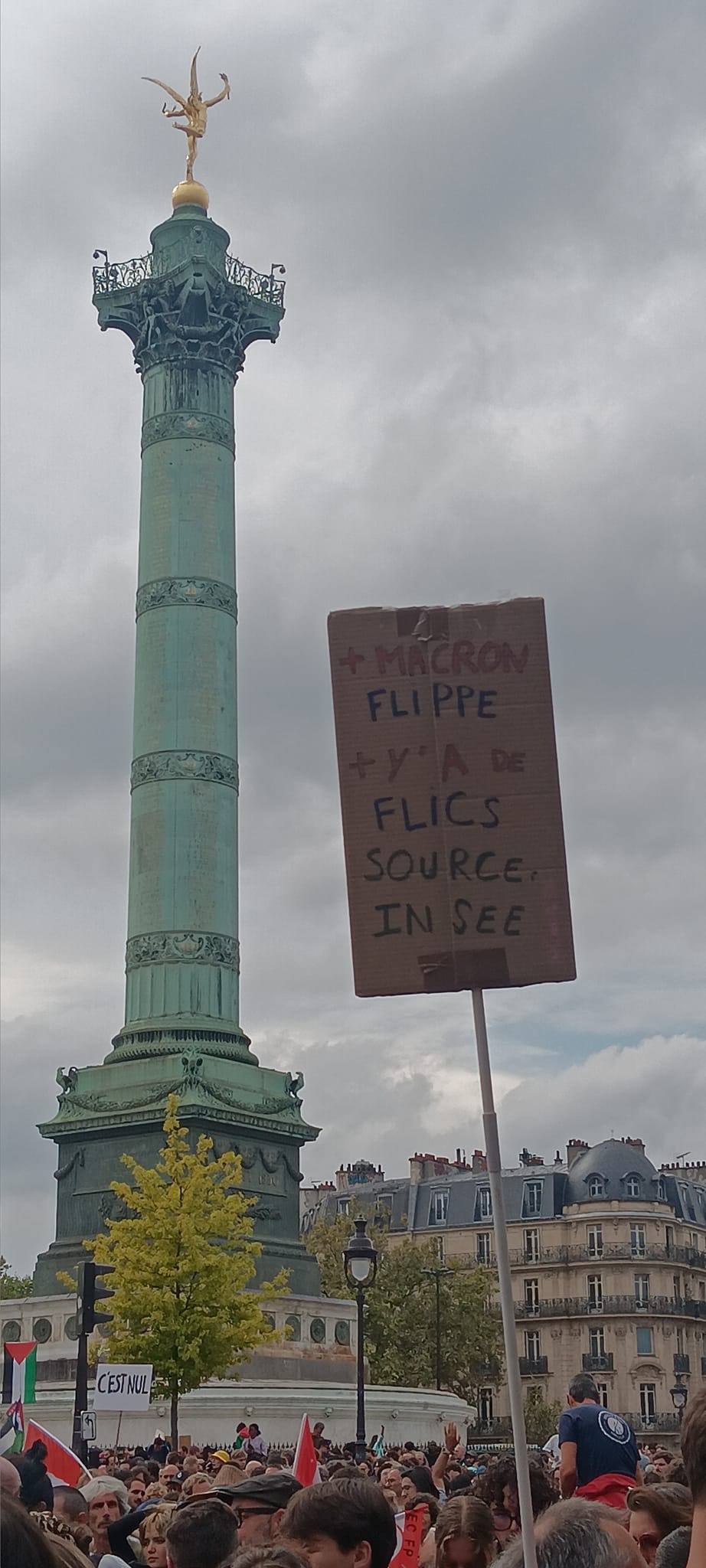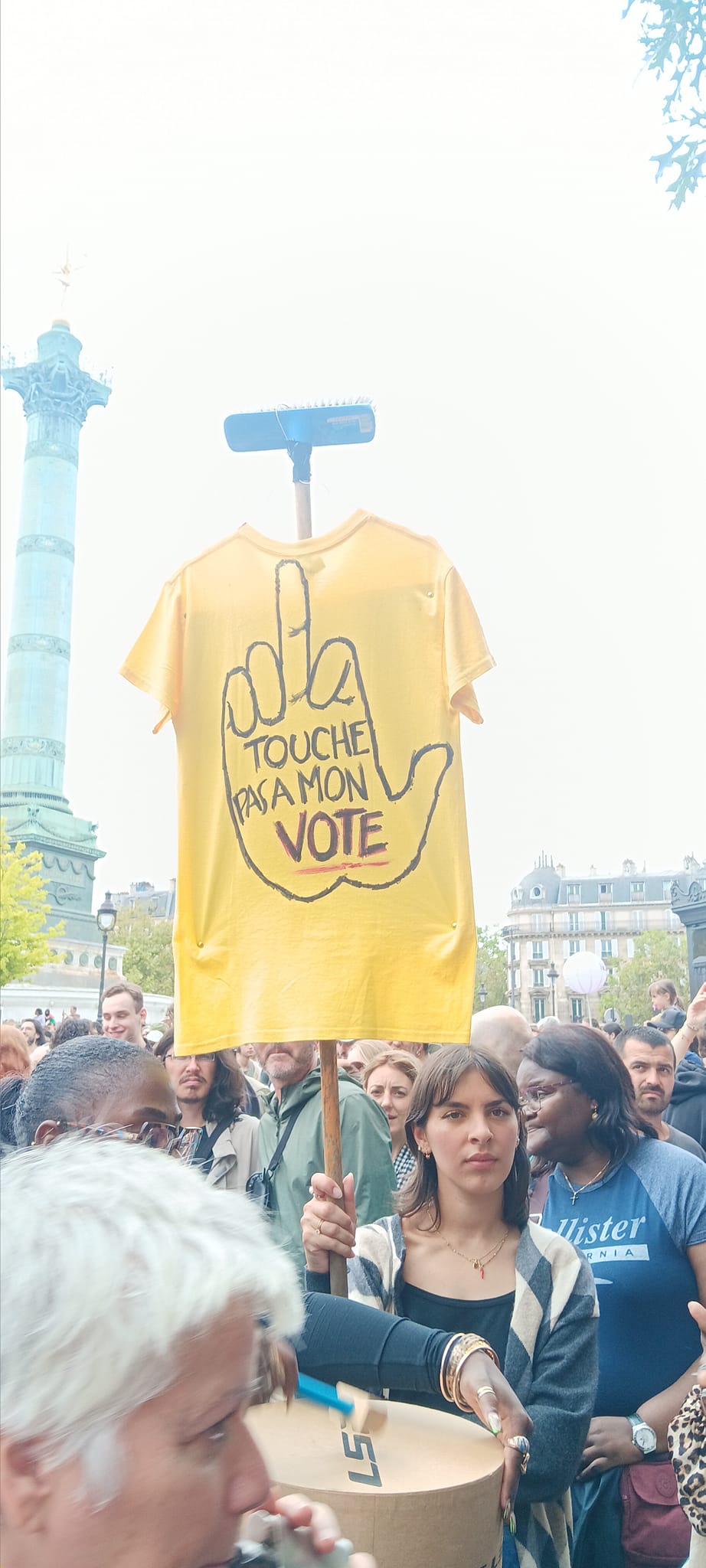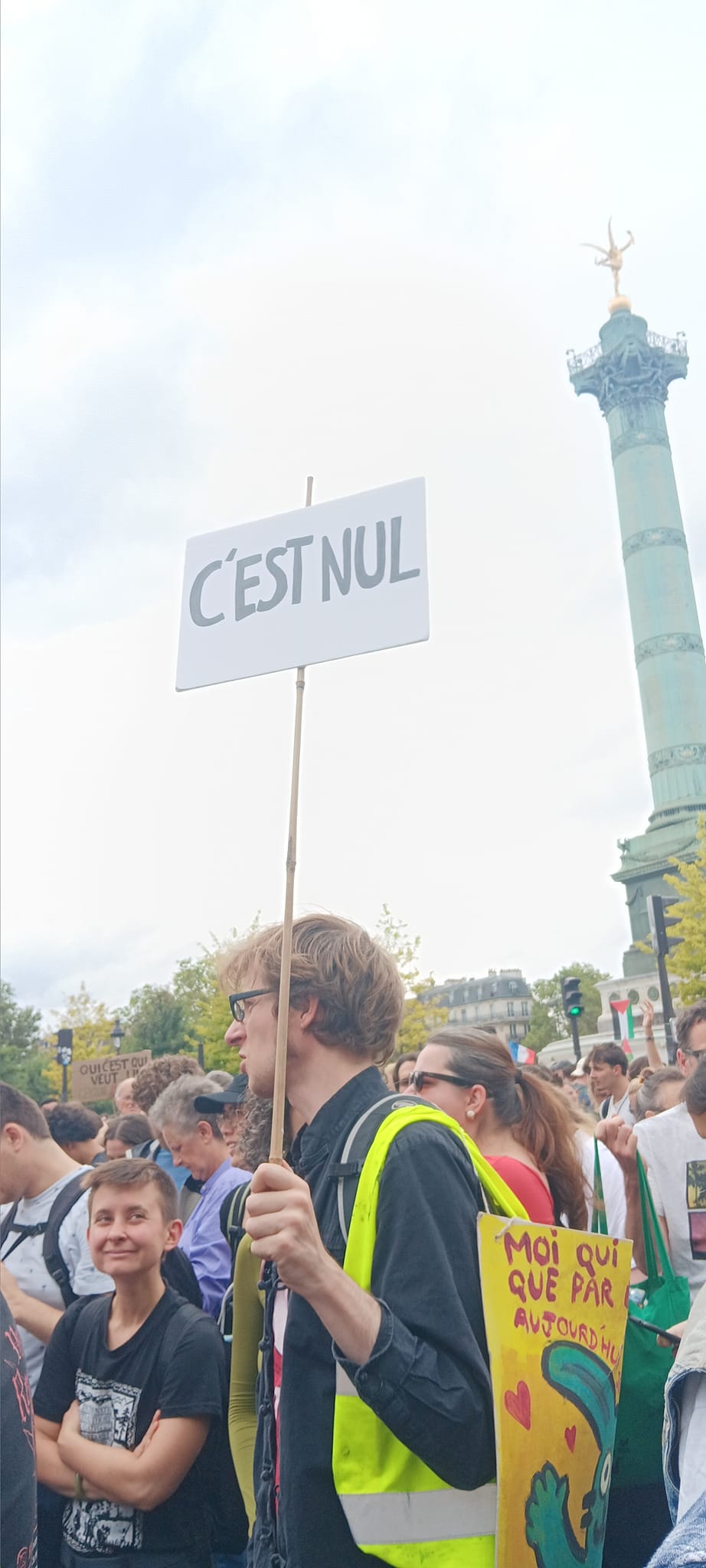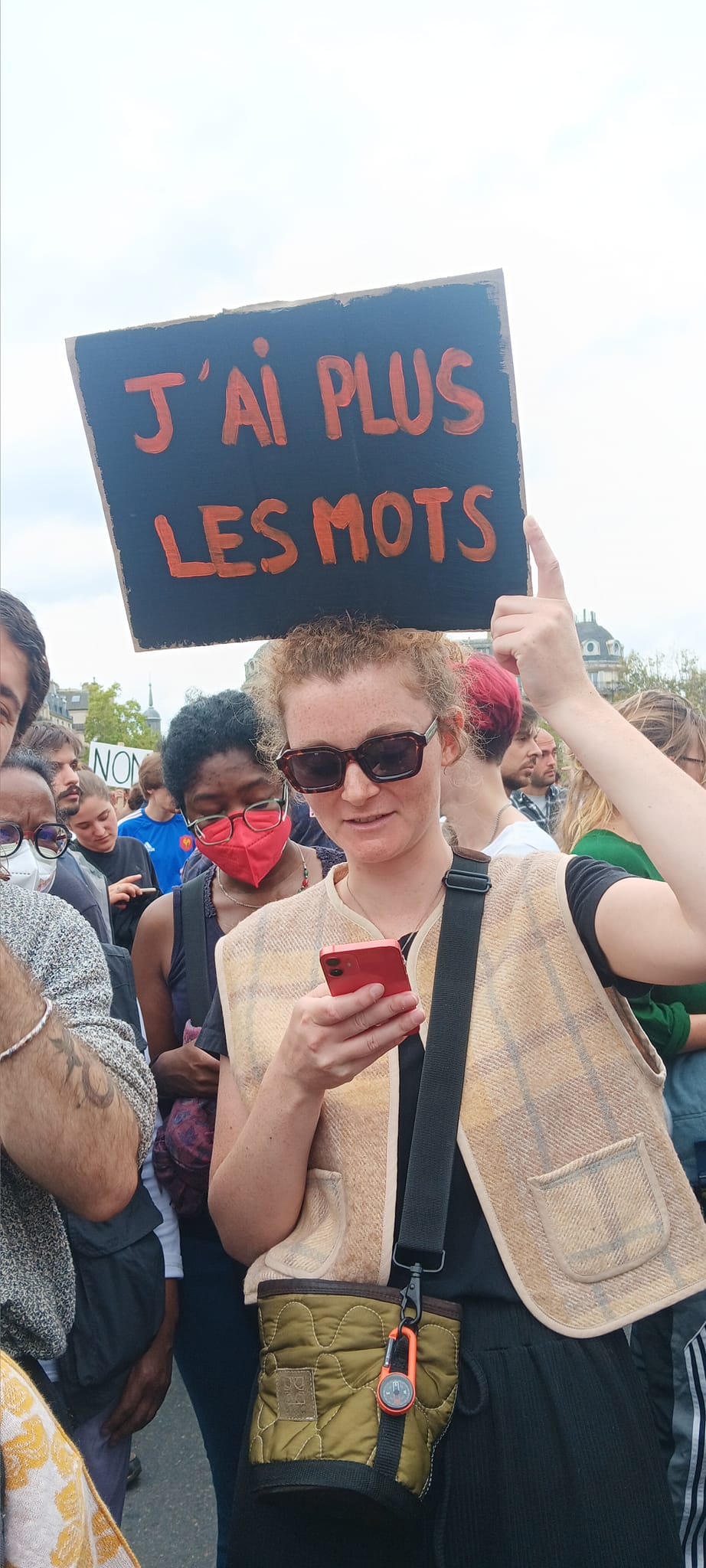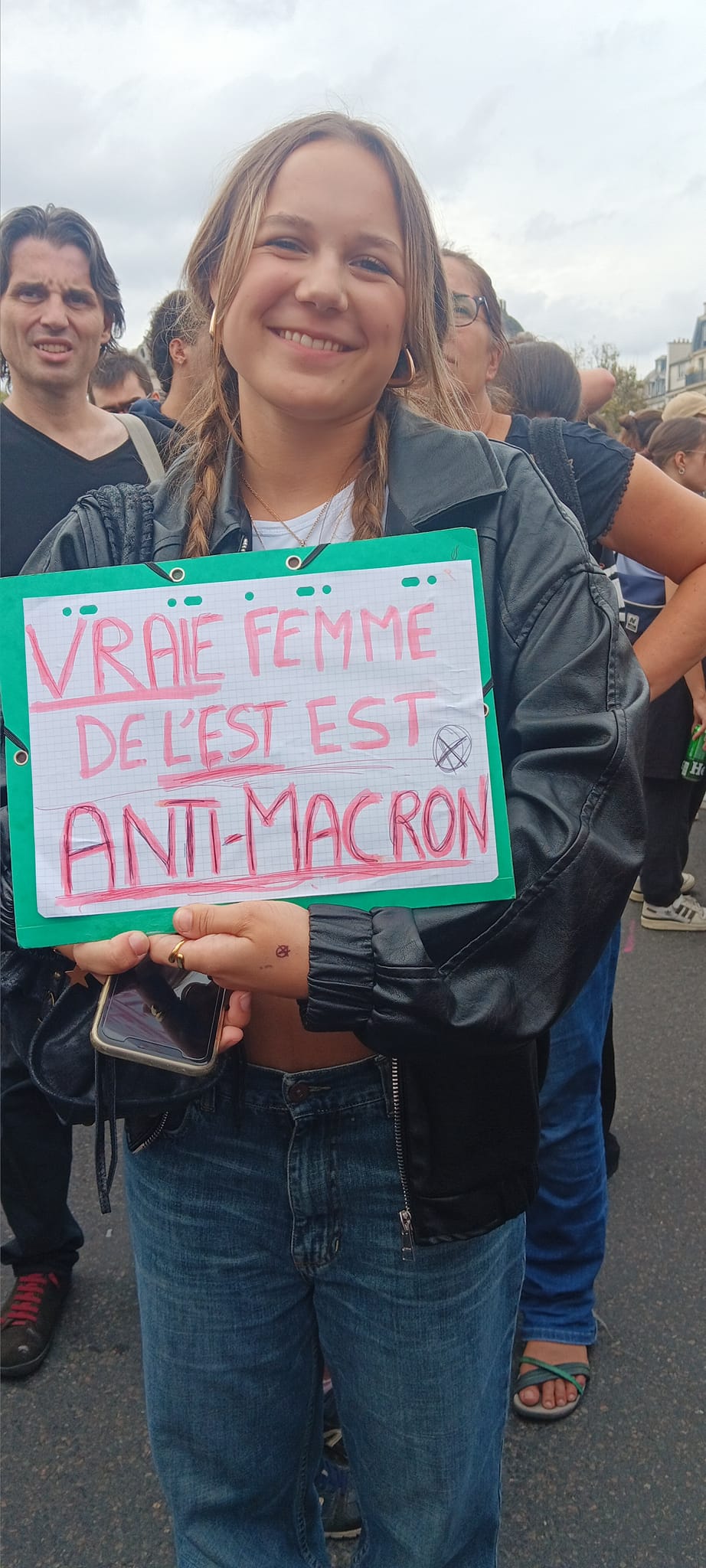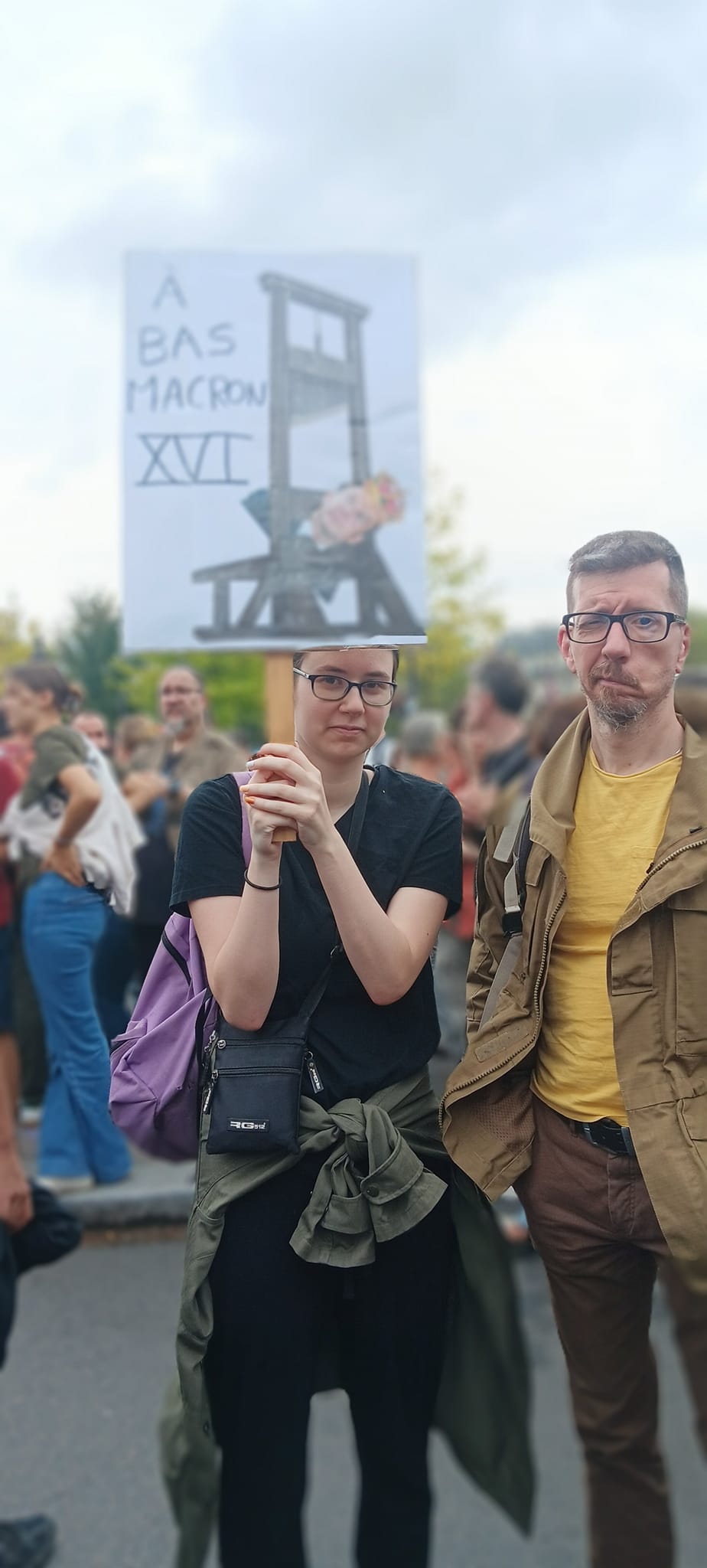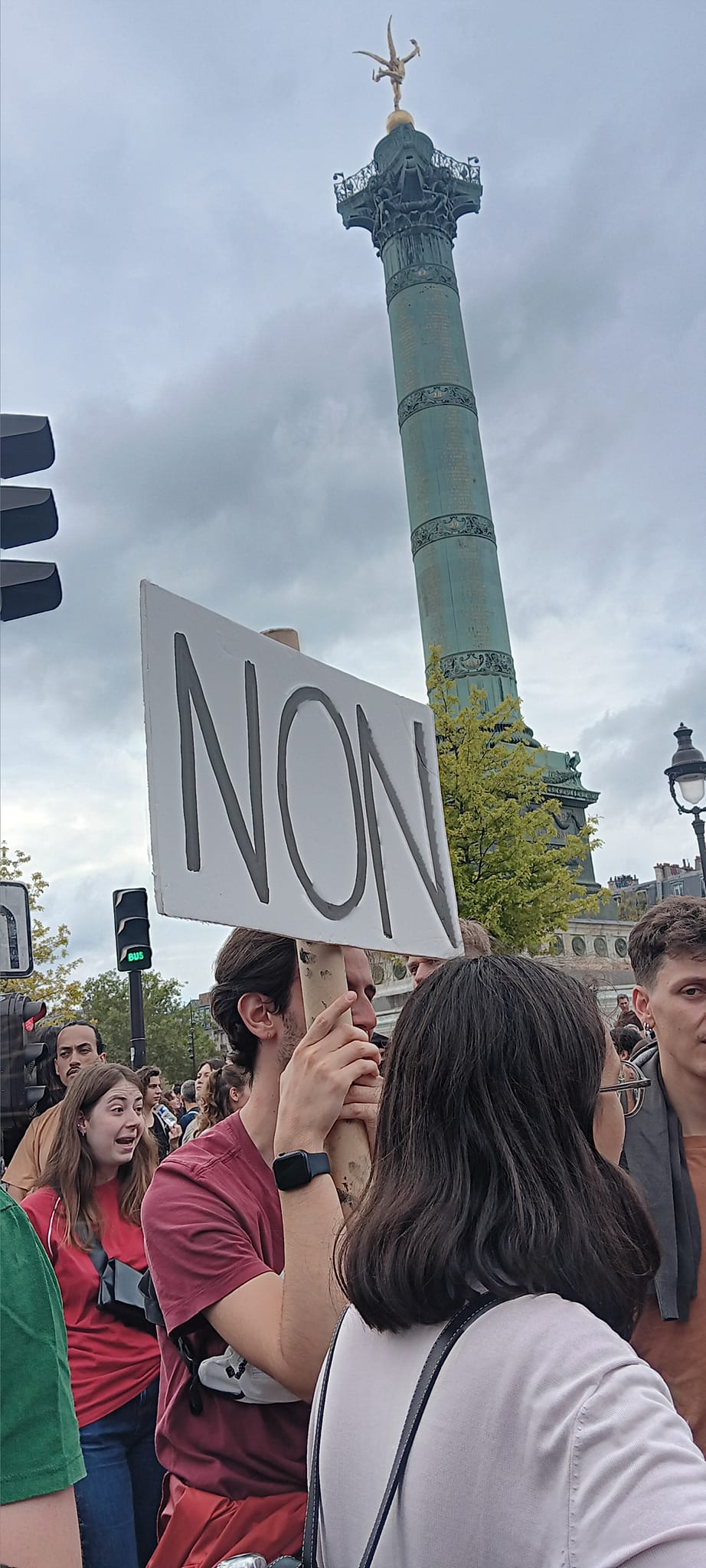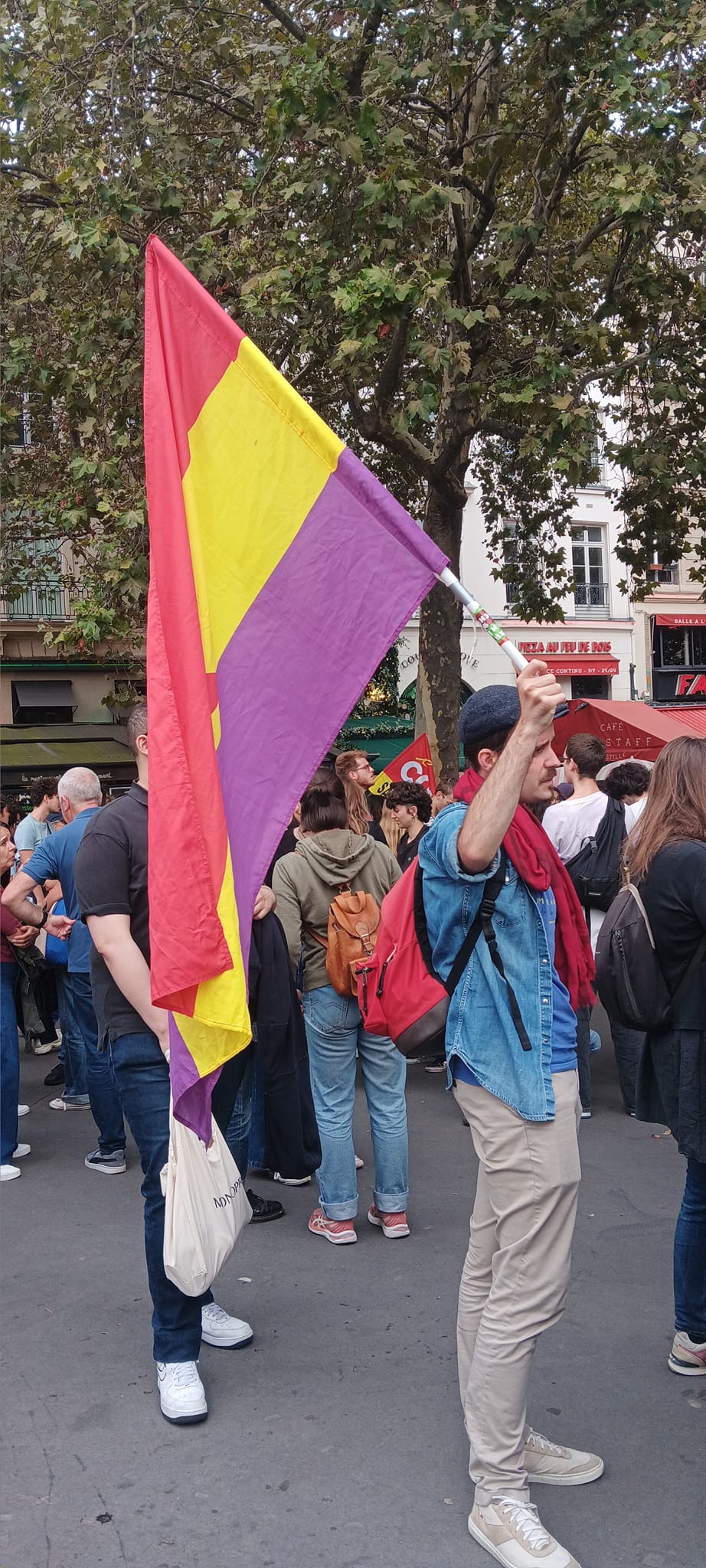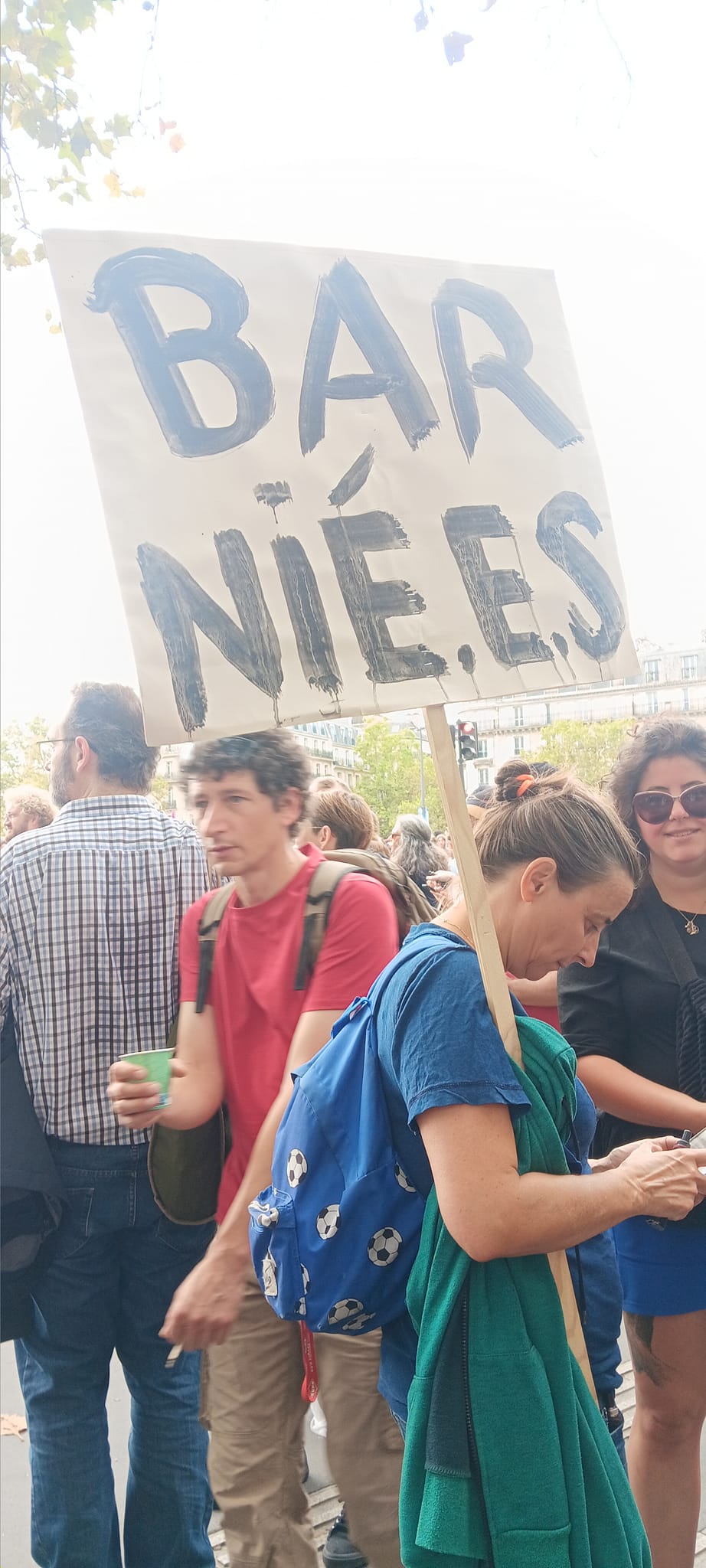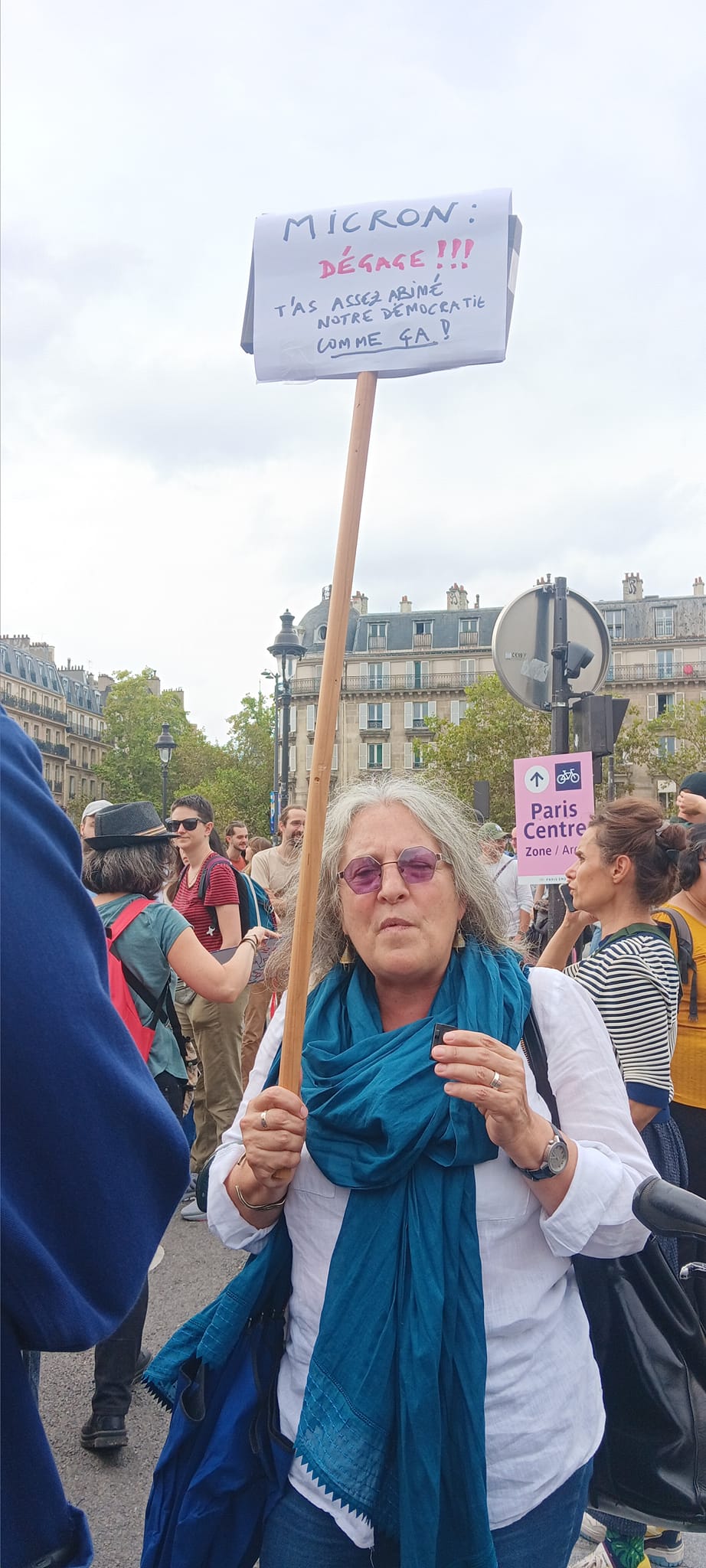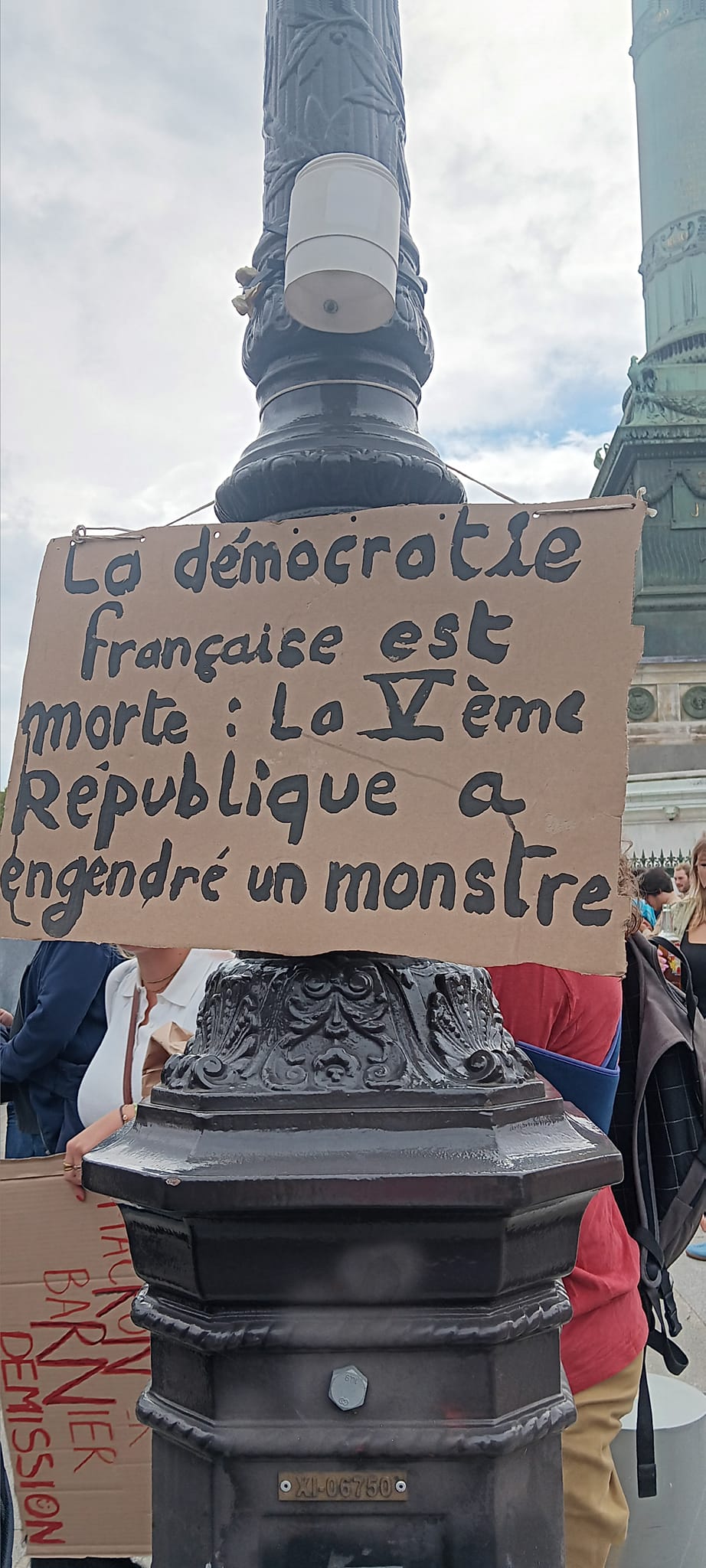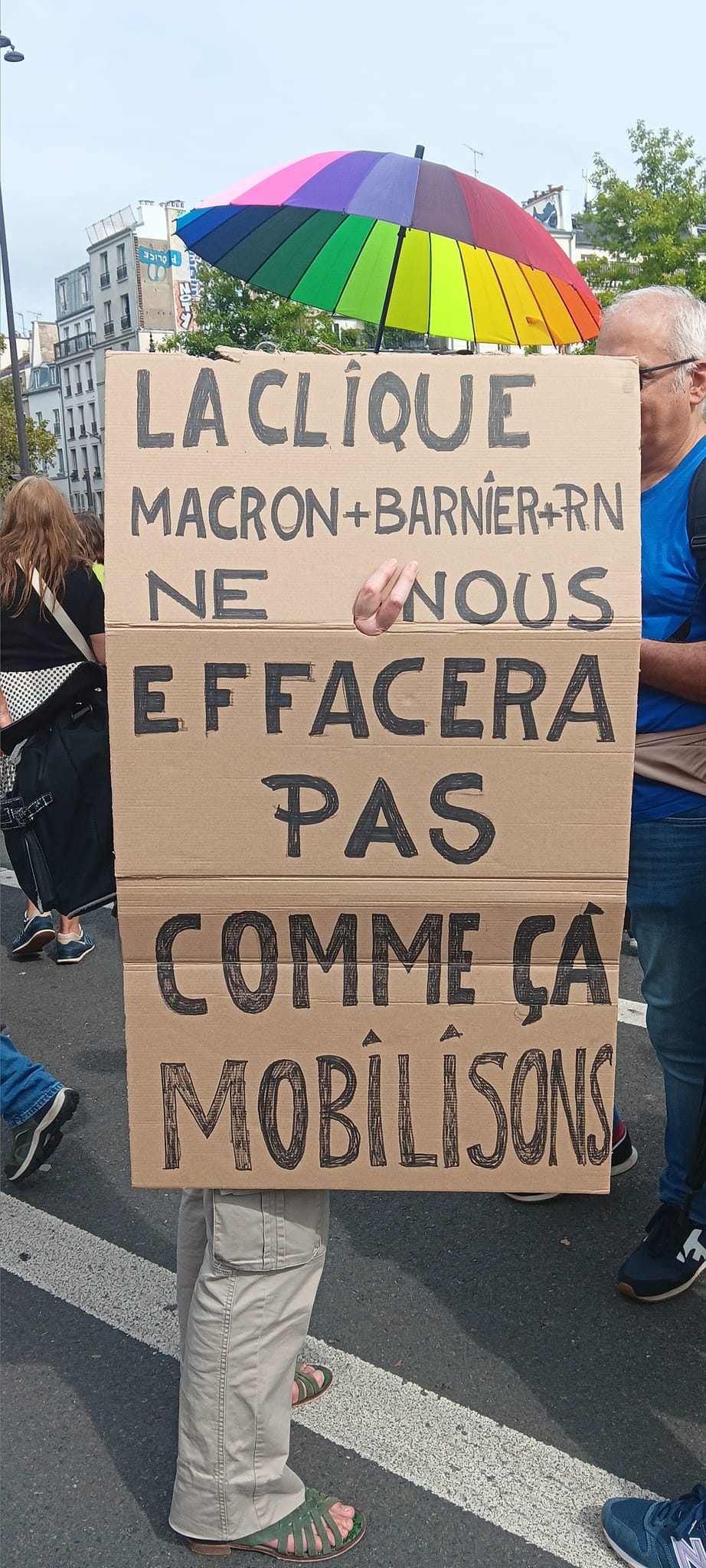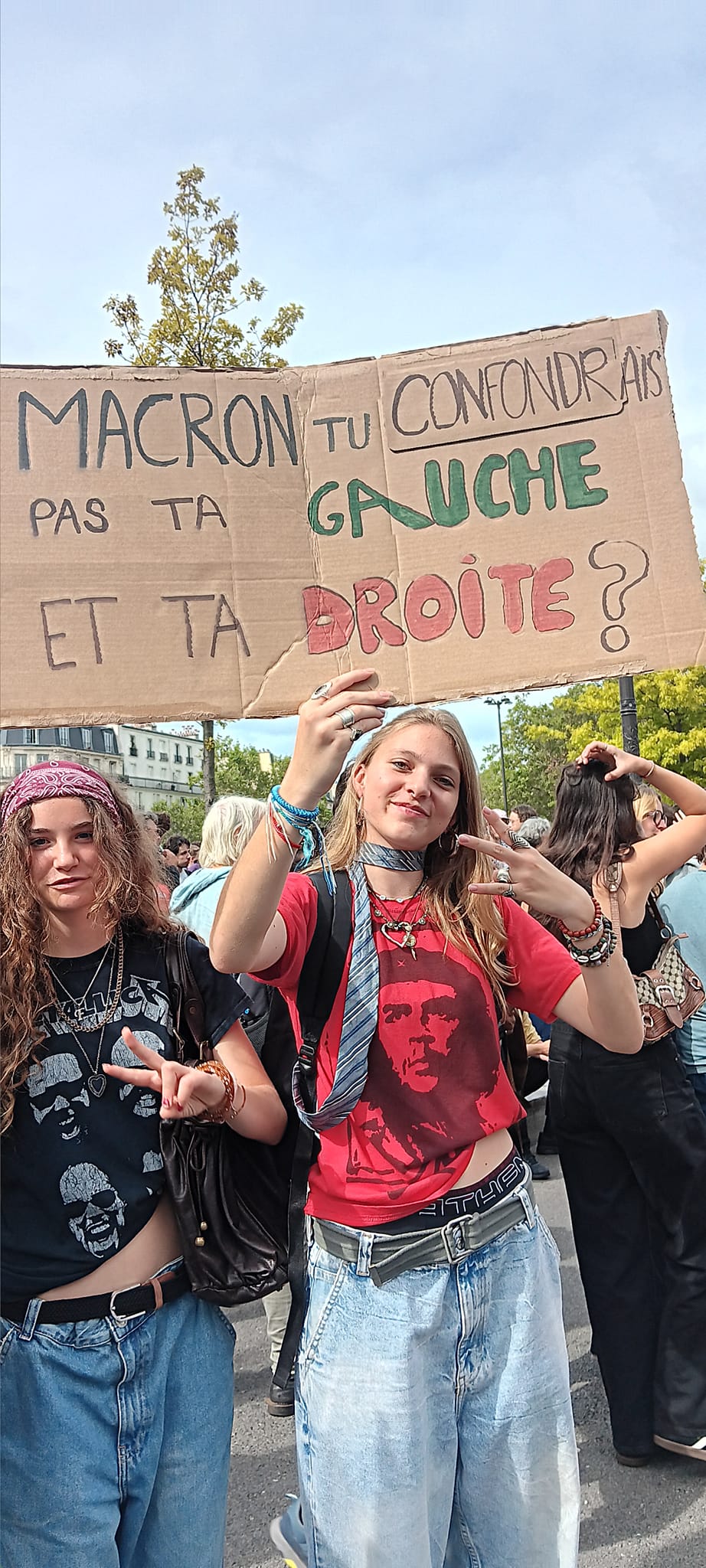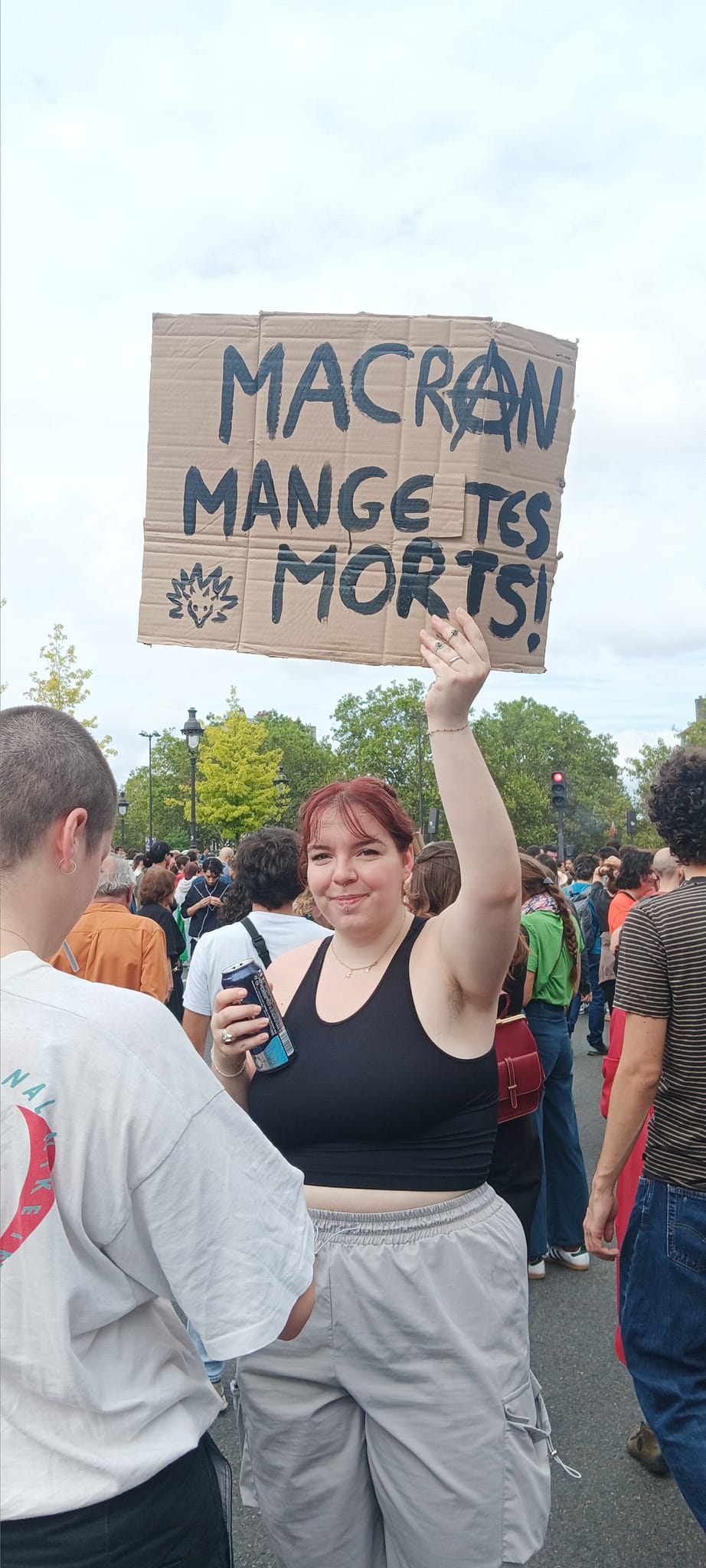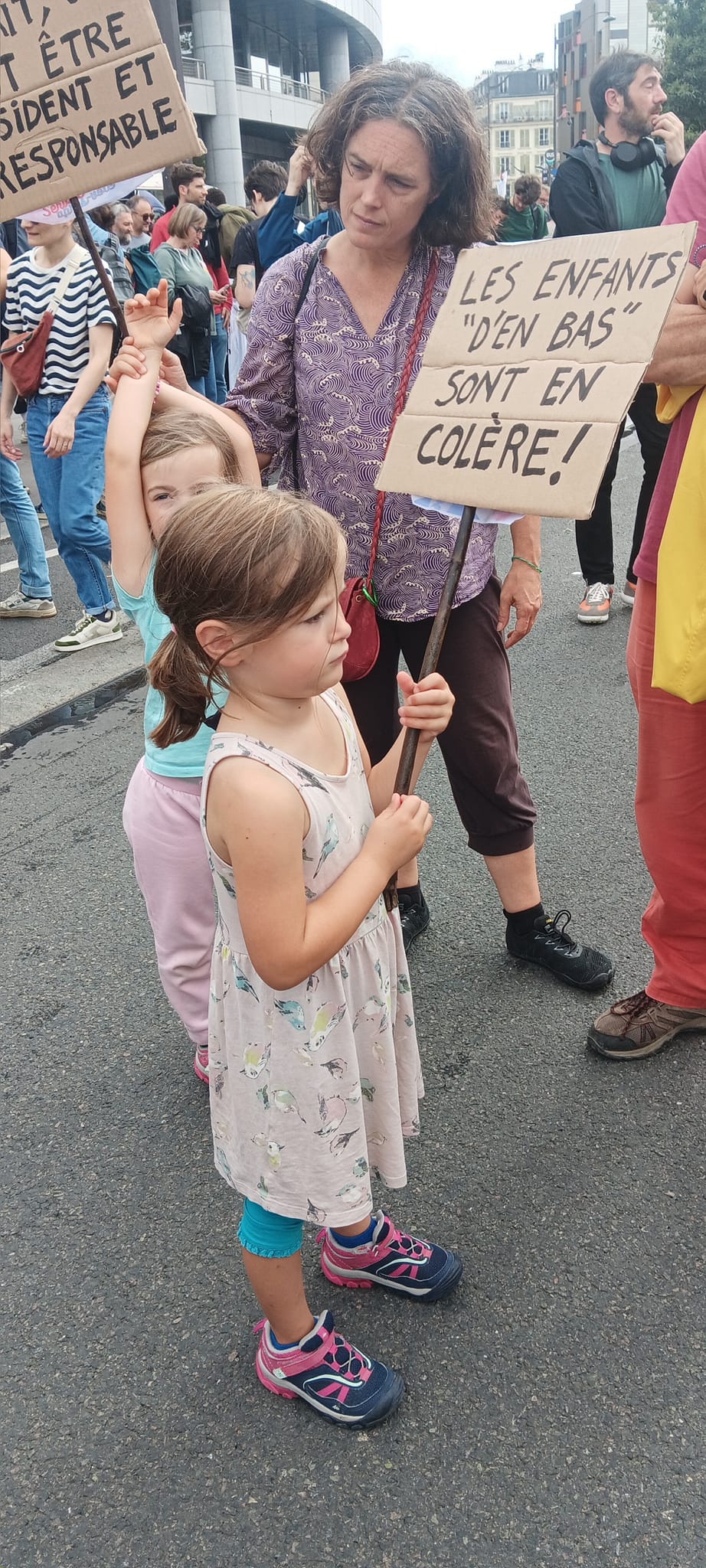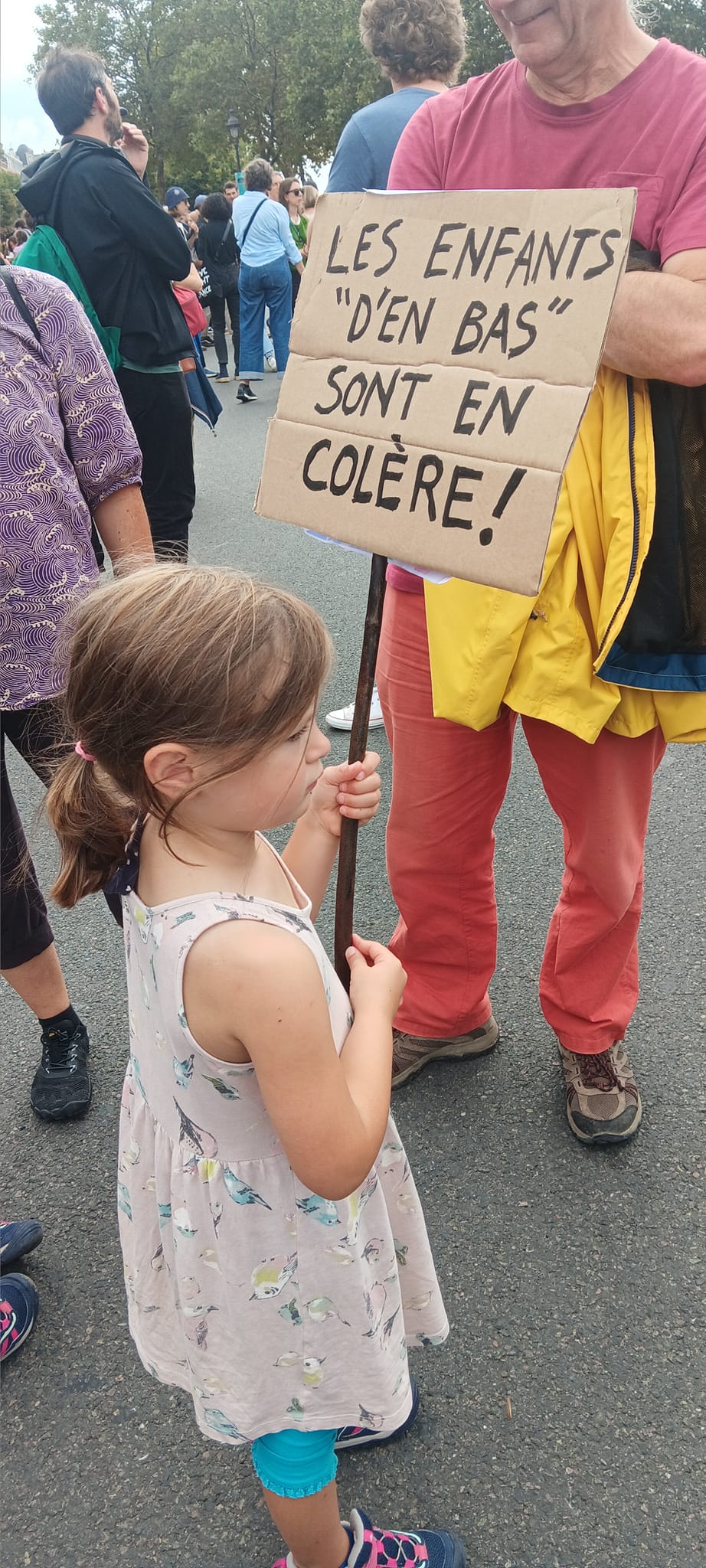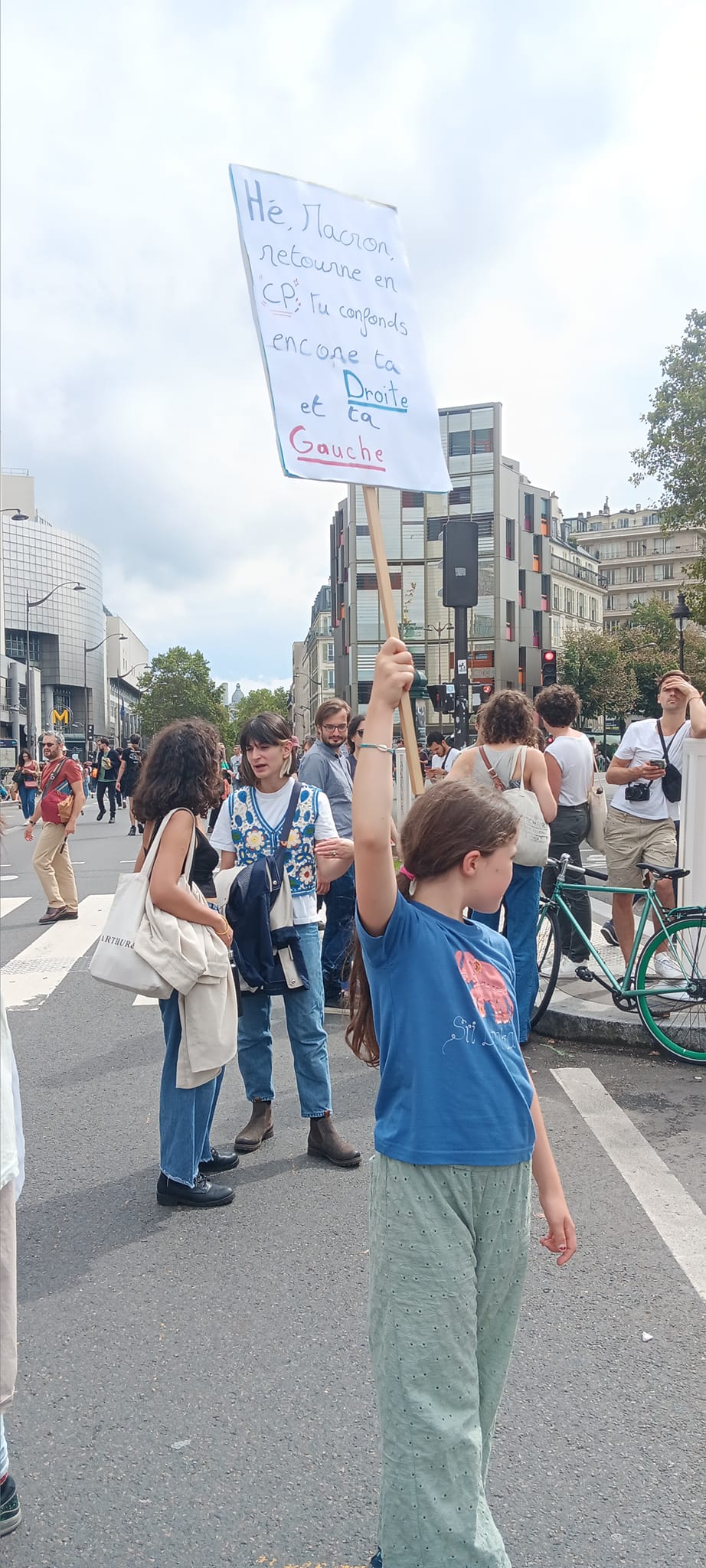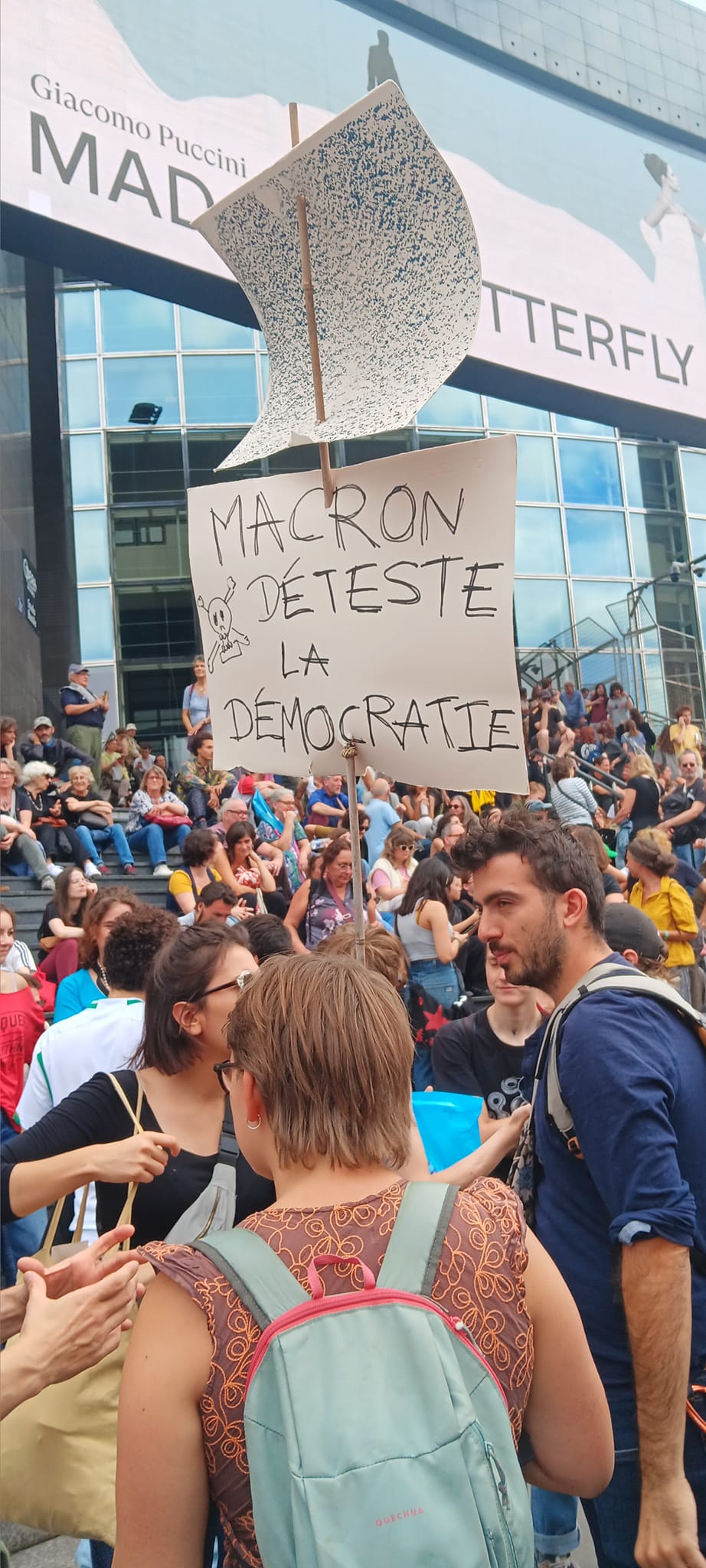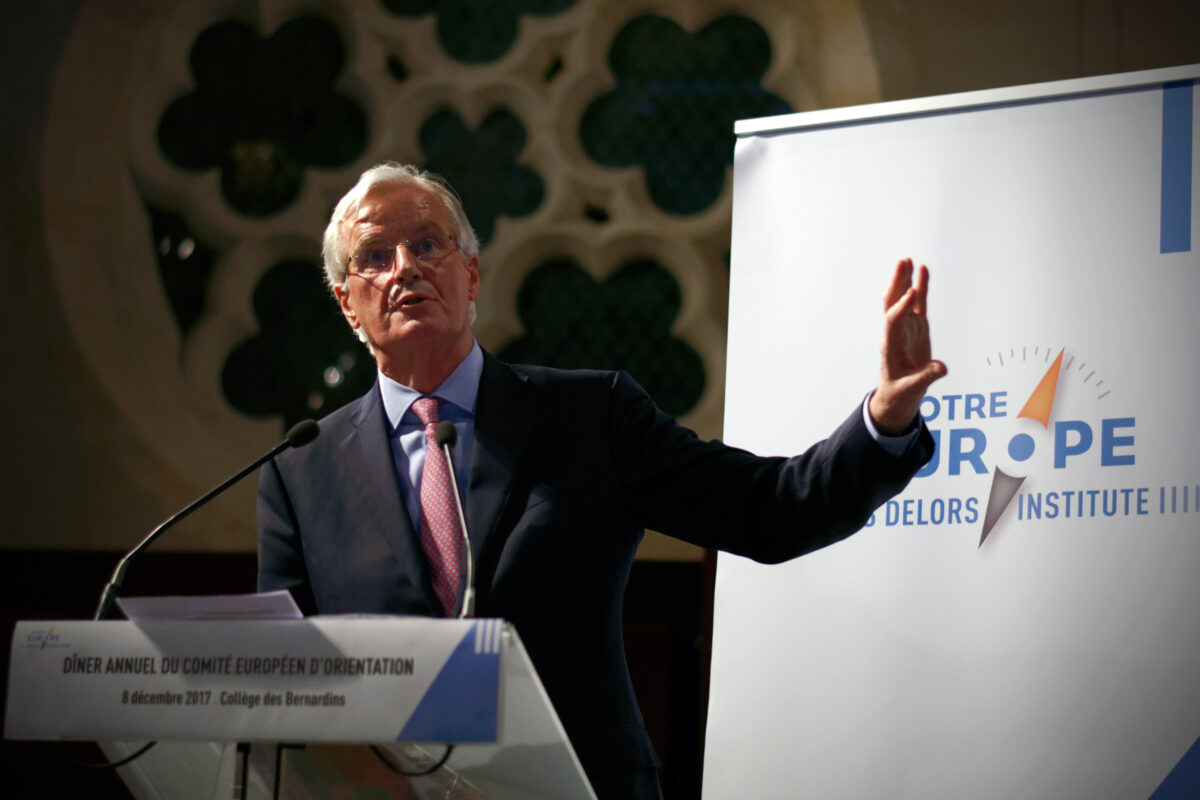Could you say something about your organisation, the Peace and Justice Project?
There are 60,000 people who’ve signed up for the Peace and Justice Project. Some of them contribute financially. Others receive information. We are working with and supporting trade unions on arguments about living standards, wage disputes and trade union rights.
A very important part of our work is increasing solidarity. We are also coordinating a lot of the independent left organisations around Britain after the 2024 general election, and developing a coherent left political voice in the country. It’s not yet a party, but it is a development that brings people together, essentially all based around grassroots organisation within communities.
Five members of parliament were elected as independents, four others and I, and we are united on the issue of grassroots campaigning and the voice of people being the one that drives politics.
We are holding the second of our international conferences on September 14th, and we are working closely with the Rosa Luxemburg Foundation and Progressive International on this. It’s a combination of physical and online conference. We’re expecting to have about 400 people attending the conference, and a very large number participating online.
The conference is about peaceful alternatives to war, which I’ll be talking about when I speak later today. This involves disarmament and spending resources on social needs. We’ve just produced a book called Monstrous Anger of the Guns, which is an analysis of the arms industry and its power of lobbying, which corrupts politics in all countries, but particularly Europe and the United States.
We also try to mobilise people through cultural and artistic endeavours. We have a program called Music for the Many. I think we have organised about 20 music concerts around the country in support of young people, live music and the creative endeavour of that.
We’ve also produced a poetry book called Poetry for the Many, which is now on its third edition. The first edition sold out in a month. The second edition is now sold out. A third edition has been printed, and we’ve been hosting discussion meetings around imagination and history and poetry. This brings in a whole new raft of people into political discussion. I’ve done about 15 of these events, mostly around Britain and Ireland.
So we’re very active in a lot of ways, and we are hopefully developing an inclusive place and a voice for the politically homeless.
What do you think about the recent military agreement between the United States and Germany?
In our book, we’ve exposed the power of the arms trade. But we all have got to recognize that the military alliances that dominate political thinking were from Europe through NATO. Now the main driver of foreign policy and economic policy is that all countries are increasing arms expenditure to at least two and a half percent of their gross domestic product.
In the case of Britain, this will mean another 30 billion pounds per year on armaments. That is a 700 million pounds weekly increase in arms expenditure. At the same time, like all countries in Europe, social spending is being cut.
The agreements with the US over access to bases and military are in part negotiated through NATO, and in part with Germany. In Britain, these agreements are called the Visiting Forces Act of 1952. Now the European Union under the leadership of Ursula von der Leyen is trying to develop itself into a military bloc as well.
A considerable number of countries have given up on neutrality. Now only Ireland and Switzerland maintain a neutral position on international conflict. I think the dangers of increased militarization of the economy and societies in the West is huge. But also the opportunity for the arms industries in Russia, India and China is huge.
So there is an economy based on a continuation of a war in the Ukraine that one day will have to end by negotiation. I don’t know the total number of dead yet, but it’s certainly well over half a million people that have already died in that conflict. And then you look at other conflicts, like Palestine, Sudan, Congo, and Yemen. You’re talking about a massive death toll all over the world from current wars, which is all being fuelled by the arms industry.
And when you’re talking about Gaza and Palestine, the weapons are being sent directly from the West
Yes, indeed. We work closely with the Palestine Solidarity Campaign and many other organisations in Britain. We’ve mobilised up to a million people at one go in support of Palestinian people, demanding not just a ceasefire, but an end to the arms trade between Britain and the Israeli government, and also the withdrawal of the Israeli occupying forces from both Gaza and the West Bank.
The news this week is terrible. Israel has now increased its military activity in the West Bank, and it looks to me as though the extreme right in Israeli politics is winning, and they want the complete annexation of the whole of what we recognize as Palestine.
Do you see a connection between these wars and what’s happening in Venezuela at the moment?
Yes. The connections are that the NATO Alliance, going back to the Lisbon conference in 2006, which is now 18 years ago, decided that NATO should have a global role. So NATO’s involvement in Afghanistan became a norm. NATO’s involvement in military consulting and activities all around the world, including in West Africa, is huge. Quite clearly, they want to attack the symbols of a different economic way of doing things in Latin America.
Hence the attacks on Bolivia, on Peru when it had a left President, on President Lula in Brazil, and, of course, on Cuba and Venezuela. So the question is one of solidarity we can mount in opposition to this economic and military expansionism by the West.
What does it mean that the German government is now sending refugees back to Afghanistan?
The European governments as a whole have an increasingly very bad record on the treatment of refugees and asylum seekers. I’m a member of the Parliamentary Assembly of the Council of Europe, and of the migration committee. A small number of us are constantly speaking up on the rights of refugees. They’re victims of war.
The people in Calais who try to cross the channel to go to Britain, the people in Libya trying to get into Italy, the people in Turkey trying to get into Greece, are nearly all victims of war or environmental disaster. The deportations that have now begun to Afghanistan is extraordinary.
Afghanistan does not fulfil any of the global humanitarian requirements – the Universal Declaration of Human Rights, the 1951 Convention Relating to the Status of Refugees, the Conventions on the Rights of the Child, the Beijing rulings or the Istanbul Convention on the Preventing and Combating Violence Against Women and Domestic Violence. There is no basis for removing anybody to Afghanistan unless it is just an act of aggression against people who are desperately seeking asylum.
Quite rightly, Ukrainian refugees have been supported and welcomed all across Western Europe. They’re welcomed into my own community, and they’re playing a great role within the community. The same welcome does not seem to apply to Palestinian refugees, to Afghan refugees, or people coming from Libya or Syria or any other place of conflict, including Eritrea, Ethiopia and West Africa.
It looks awfully like a race agenda by Western Europe about who are acceptable refugees, and who are not. This, of course, plays into the hands of the rise of the far right in Europe – the AfD in Germany, the equivalents in the Netherlands, France, Italy, and now the Reform Party in the UK.
Why were there recently racist riots in Britain and what can we do to stop them?
The racist riots were very frightening and very bad. The immediate issue was that three children were murdered in a dance class in the North-West of England, in a place called Southport. Social media then went into overdrive claiming that the person who had committed the murder was an asylum seeker. He was actually born in Britain. This doesn’t make the crime any less but it’s simply not the case that he’s an asylum seeker.
That provoked Tommy Robinson and the far right to go out on the streets and attack mosques and particularly covered Muslim women on the streets. It was bitter and violent and vicious.
The response of the anti-racist movement was very quick and very good. They offered practical help to the mosques that had been attacked with repainting, rebuilding, finance and so on. That happened straight away. It wasn’t organised by the government; it was organised by people.
Secondly, there was a big demonstration of support. I organised one in my own constituency as a solidarity rally outside our biggest mosque. It was huge. A very large number of people came.
But – and this is the important part – it isn’t just about declaring against racism. It is about looking at the ground on which the far right feed their anger. They blame refugees for the shortages of housing, for the shortages of school places, for the waiting lists in the hospitals, and the increasing levels of poverty in working class communities, where austerity has cut their living standards by 20% in the last decade. At the same time, the wealthiest have grown wealthier.
The far right do not address the political causes of poverty. They try to blame it on minorities, as the Nazis did in Germany in the 1920s and 1930s. It’s a carbon copy of the methods of the Brownshirts at the time the Nazis were coming to power in Germany.
The important thing is that there be a political answer from the left. This means challenging the economic power and the inequality within our society on the basis of working class solidarity. And the working class is class, not colour. It’s all colours.
And that is capitalism. Do you see an alternative to capitalism?
Yes, I’m a socialist. Of course you have an alternative. This alternative is the demands of universal supply of health, of housing, of education. The alternative is recognizing every child in school is a valuable person with the same humanity as the rest of us and not to have a competitive education that discards the ambitions of a large number of working class youngsters.
It’s about class. It’s also about trade union membership, trade union powers and rights, and about public ownership of crucial services. In Britain, our project, the Peace and Justice Project, strongly supports public ownership of water, rail, mail and energy companies.
Lots of left people worldwide say Kamala Harris is now the alternative in the US
Well, I’m not a supporter of Trump and I’m not an admirer of the US Democrats either. They have presided over the most appalling attacks on refugees and migrants within the USA. More people have been deported under Biden and Obama than done under any other president, such as working class Mexicans, Guatemalans and so on.
I can see why a defeat of Donald Trump is something that would make me and a lot of other people very happy, but I’d rather see some much stronger working class alternative in the USA, not two corporate parties that are essentially offering much the same economic message.
What challenges do you think face Claudia Sheinbaum in Mexico?
She has enormous challenges ahead of her. She was a very effective mayor of Mexico City. I know her. I’ve met her, had long discussions with her, and I think she will continue on the path of social justice within Mexico.
The MORENA party has managed to win a huge parliamentary majority, as well as a vote majority for her. It has a nationwide organisation in every town and village. I hope it gets even stronger, but above all, I hope it challenges what are grotesque levels of inequality in Mexico. A lot of progress has been made, particularly education and health, but there’s a long way to go in Mexico.
It’s less than two months after the British election. Everybody was happy that a hated Conservative government has gone. What’s your assessment of the new Labour government under Keir Starmer?
The election was an interesting experience for me. I stood as an independent for the first time ever because the Labour Party refused to even allow my name to be considered as a candidate. I stood as an independent, and we won. My election manifesto was about ending nuclear weapons. It was about peace, about ending arms supplies to Israel, about public ownership and the redistribution of wealth and power.
These are principles that I managed to put into our previous Labour Party manifesto. We won with 50% of the vote in my constituency. I’m very proud of that result. It was a popular result of people coming out to campaign.
The Labour Party’s national vote was lower in this election than it was in 2019 and three million less than we achieved in 2017. Because of the British electoral system, it still became a big majority because of the growth and support for Farage and the Reform Party at the expense of Conservatives.
Since coming into office, the government has done a number of things. It has promised that there’s going to be more austerity. It has refused to remove the disgusting prevention of large families getting the same benefits for all their children as everybody else. Benefits only apply to the first two children. The others get nothing, which is immoral, in my view.
And they have also promised to increase defence expenditure to 2.5%. it’s not a good start, and I suspect this is going to be the source of huge conflict. I would like to sit here and say I’m hopeful. Sadly, I’m not.
Questions: Carmela Negrete, Phil Butland
